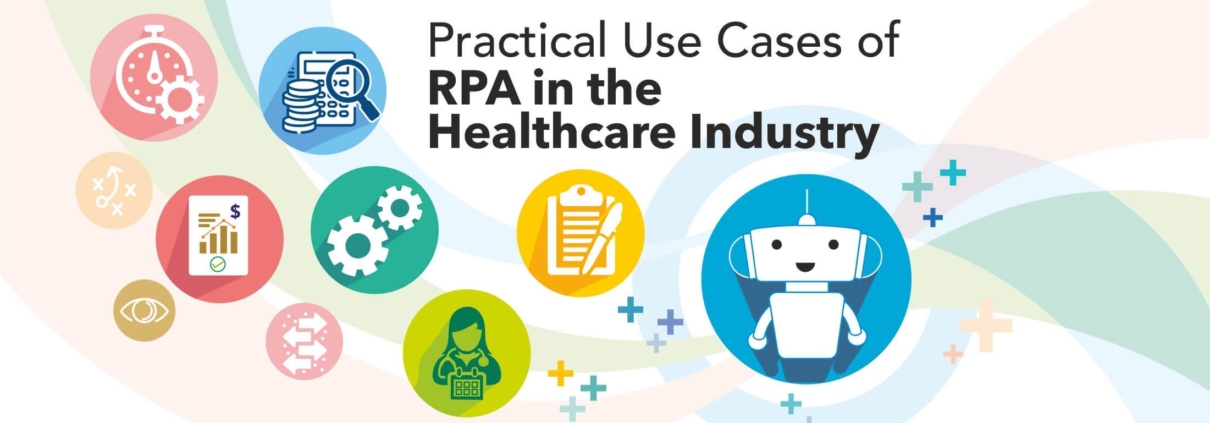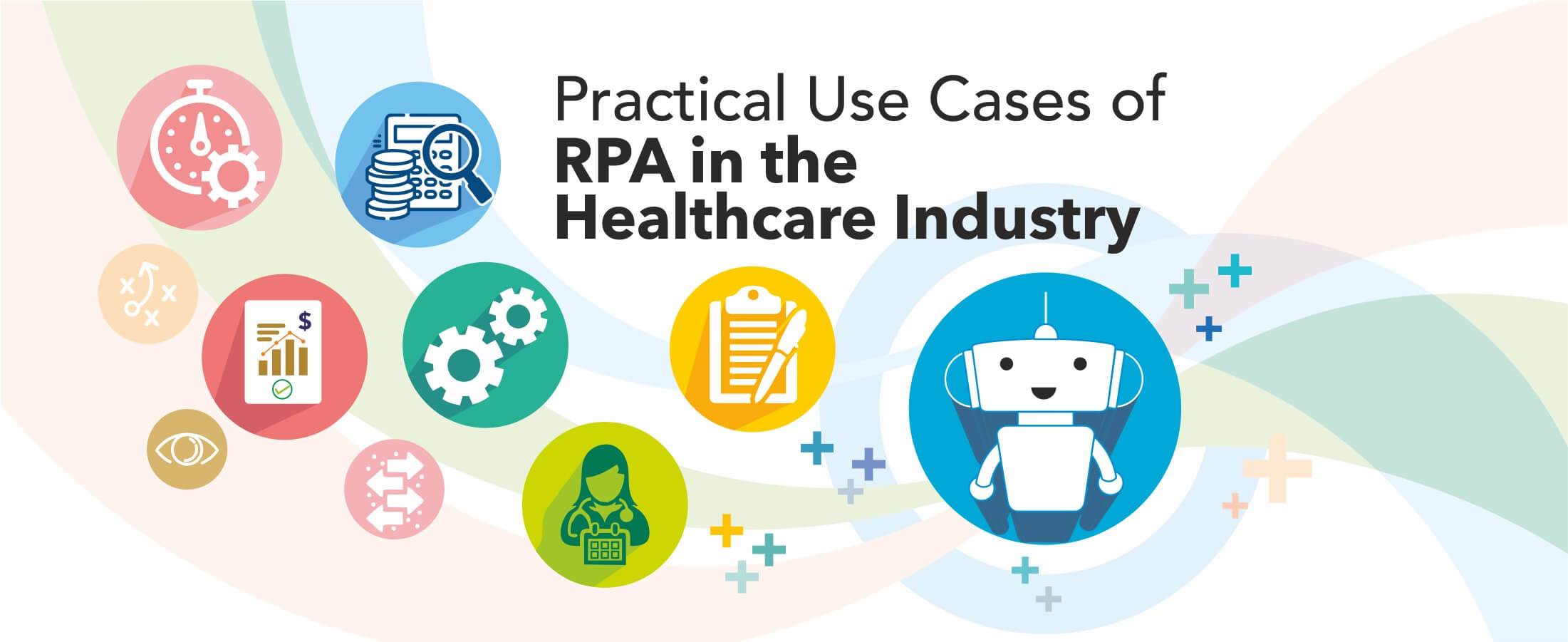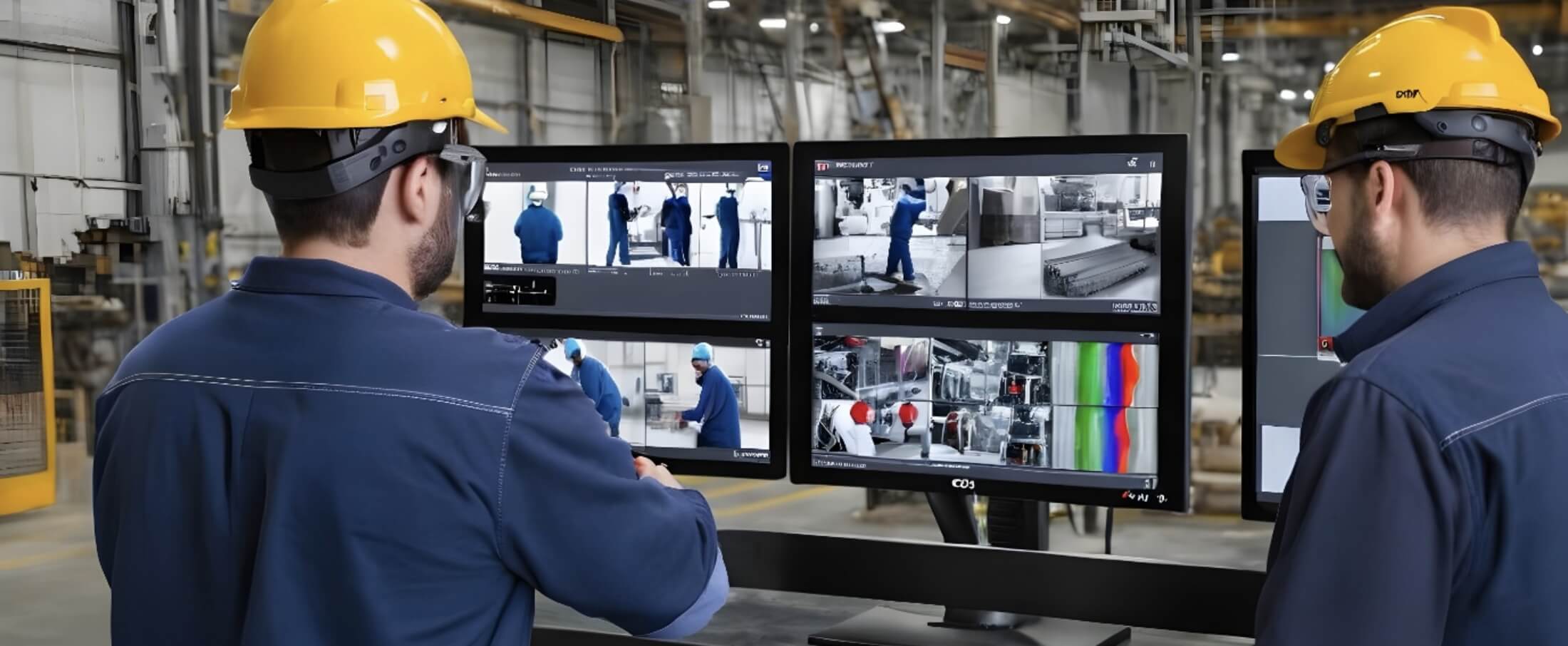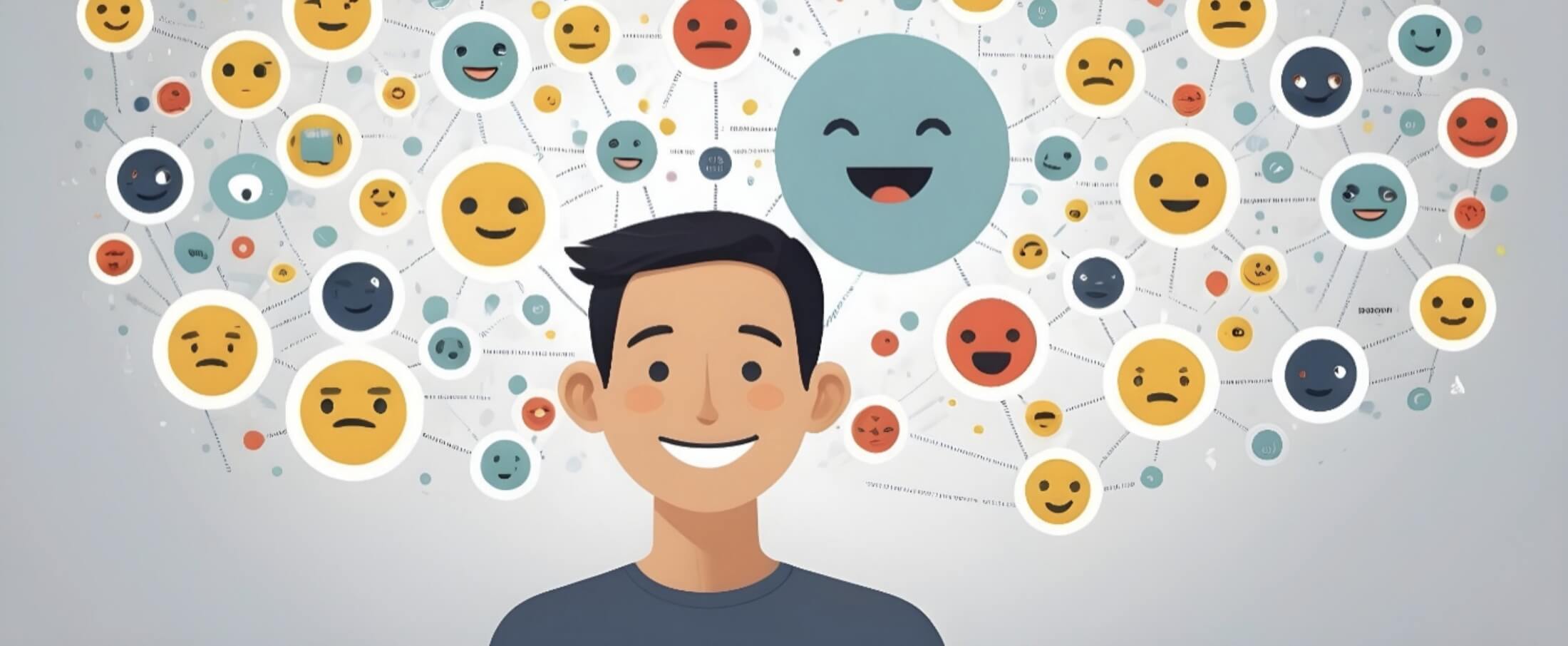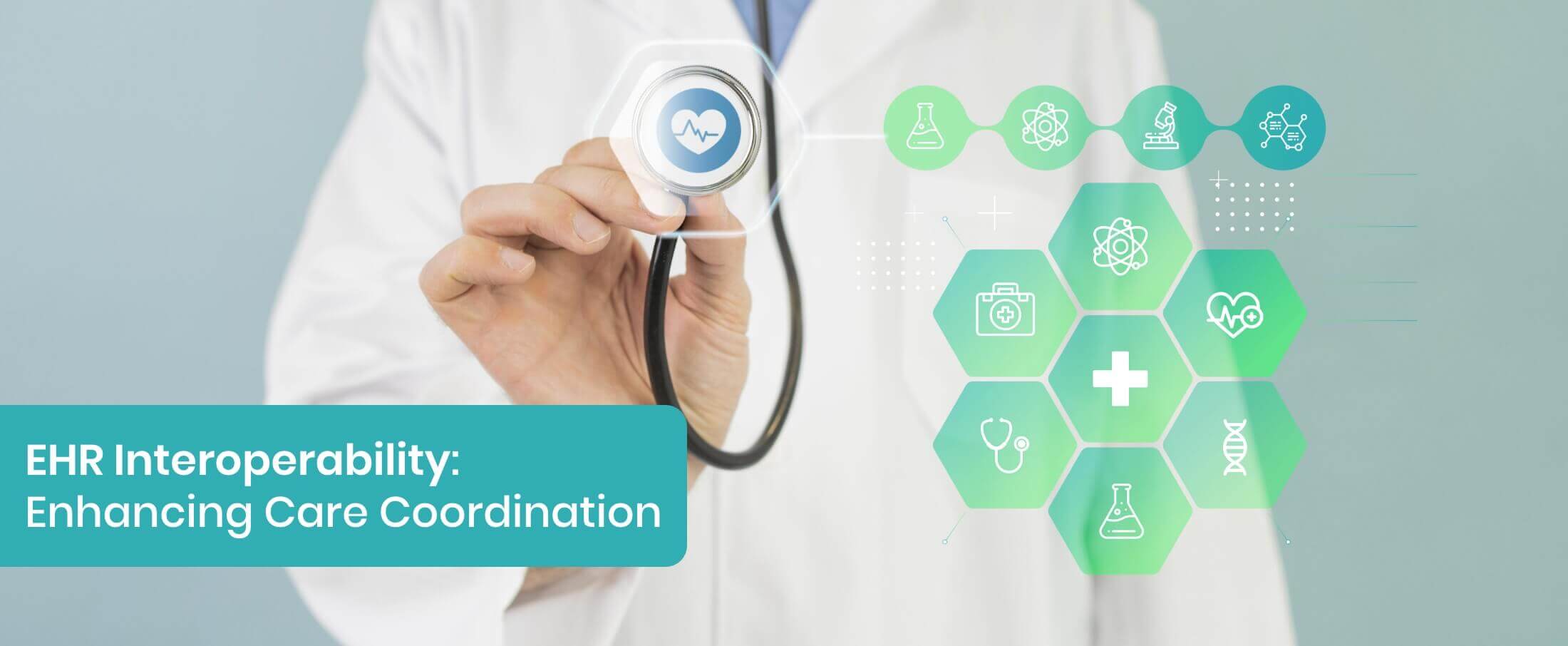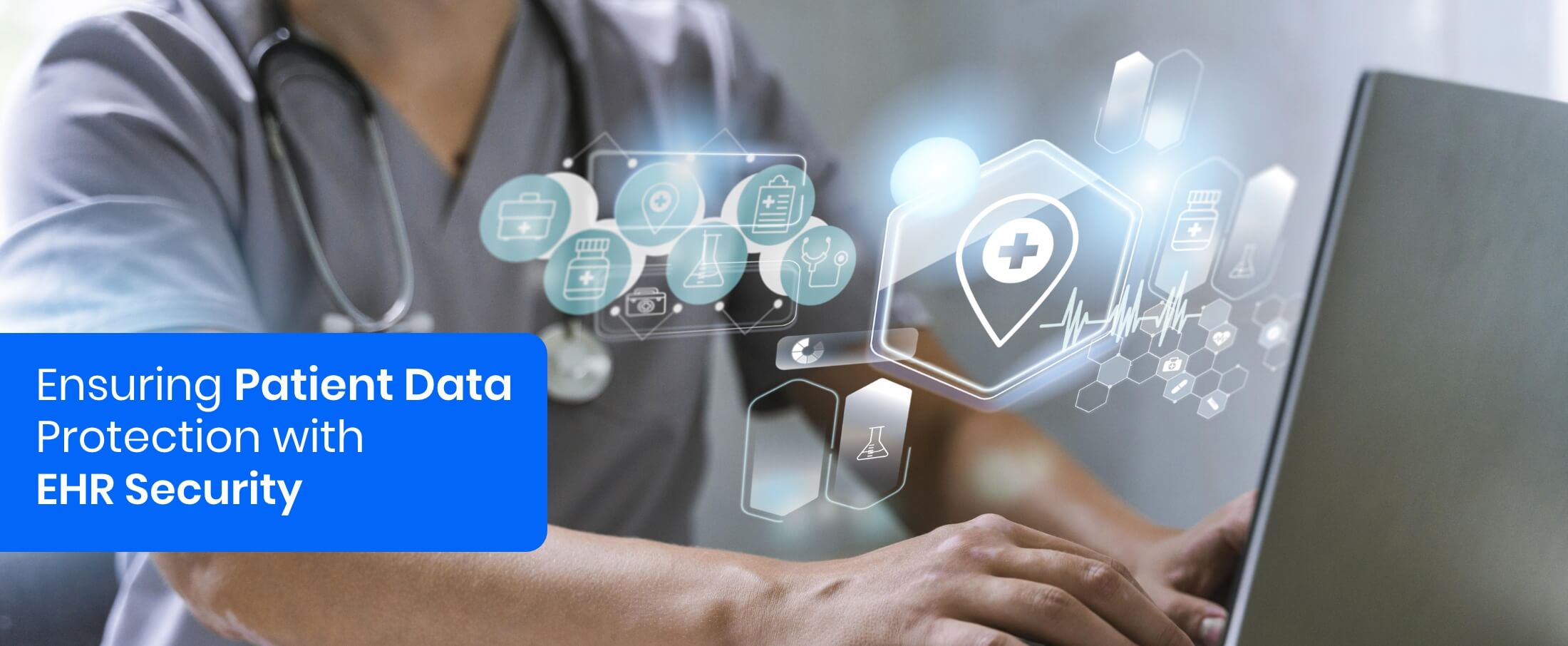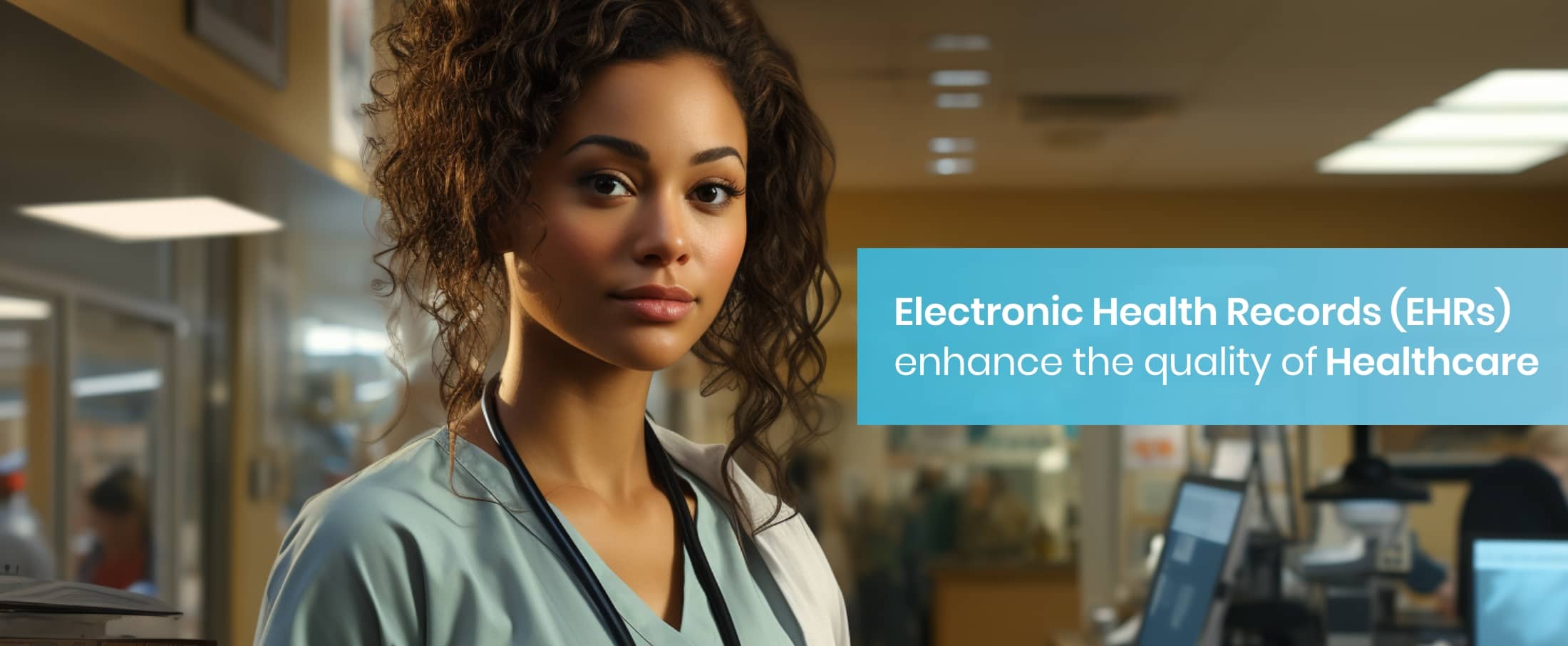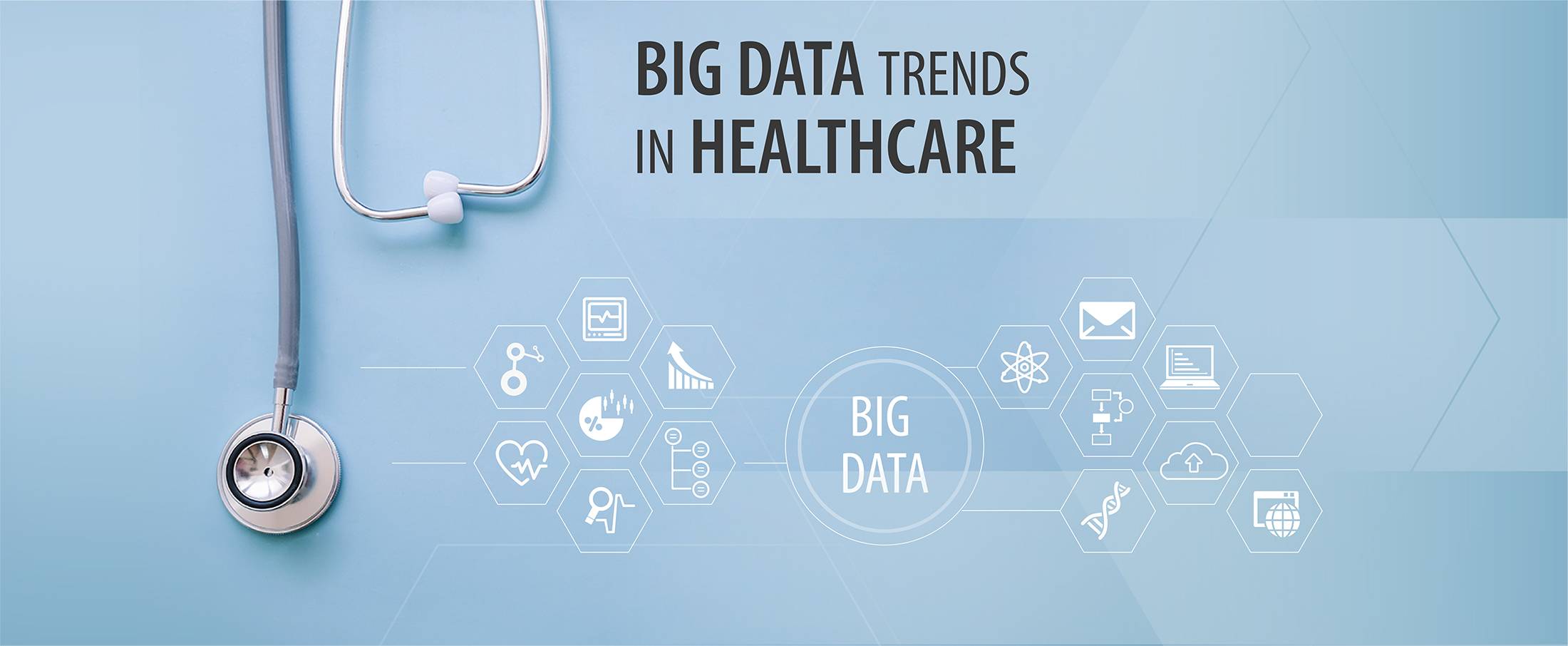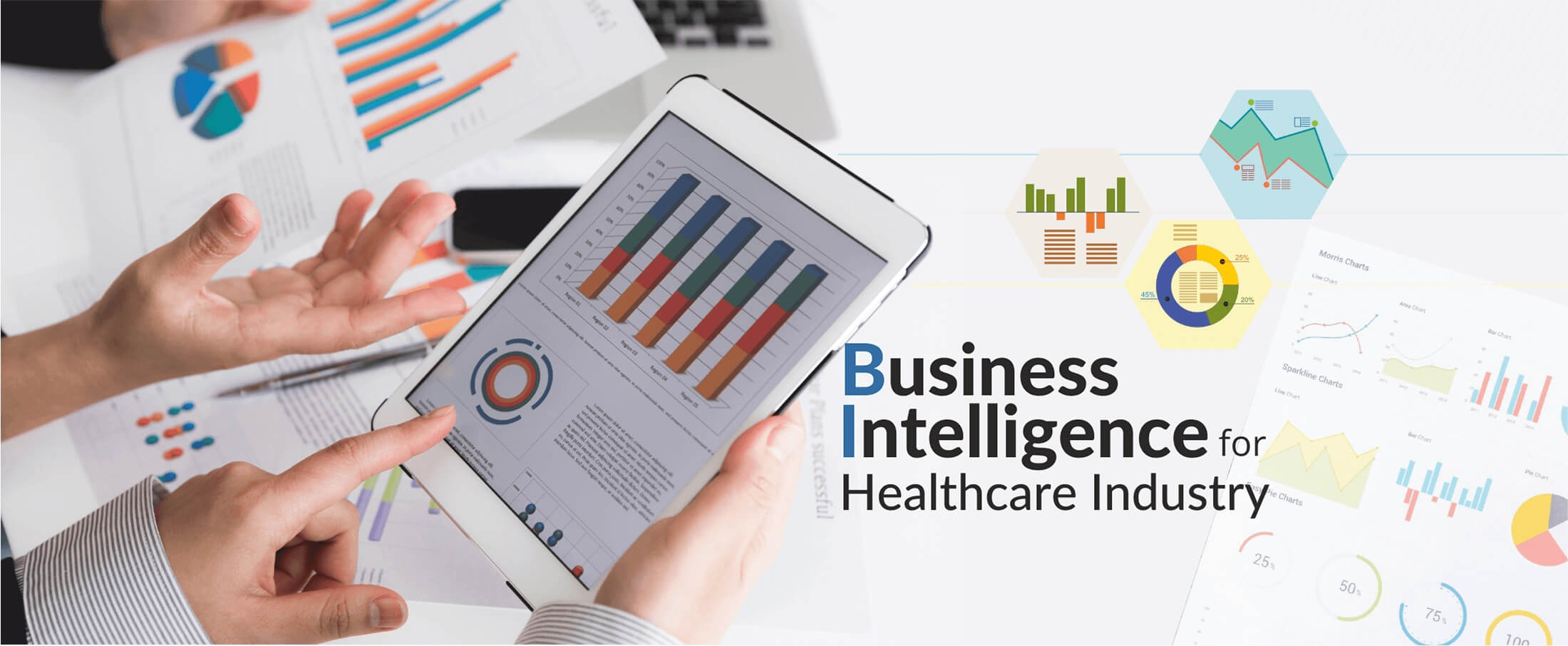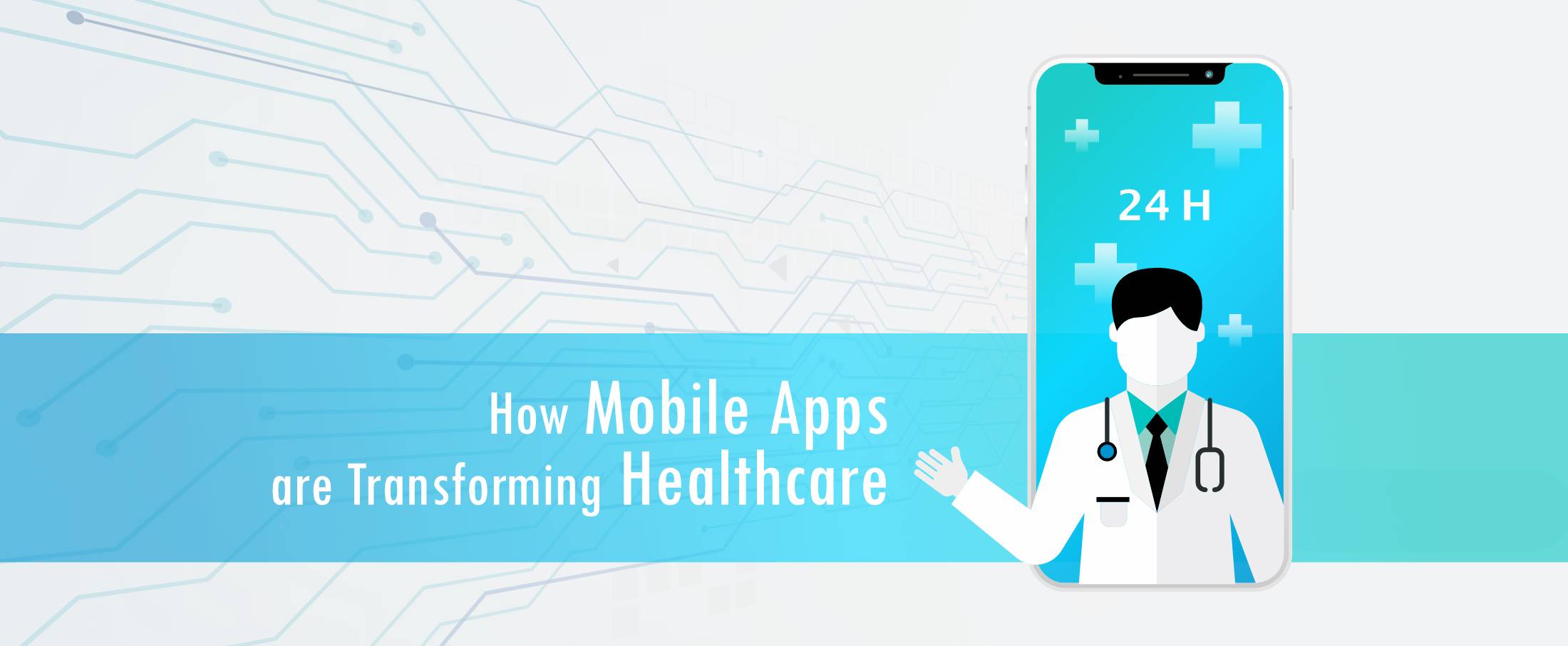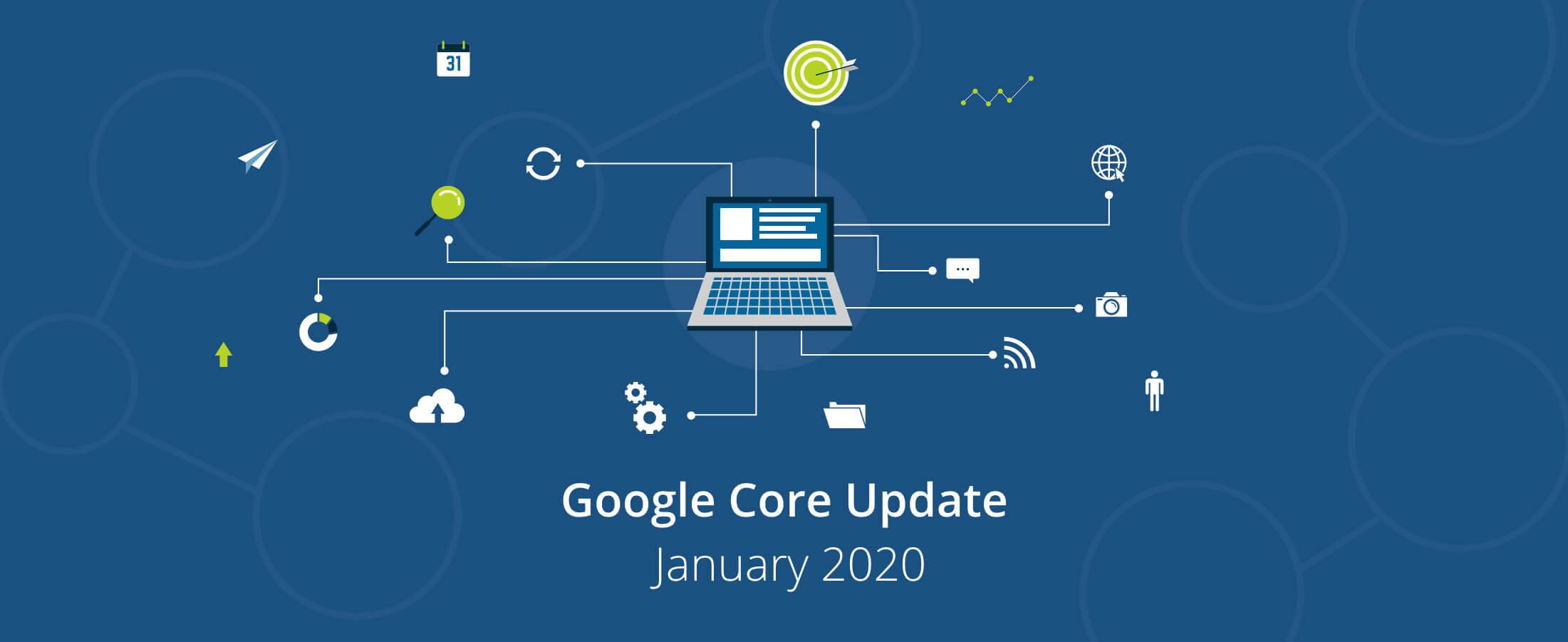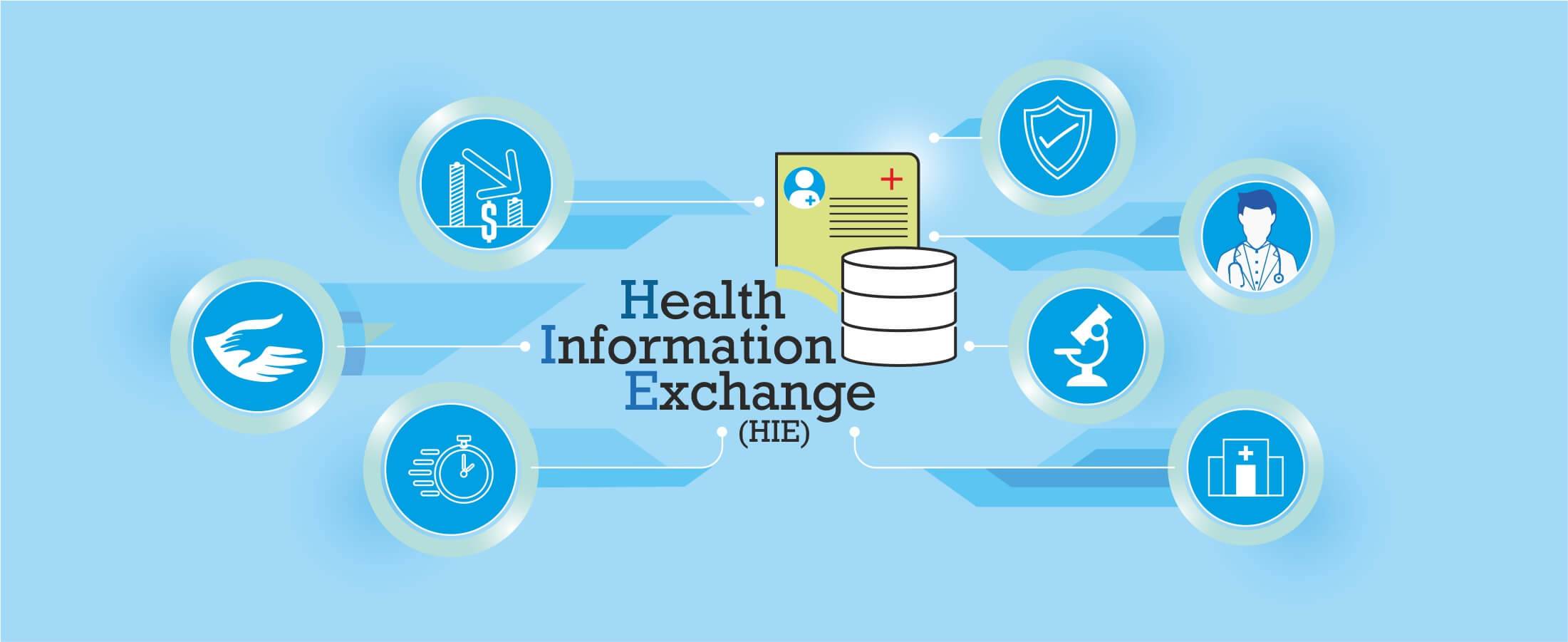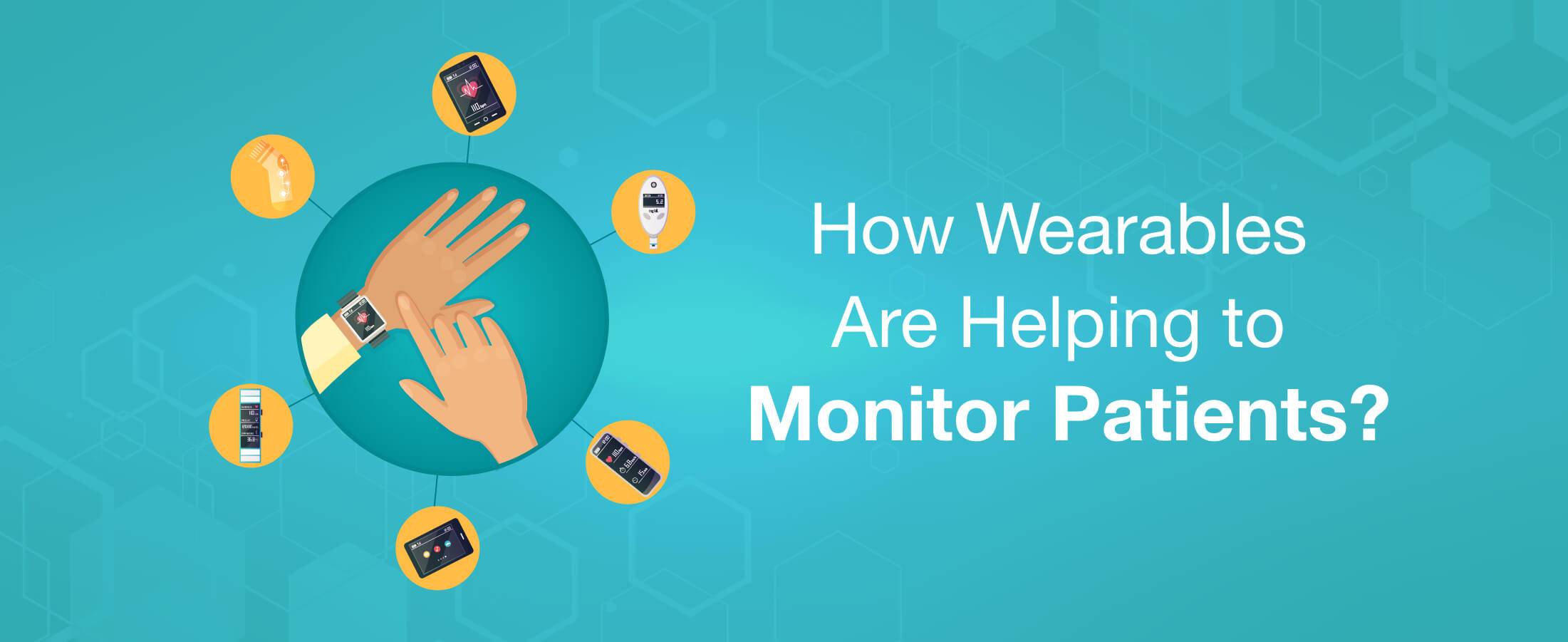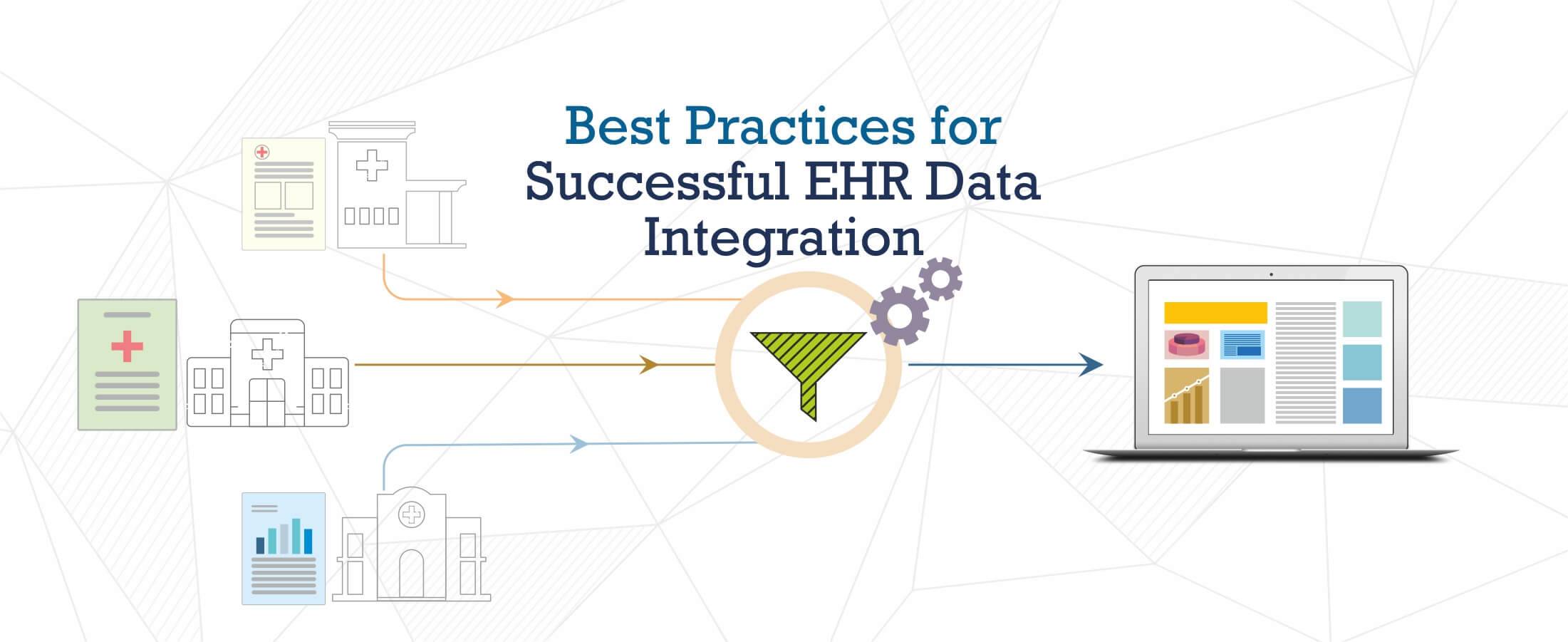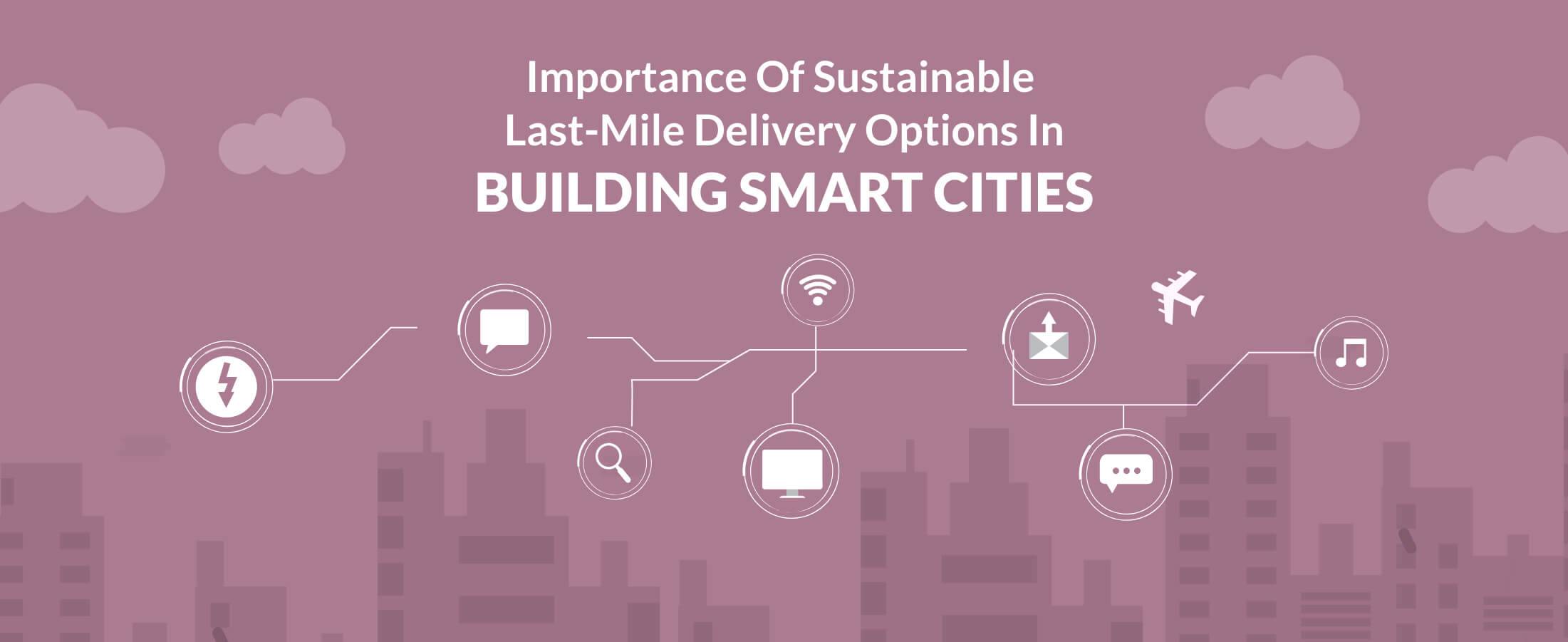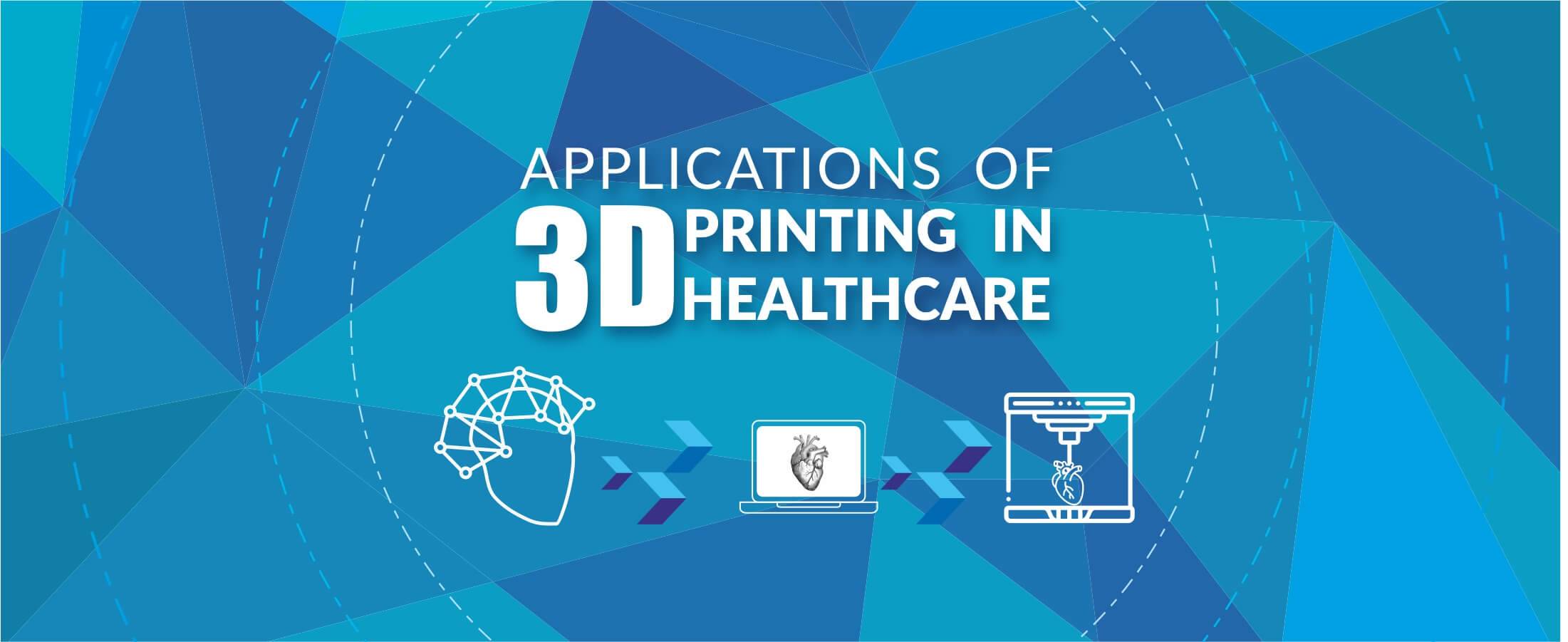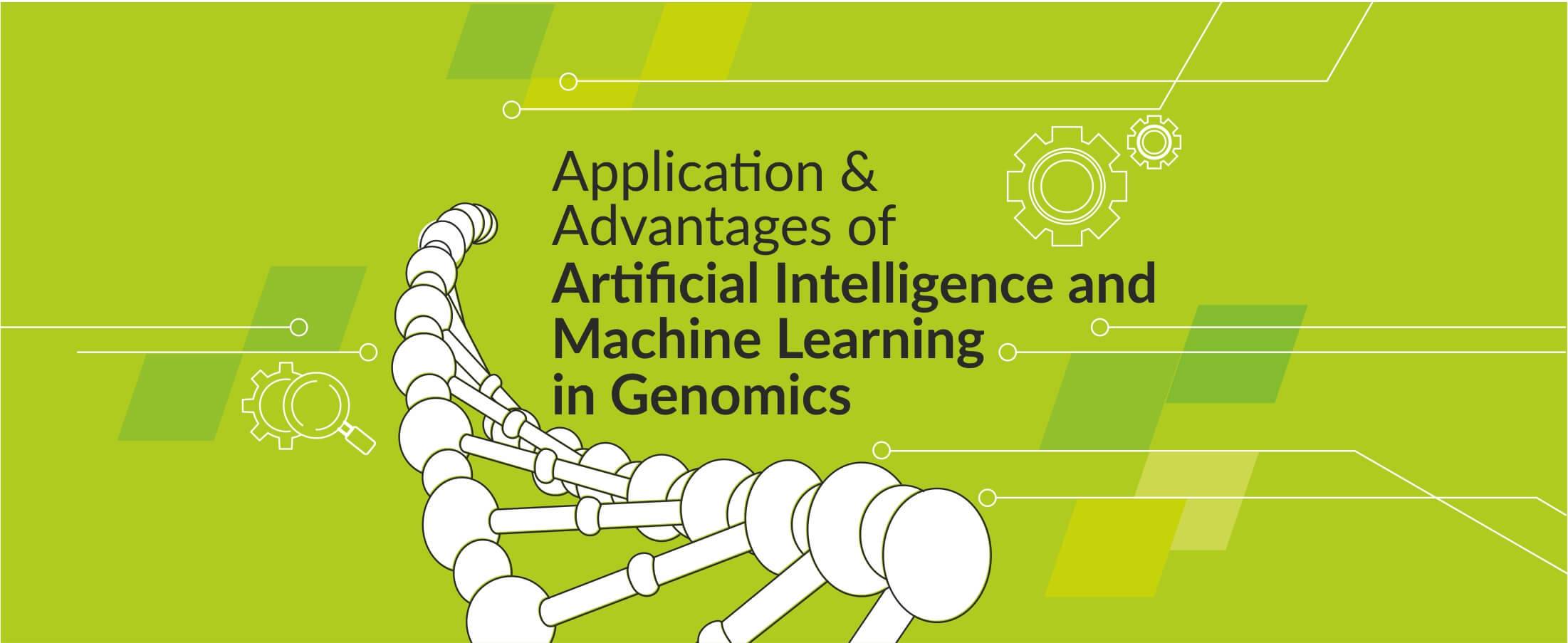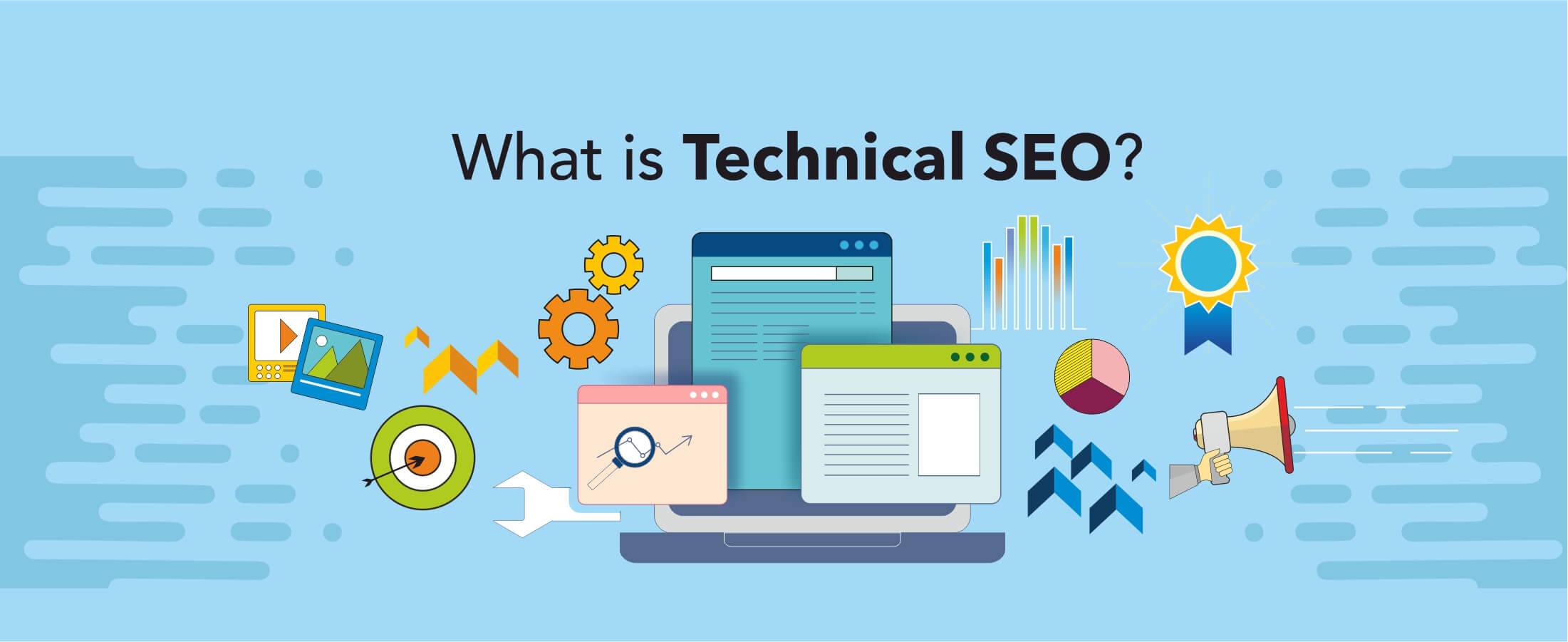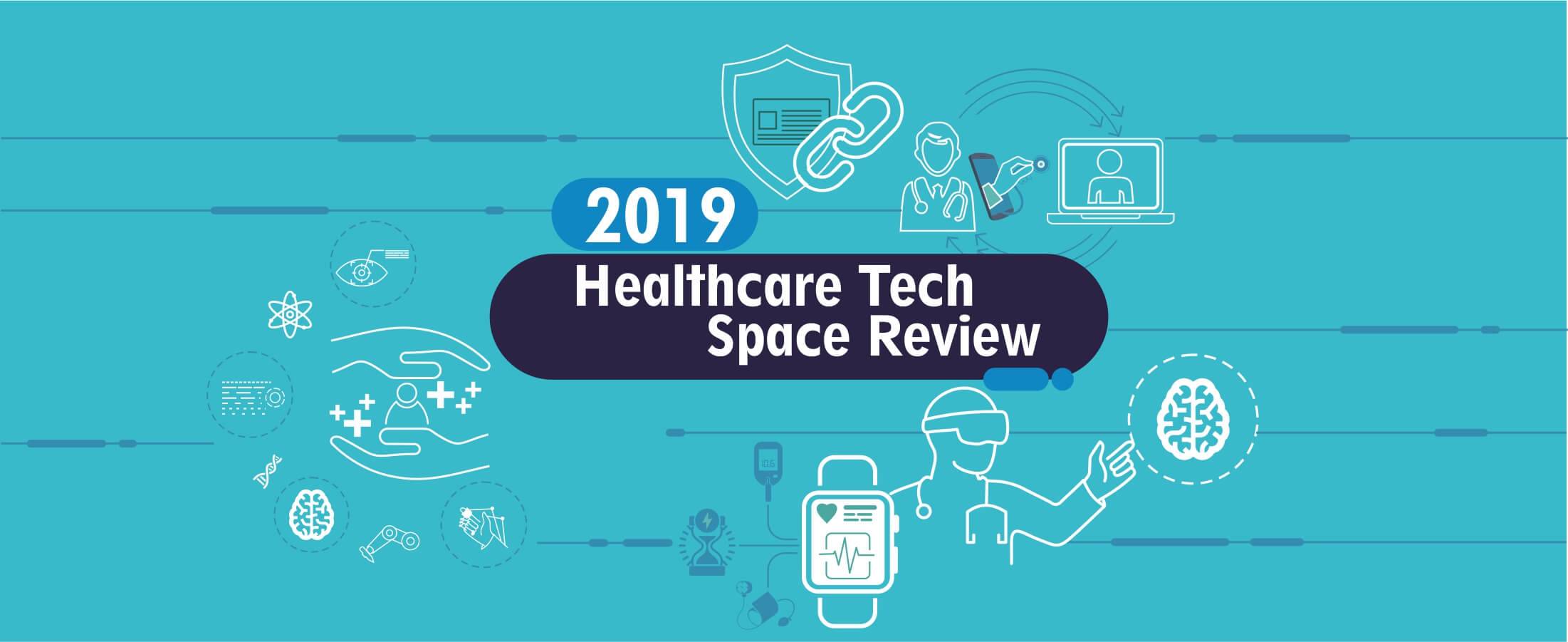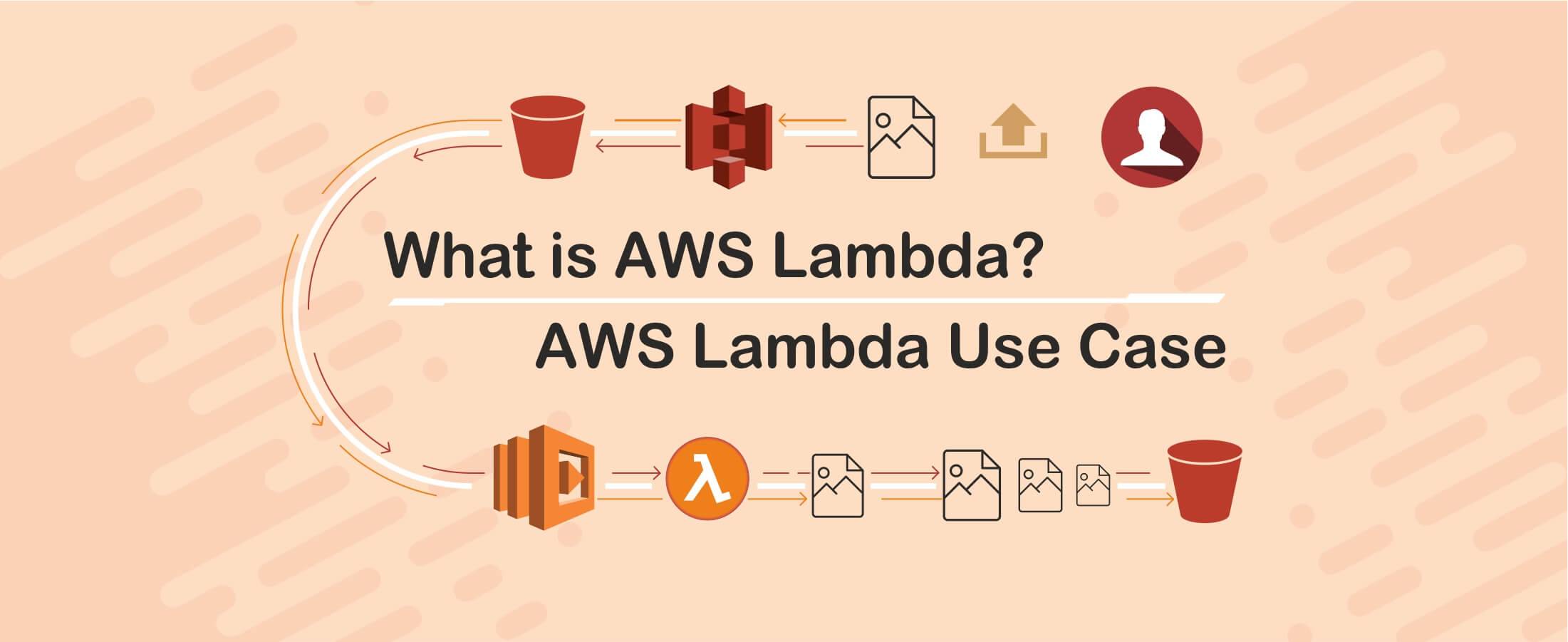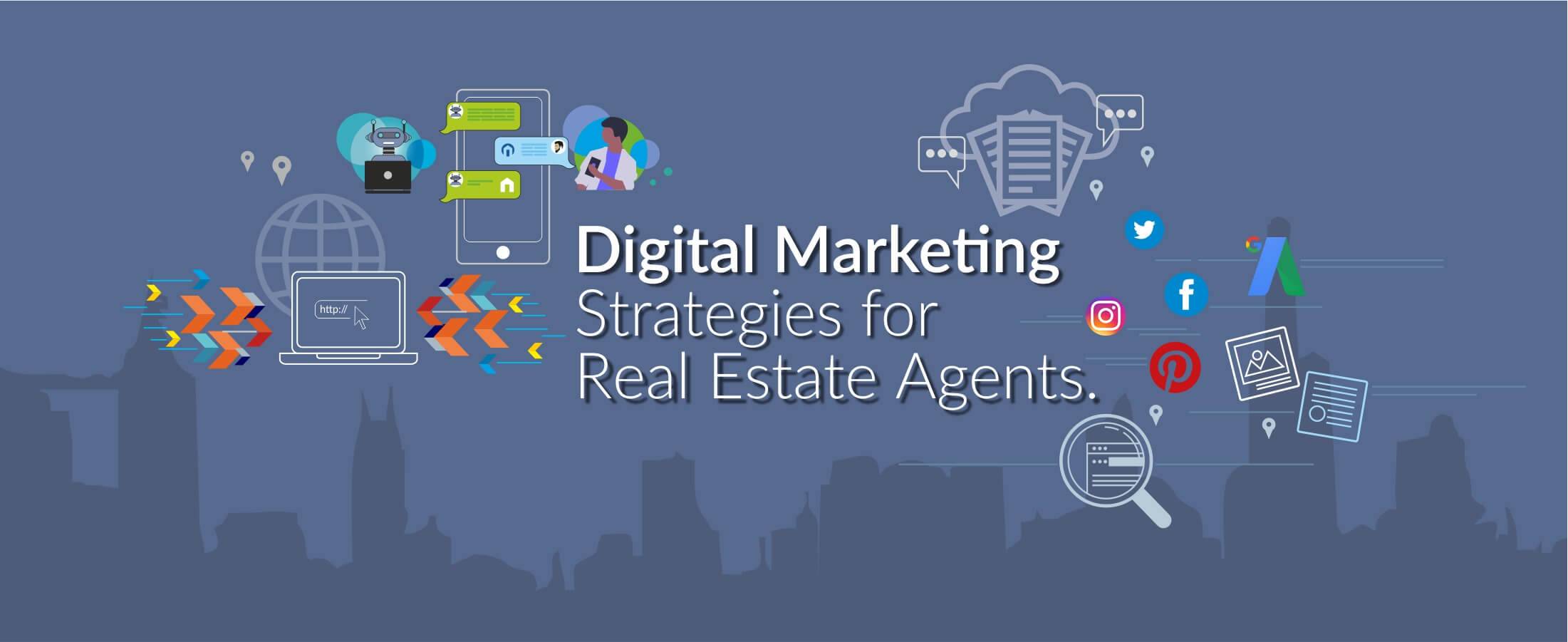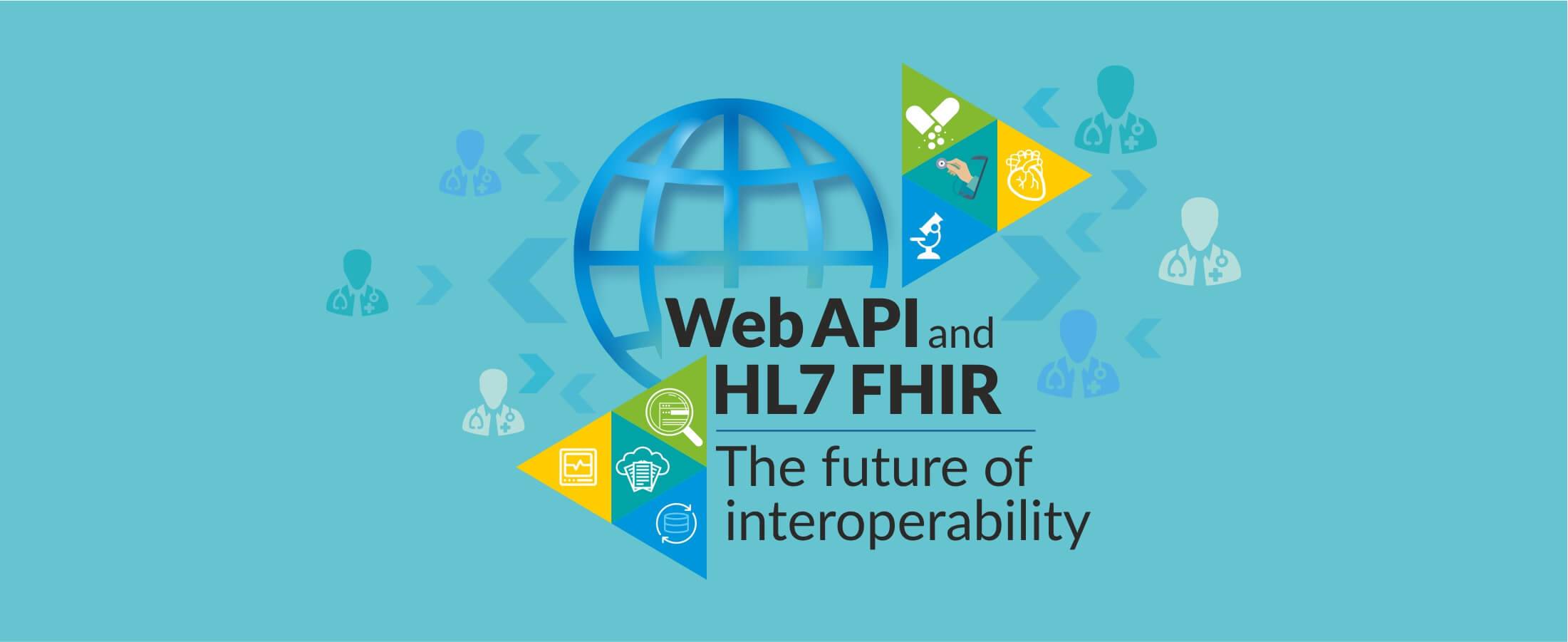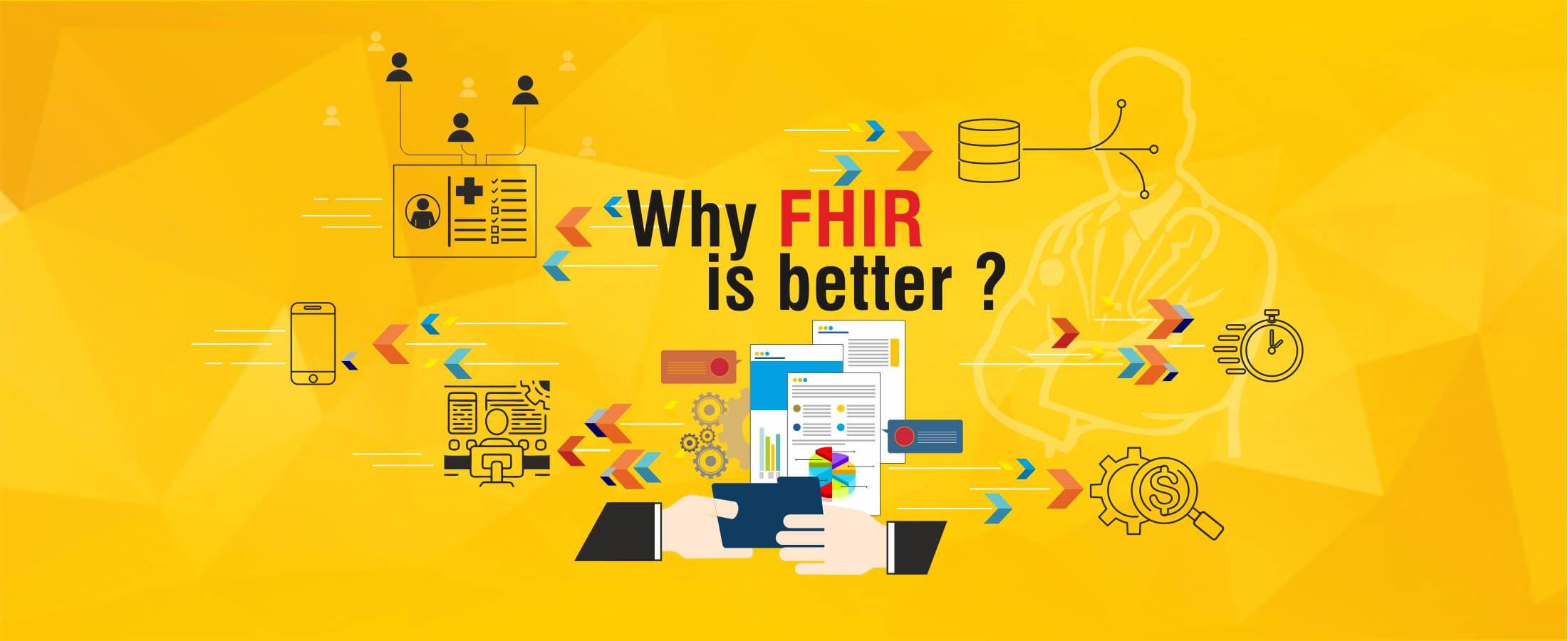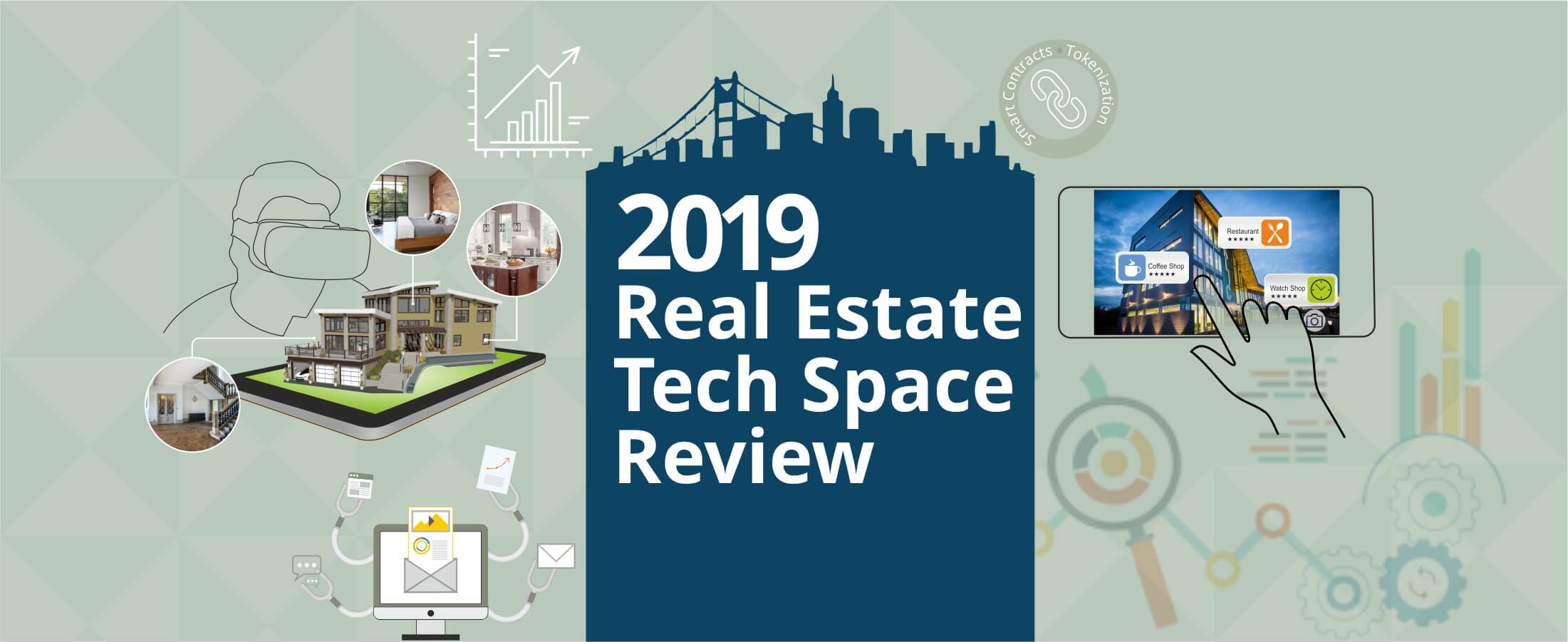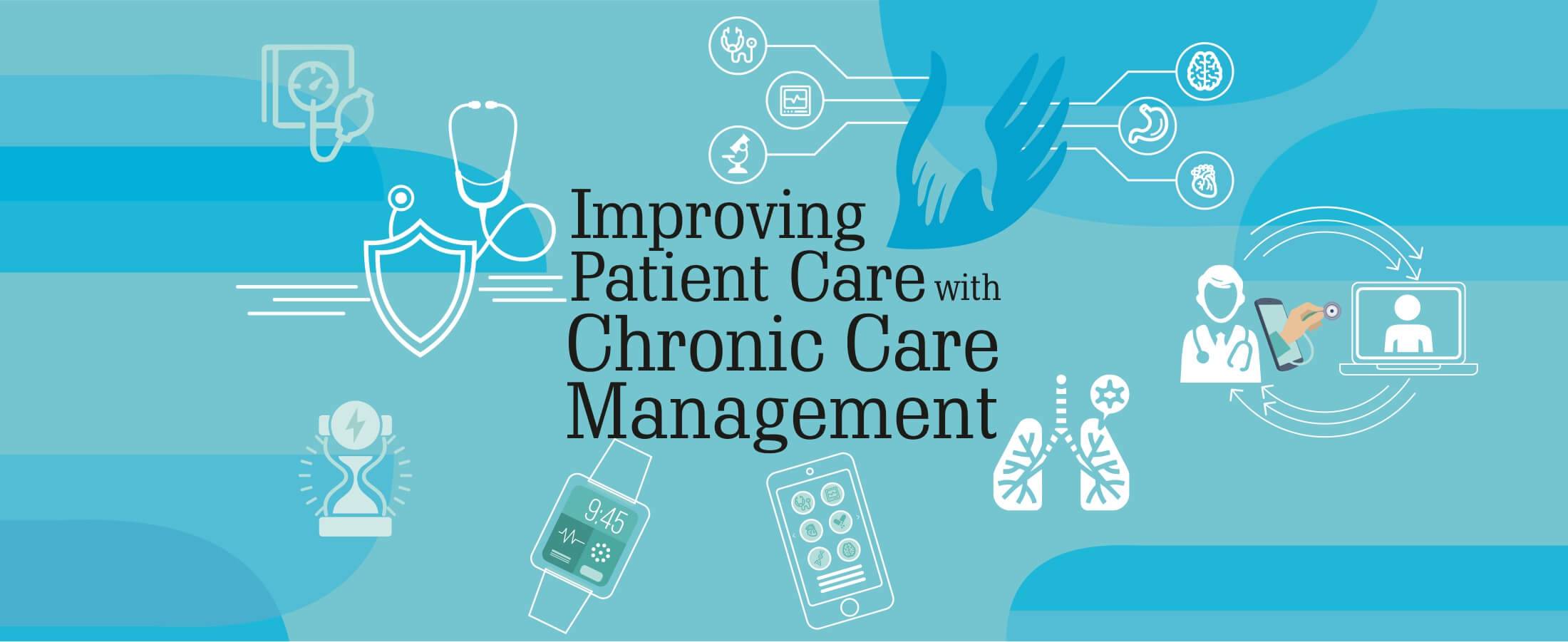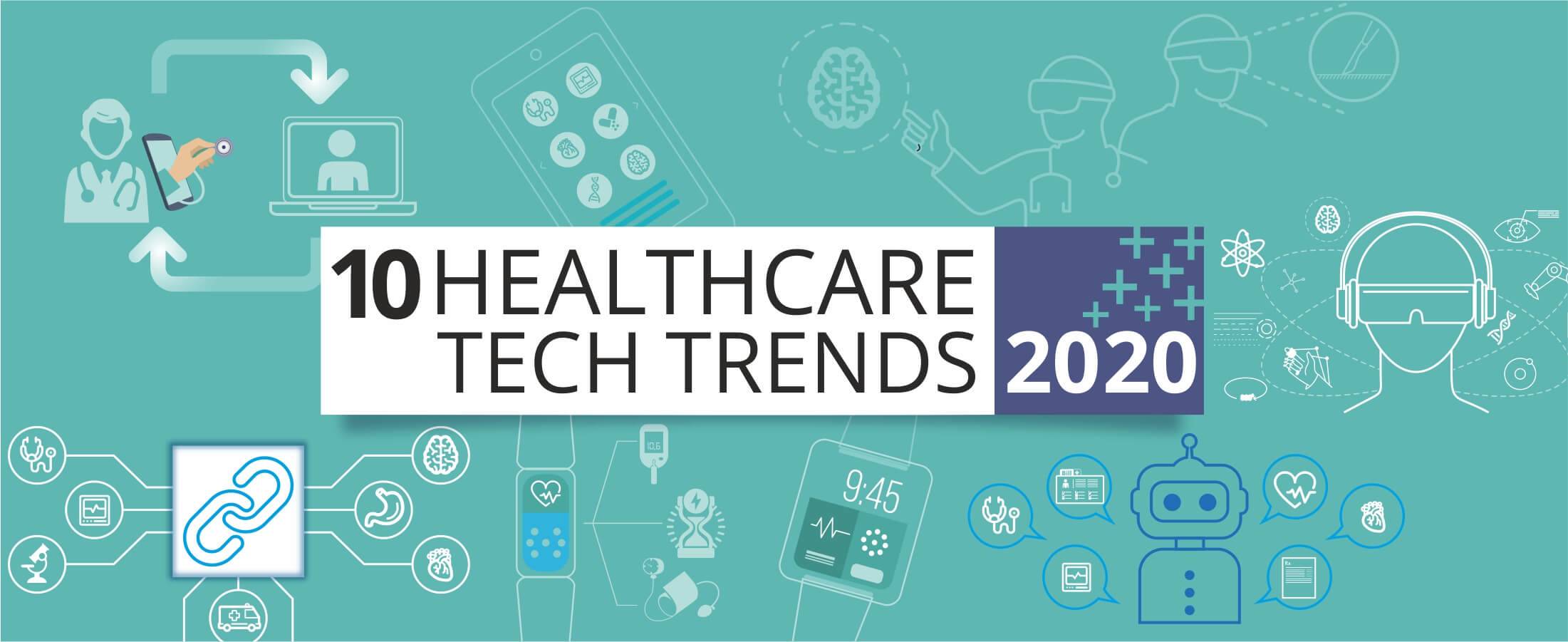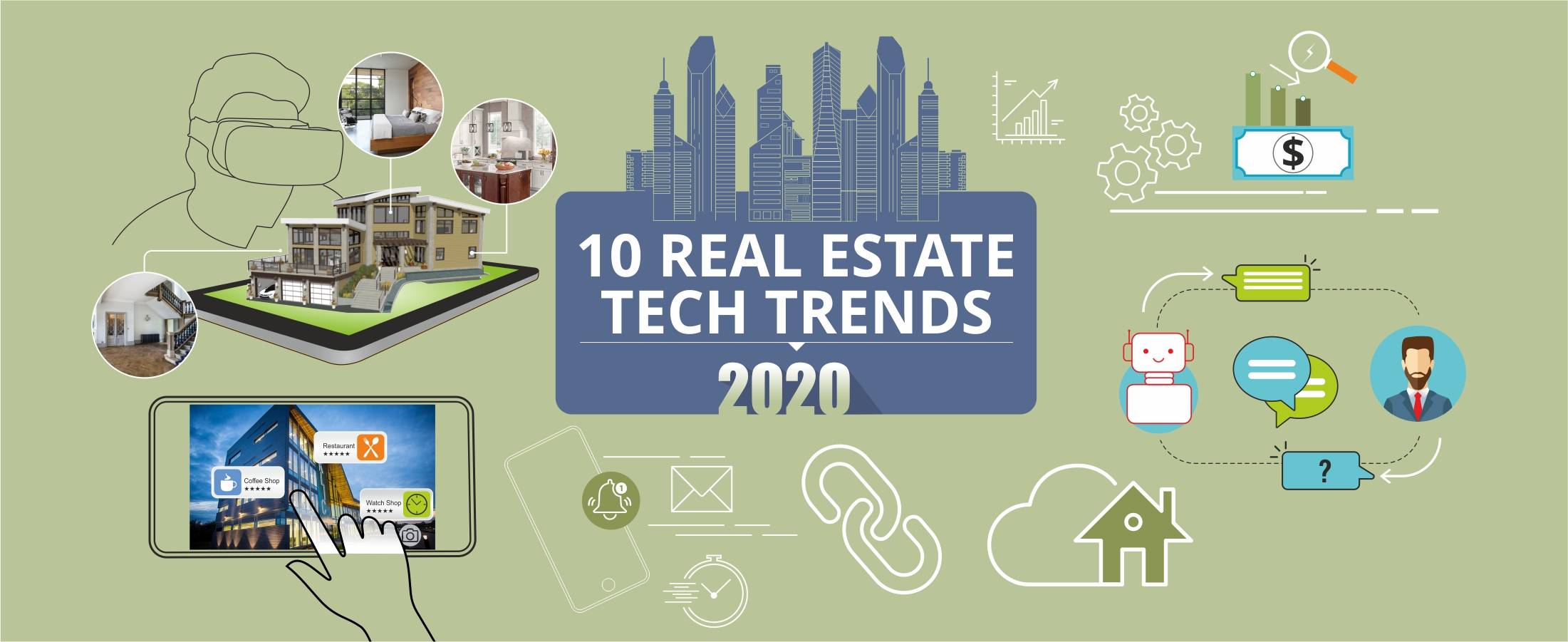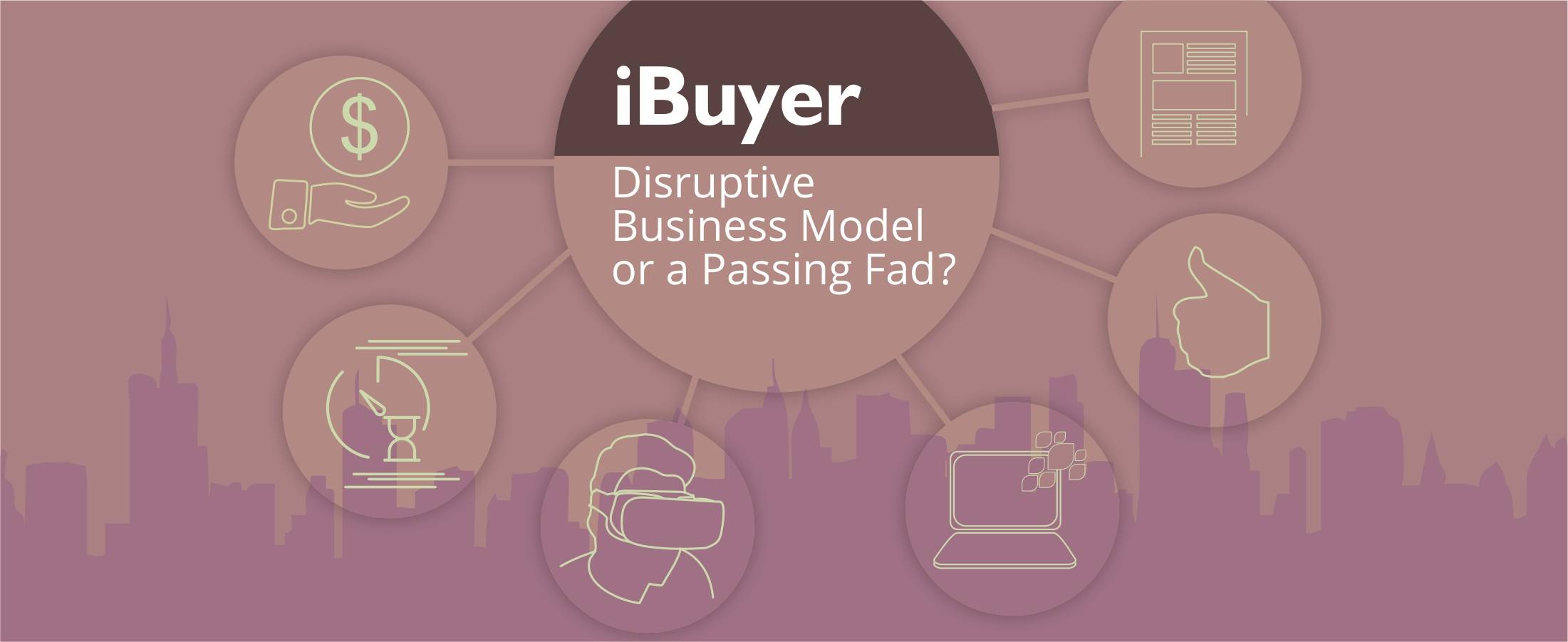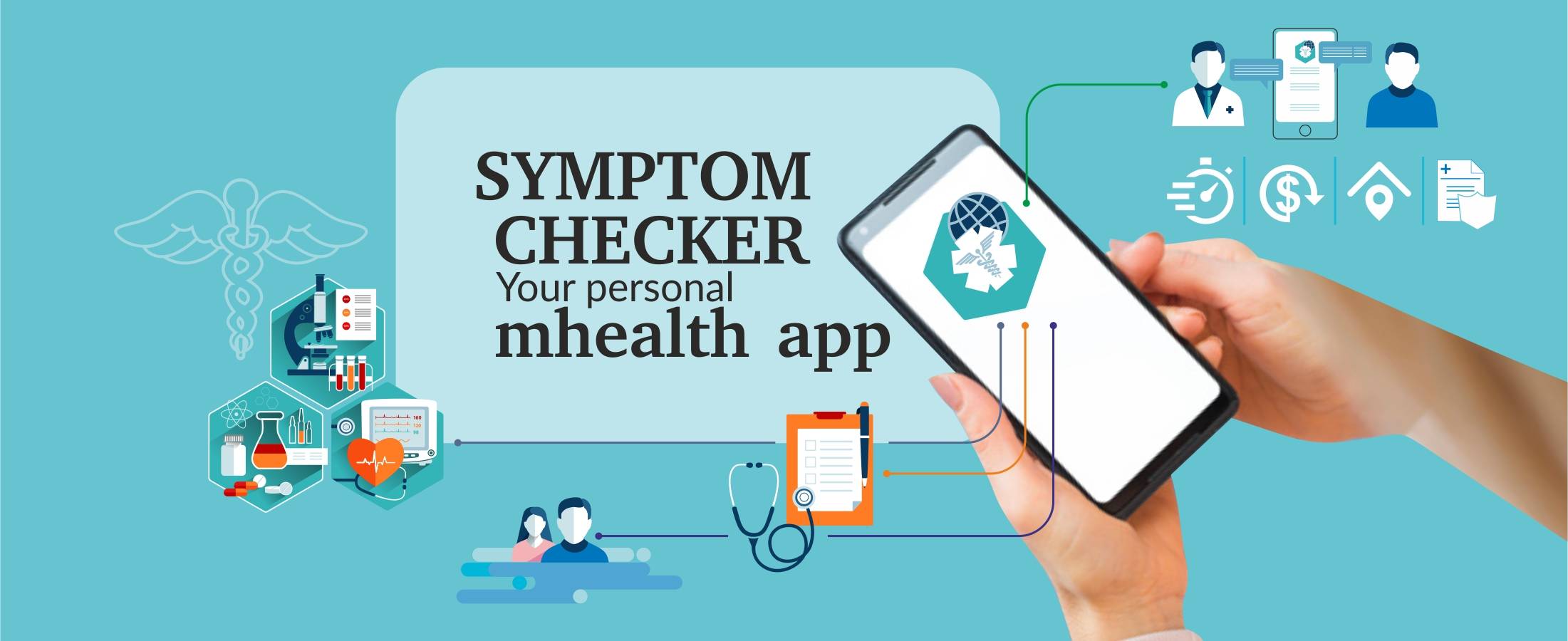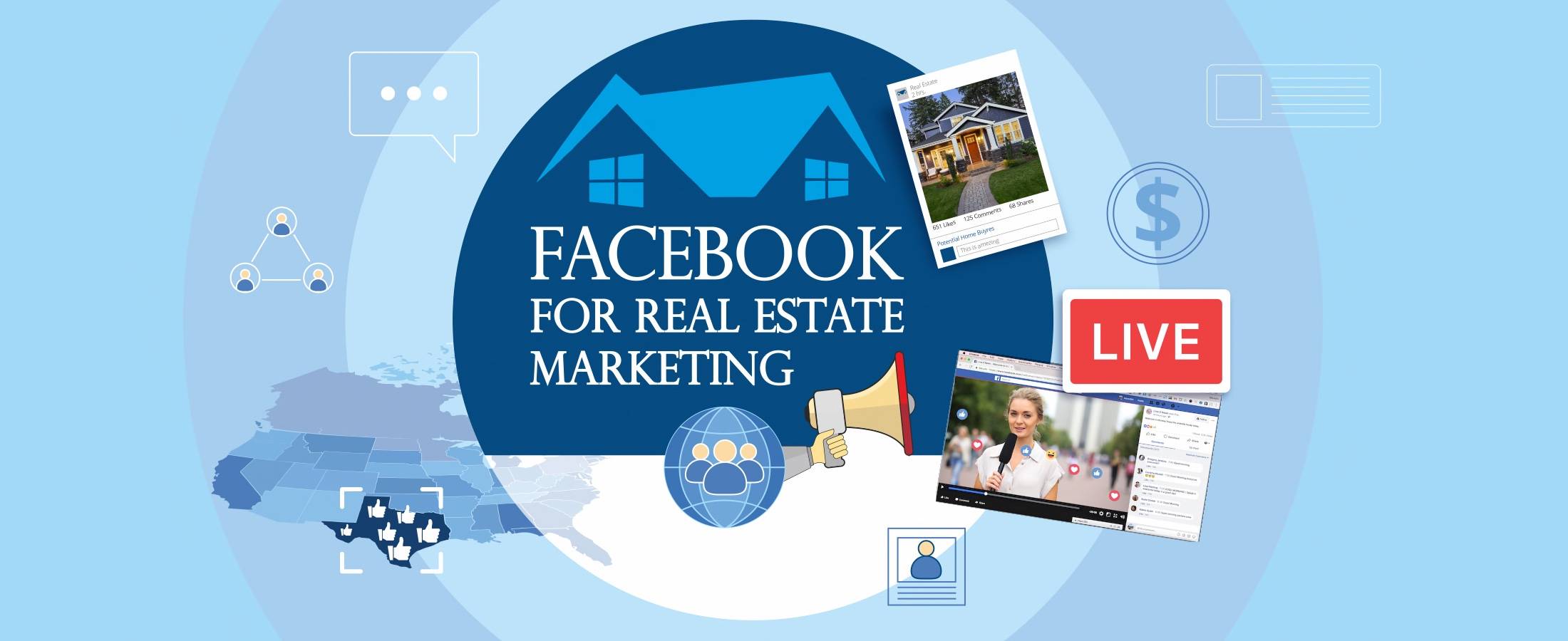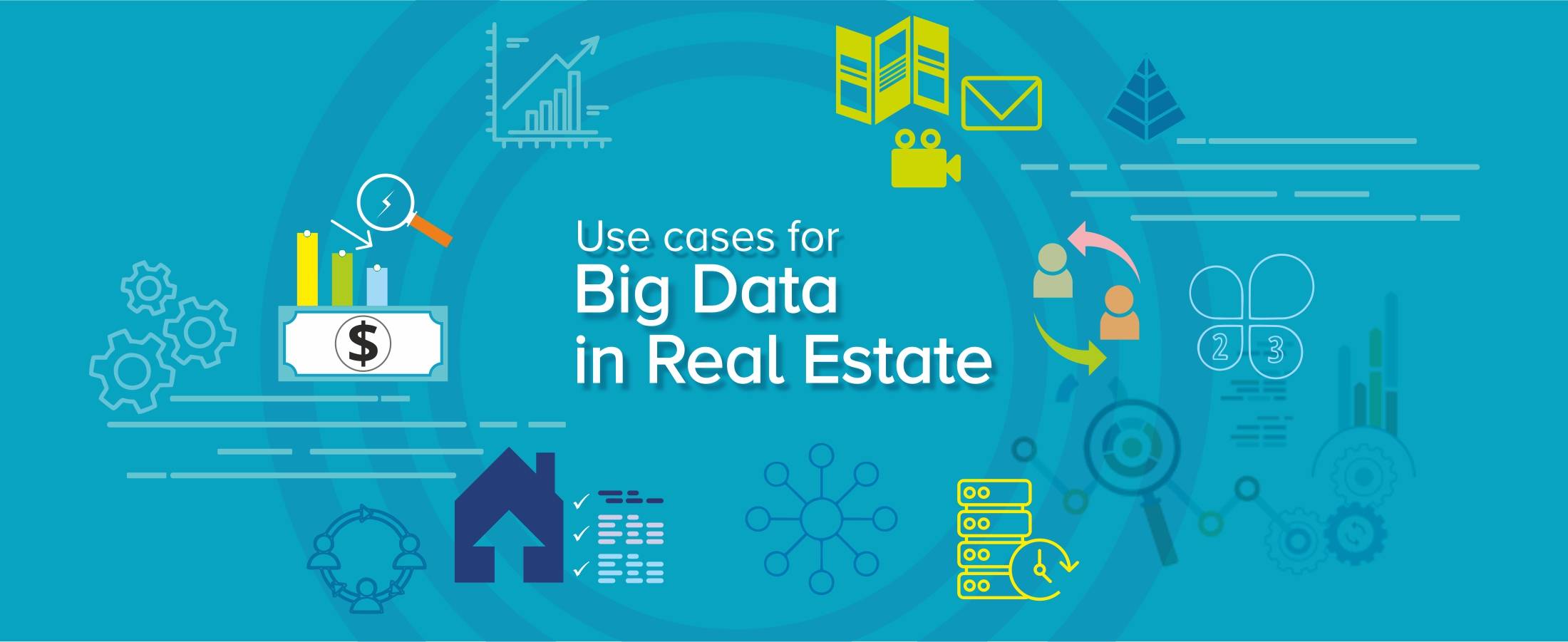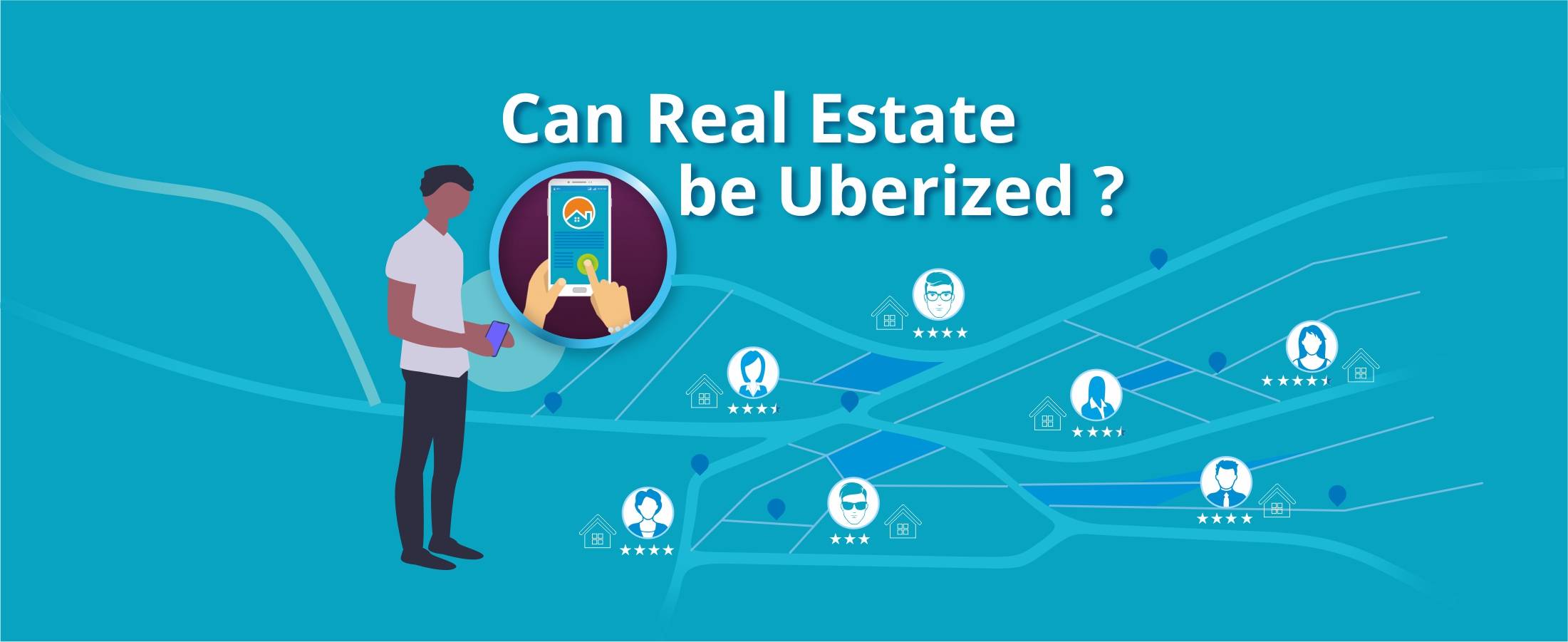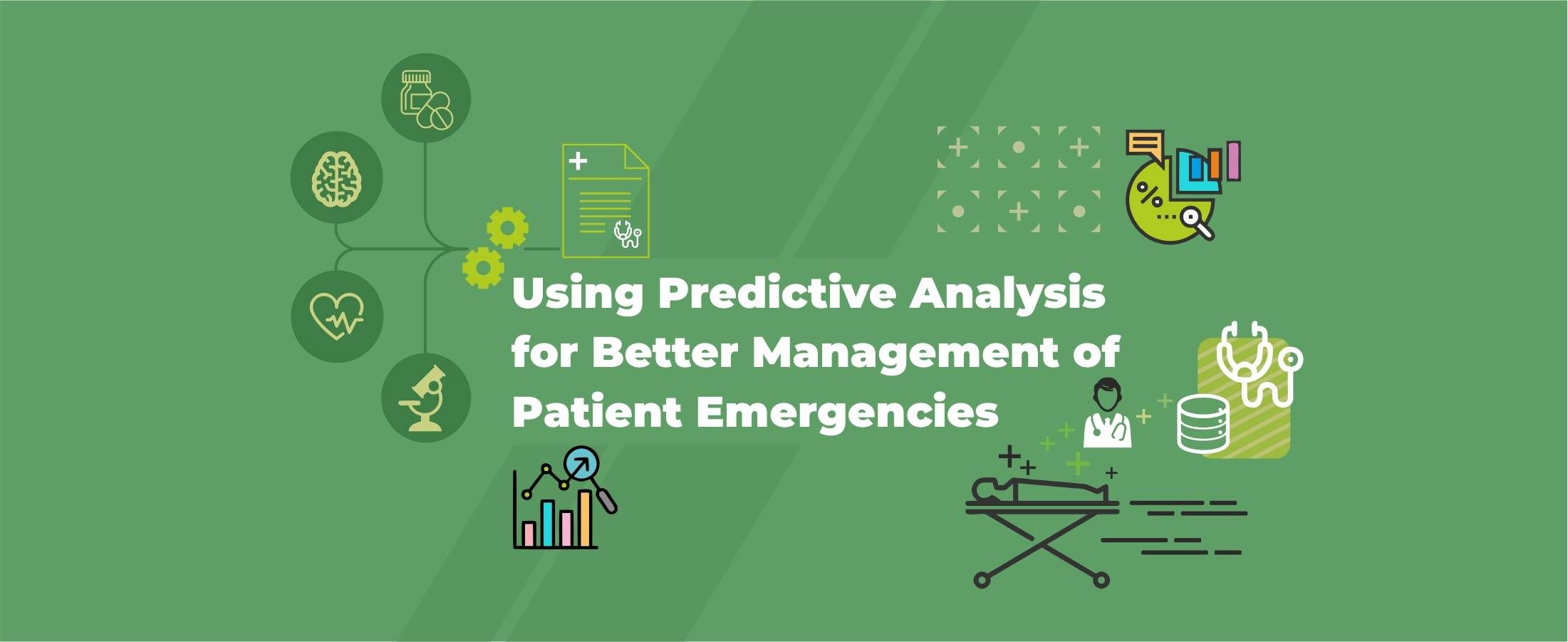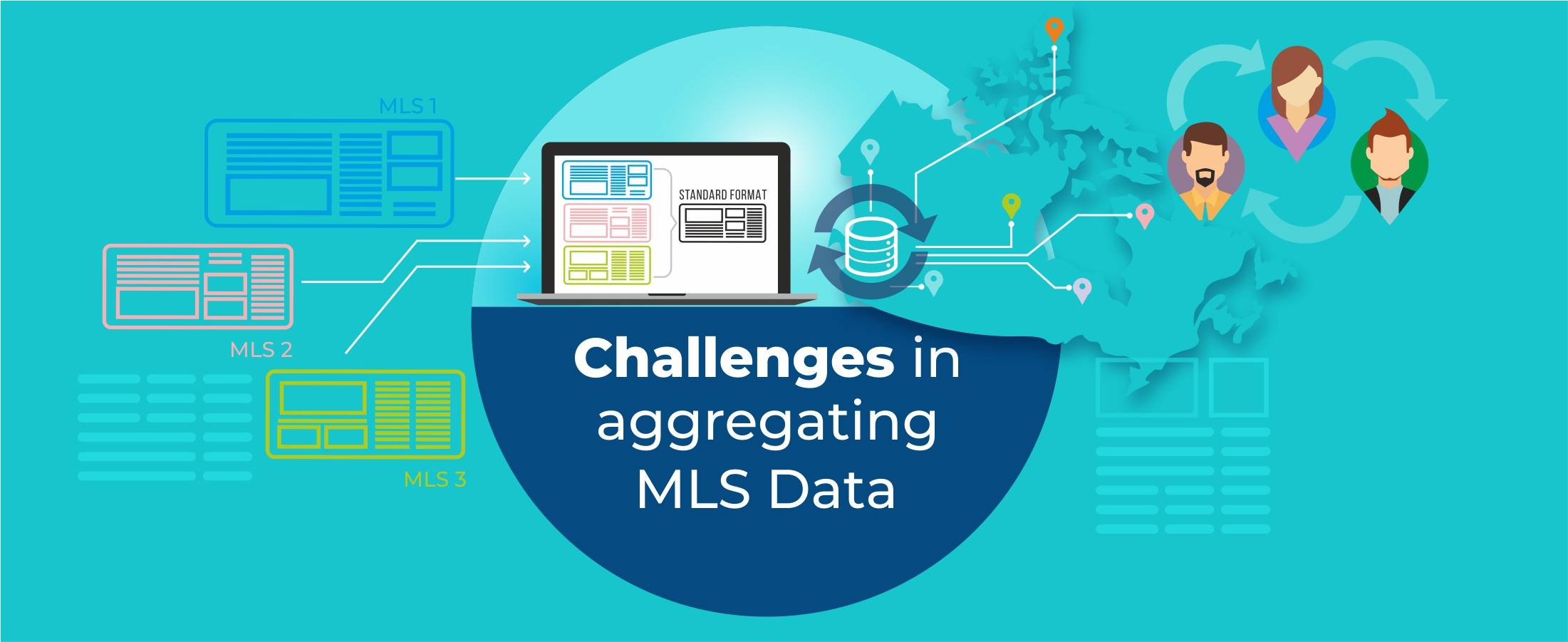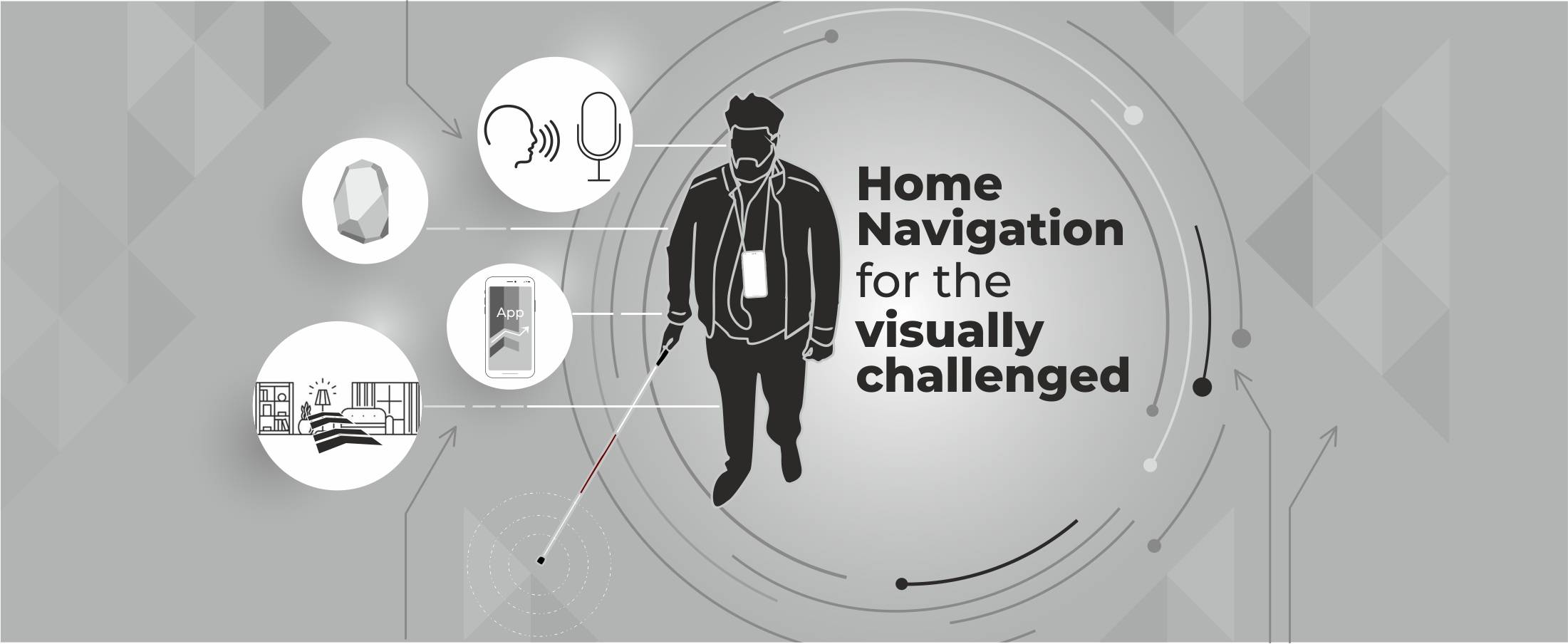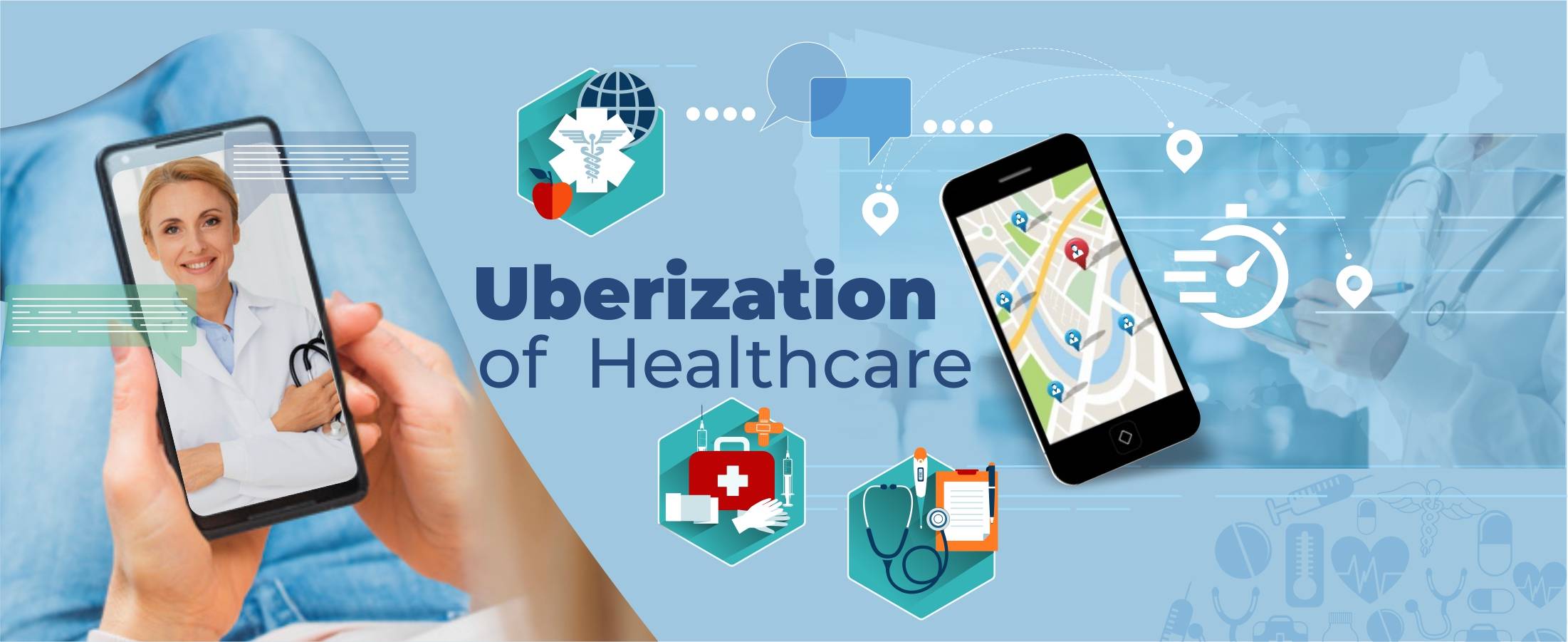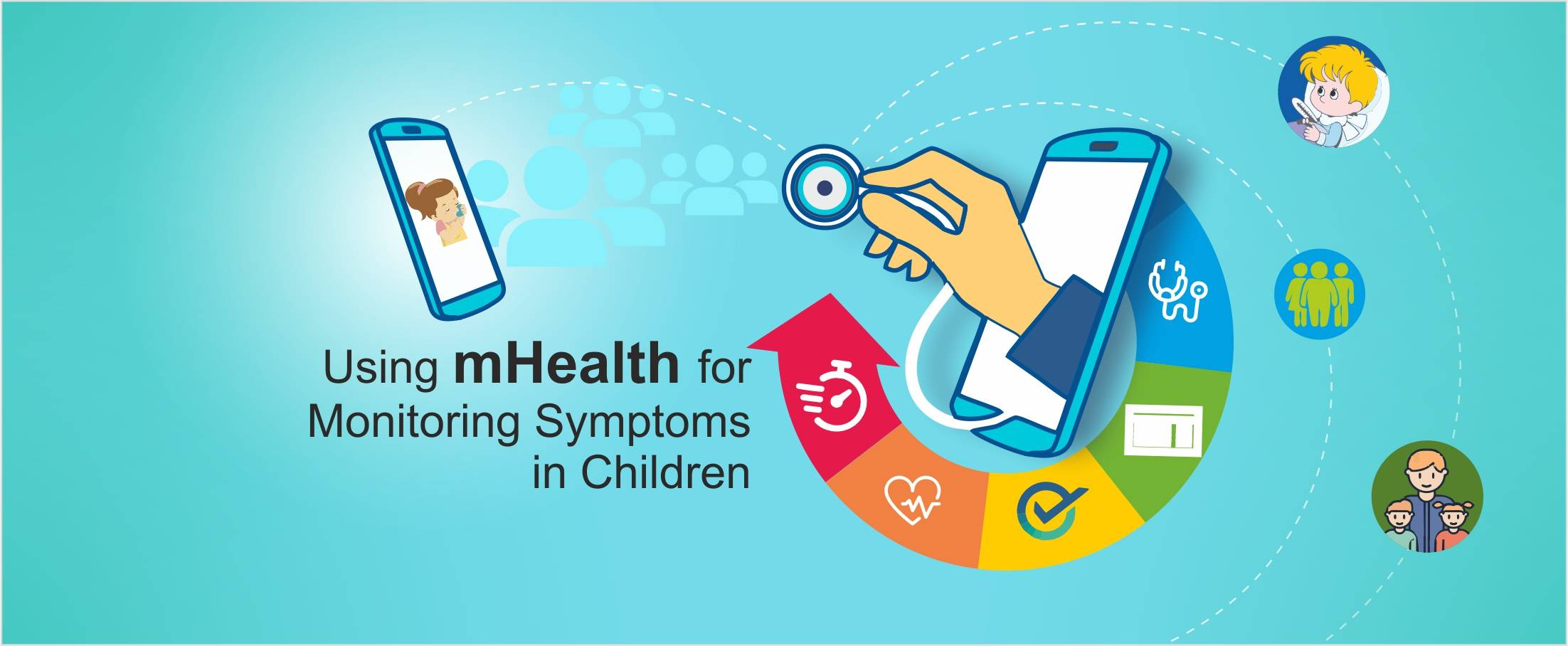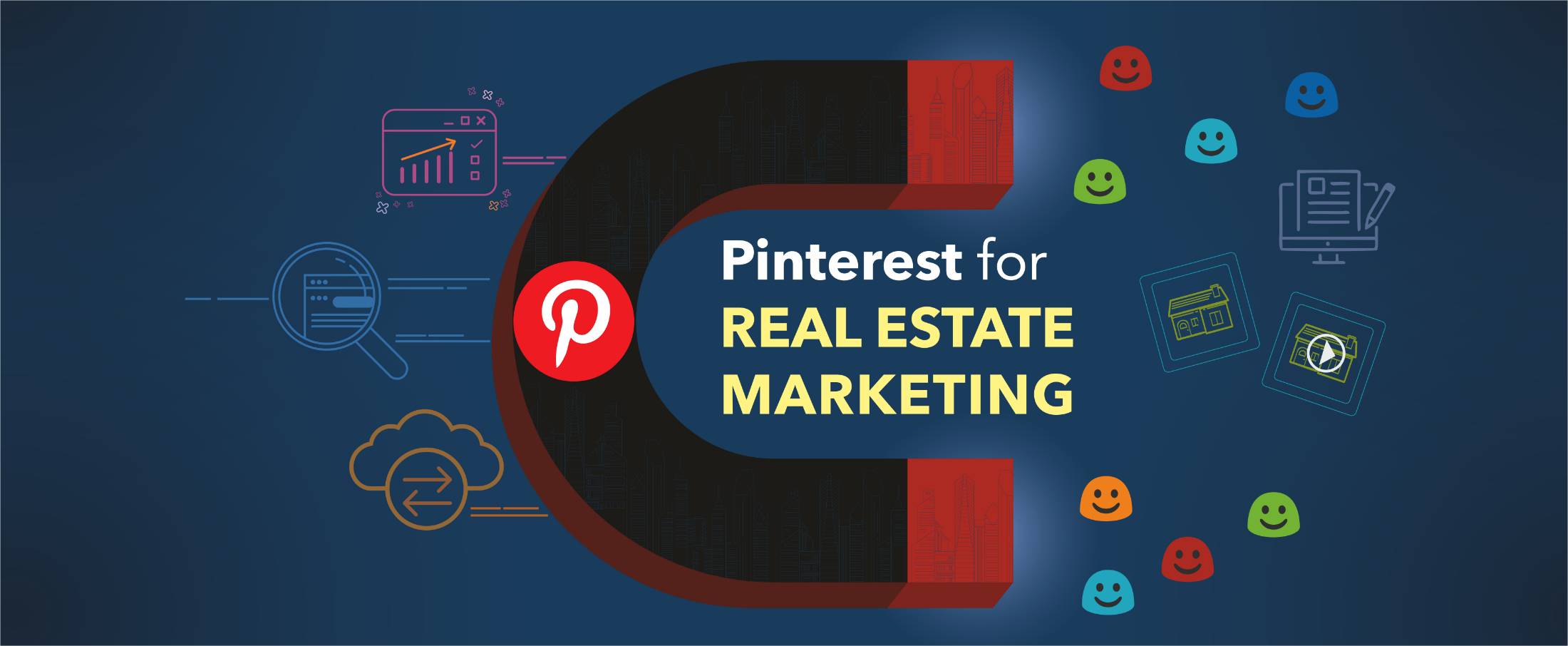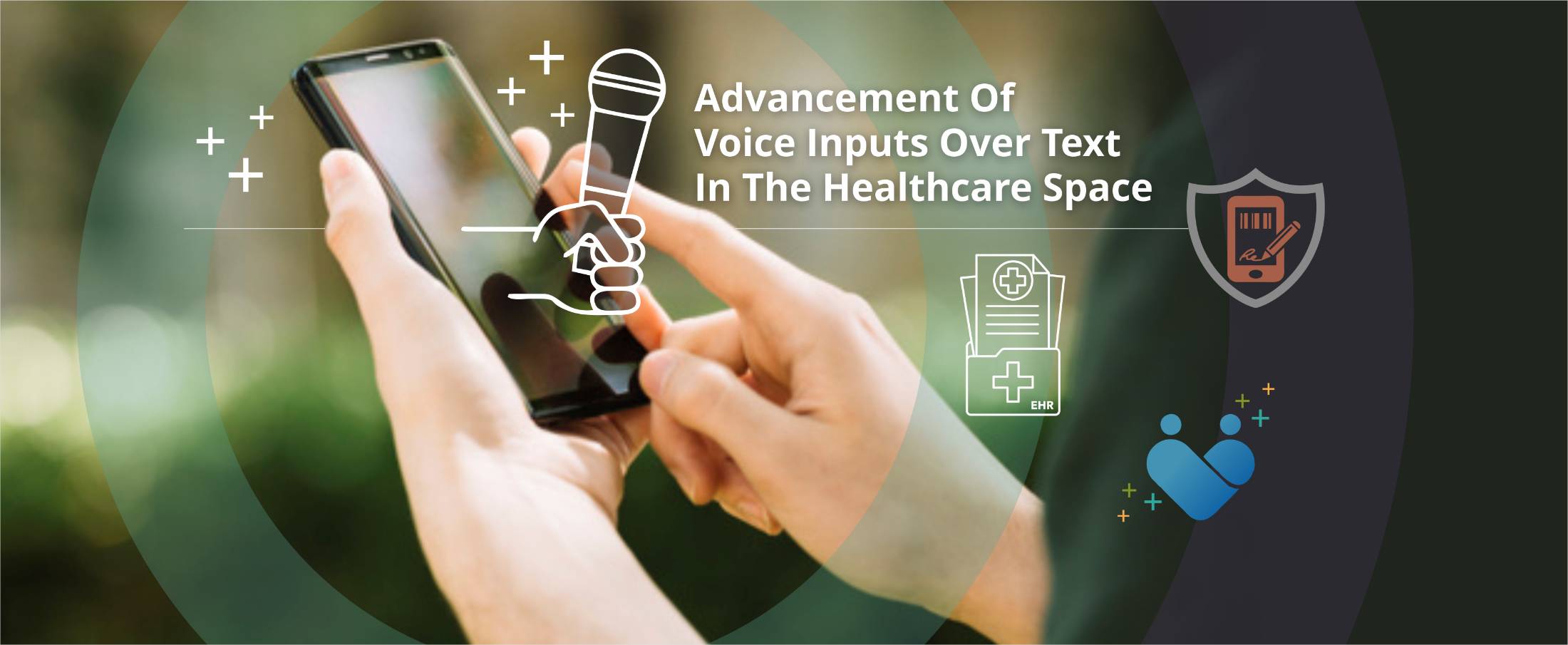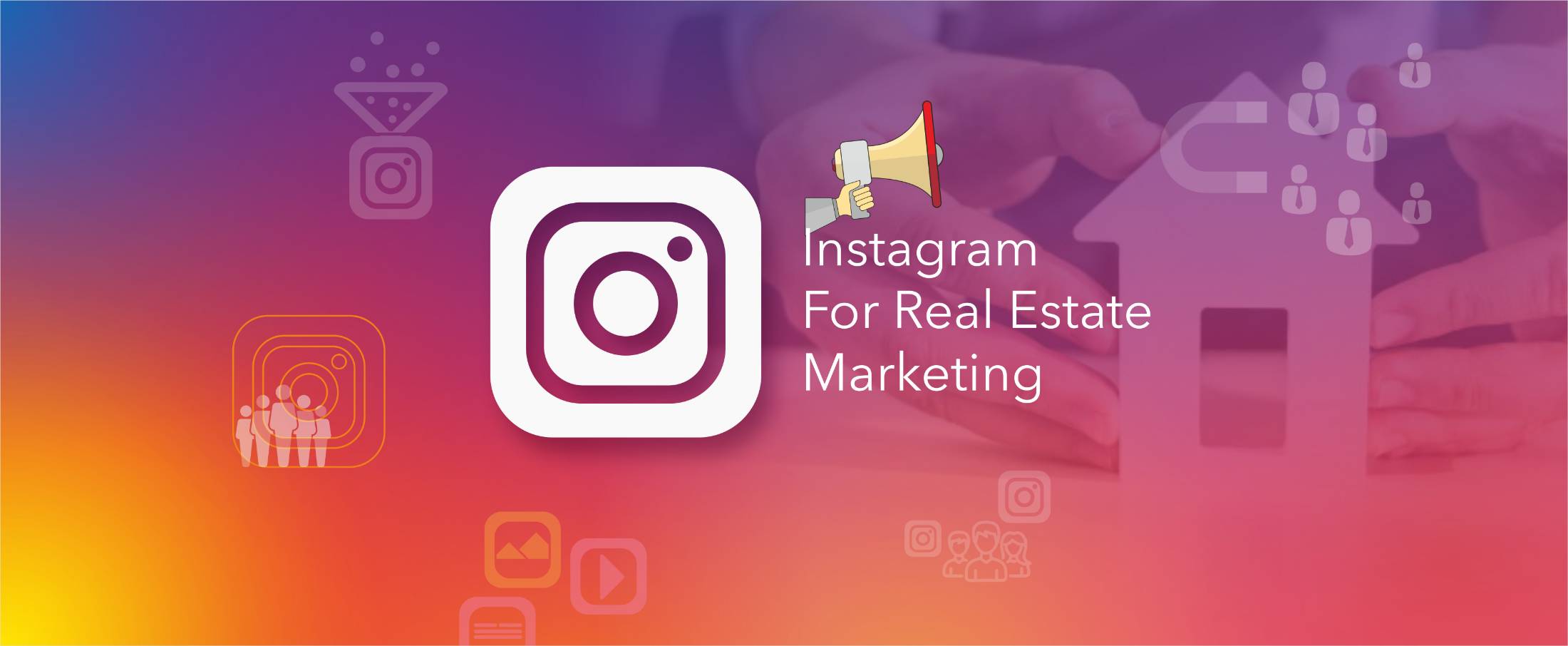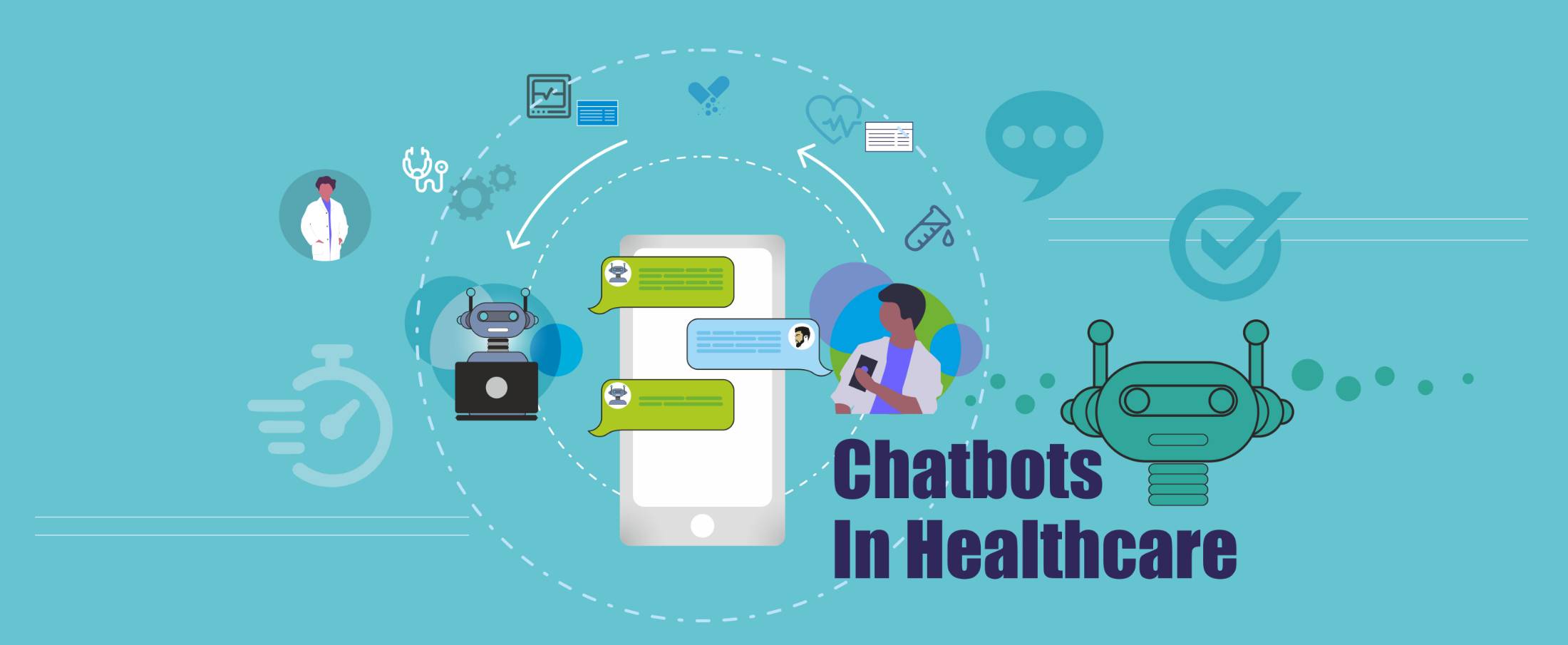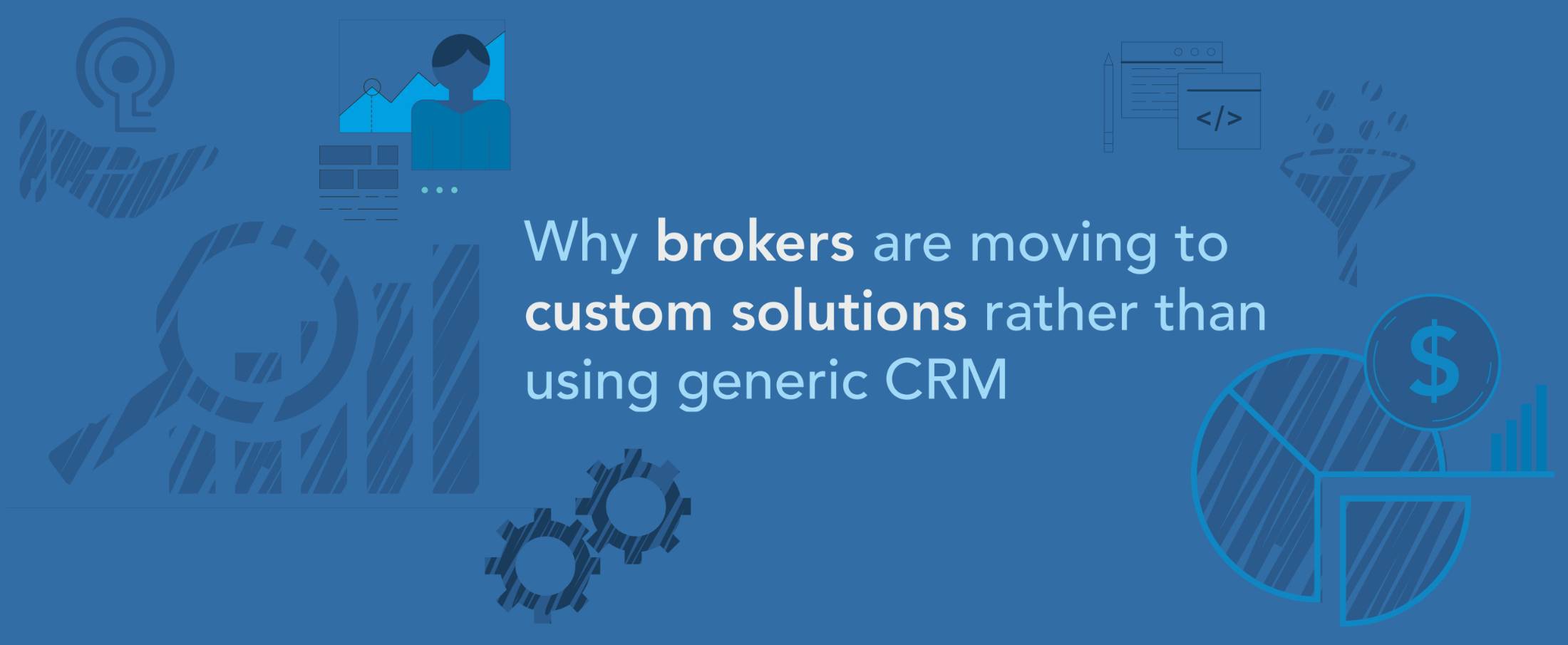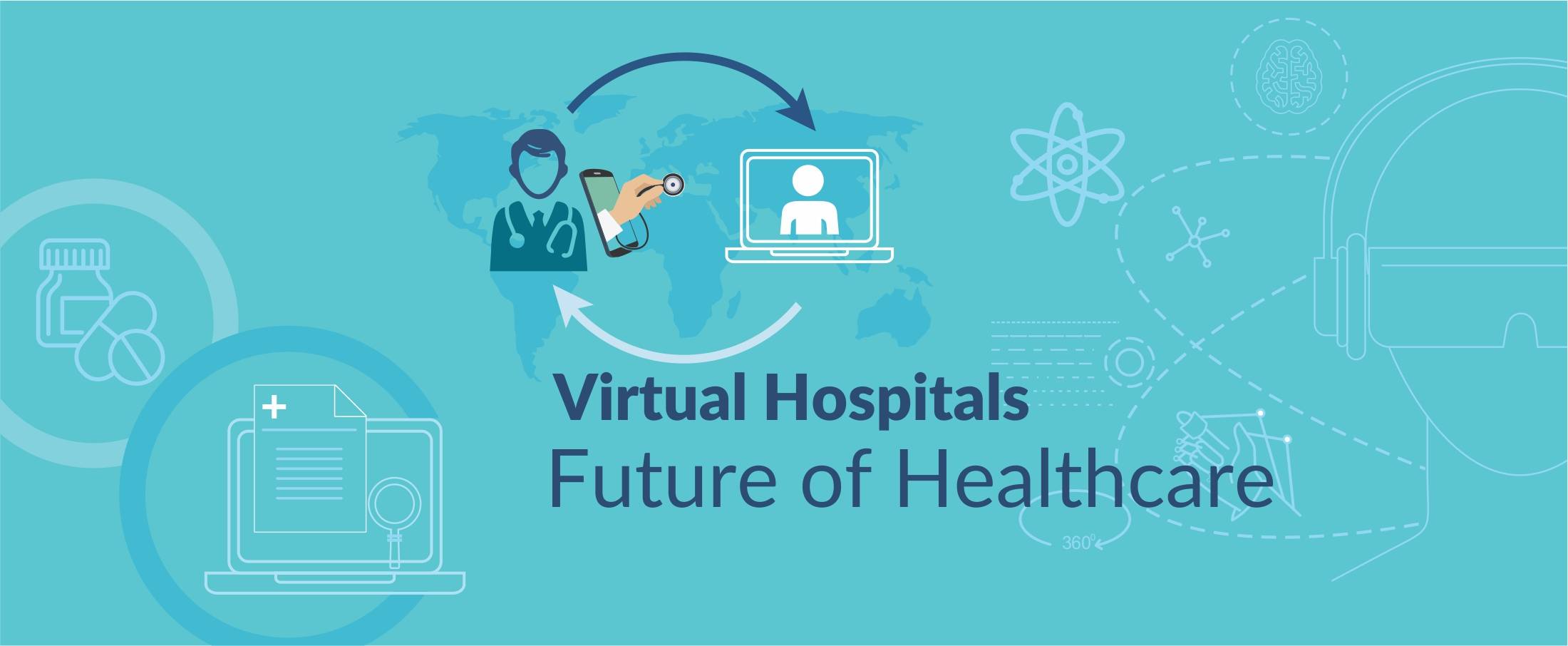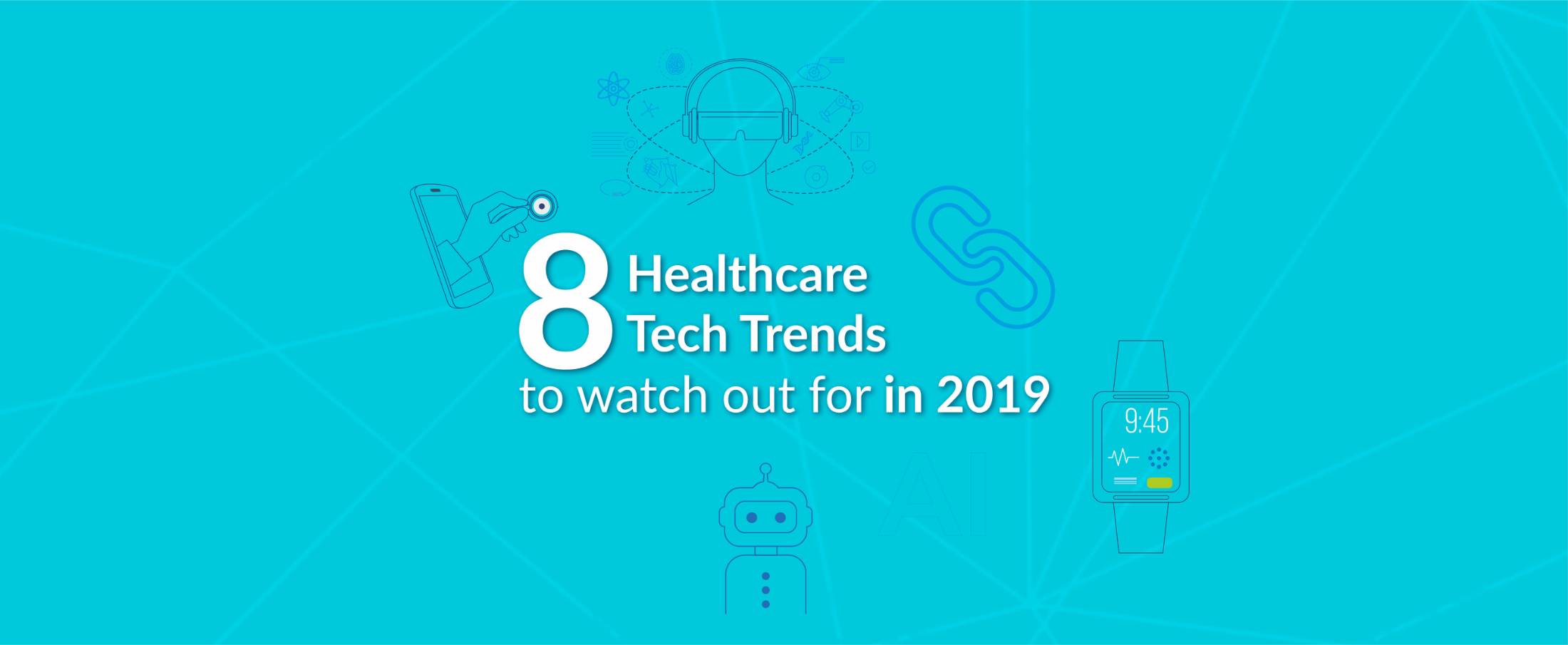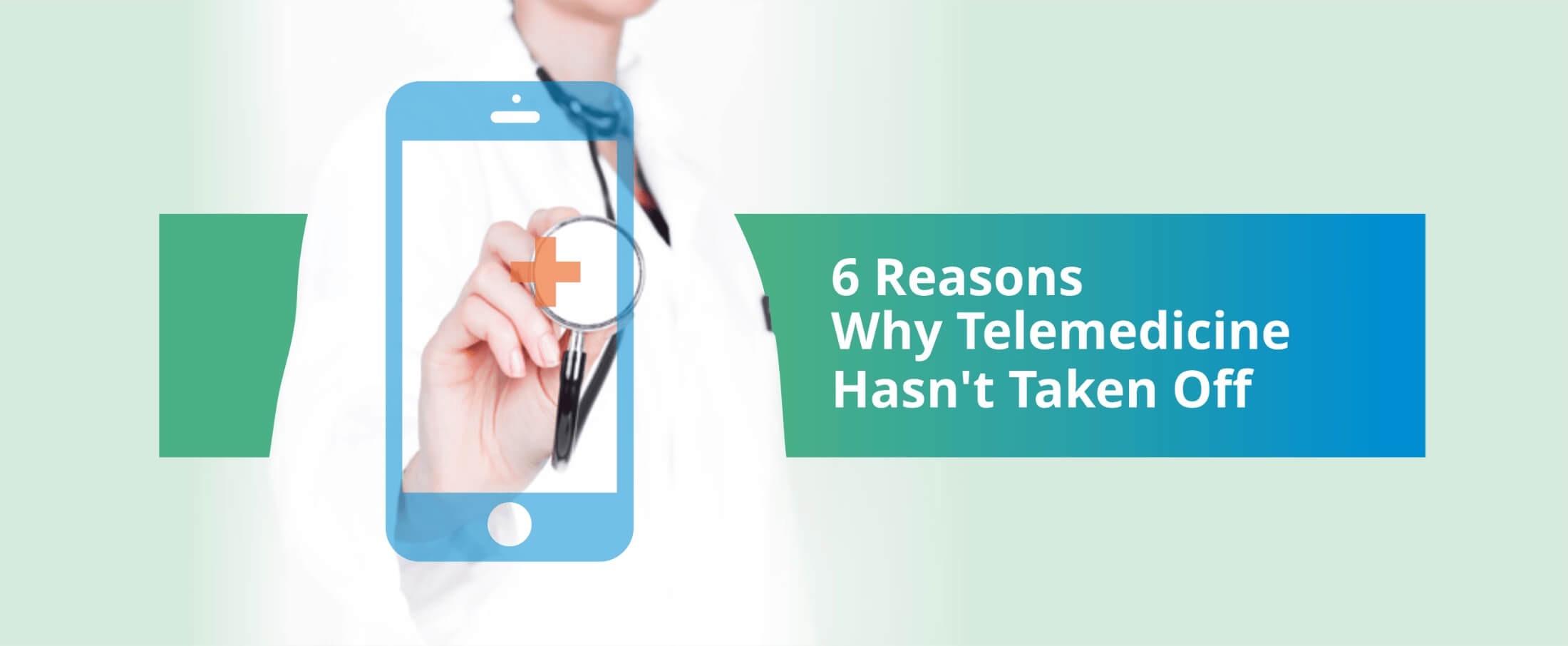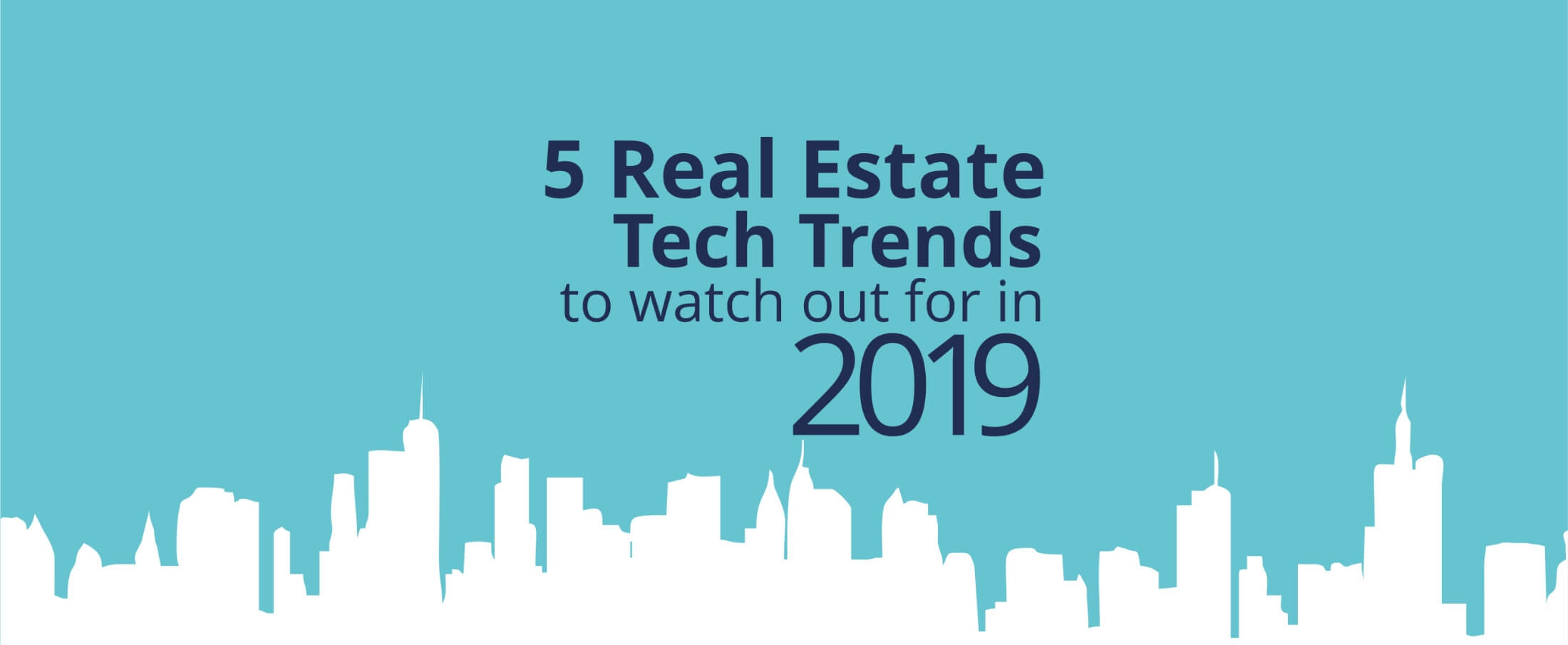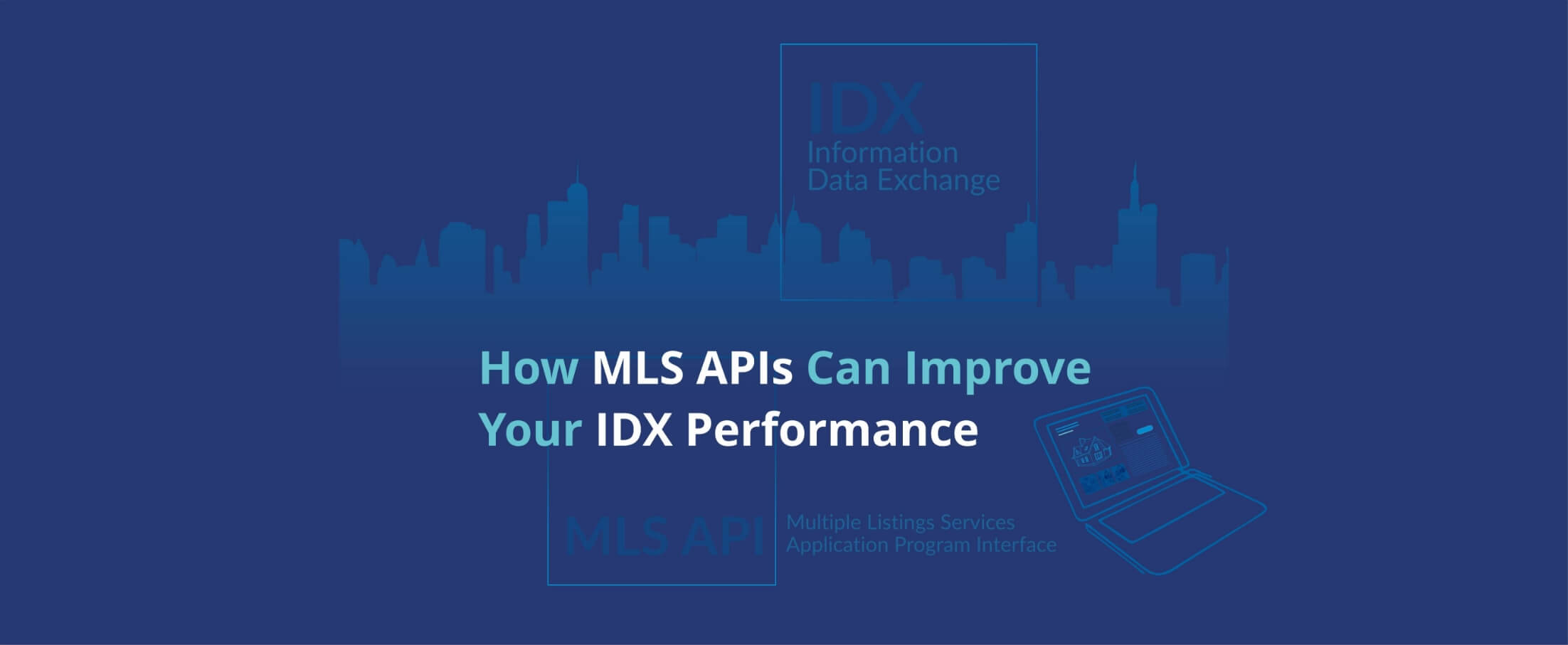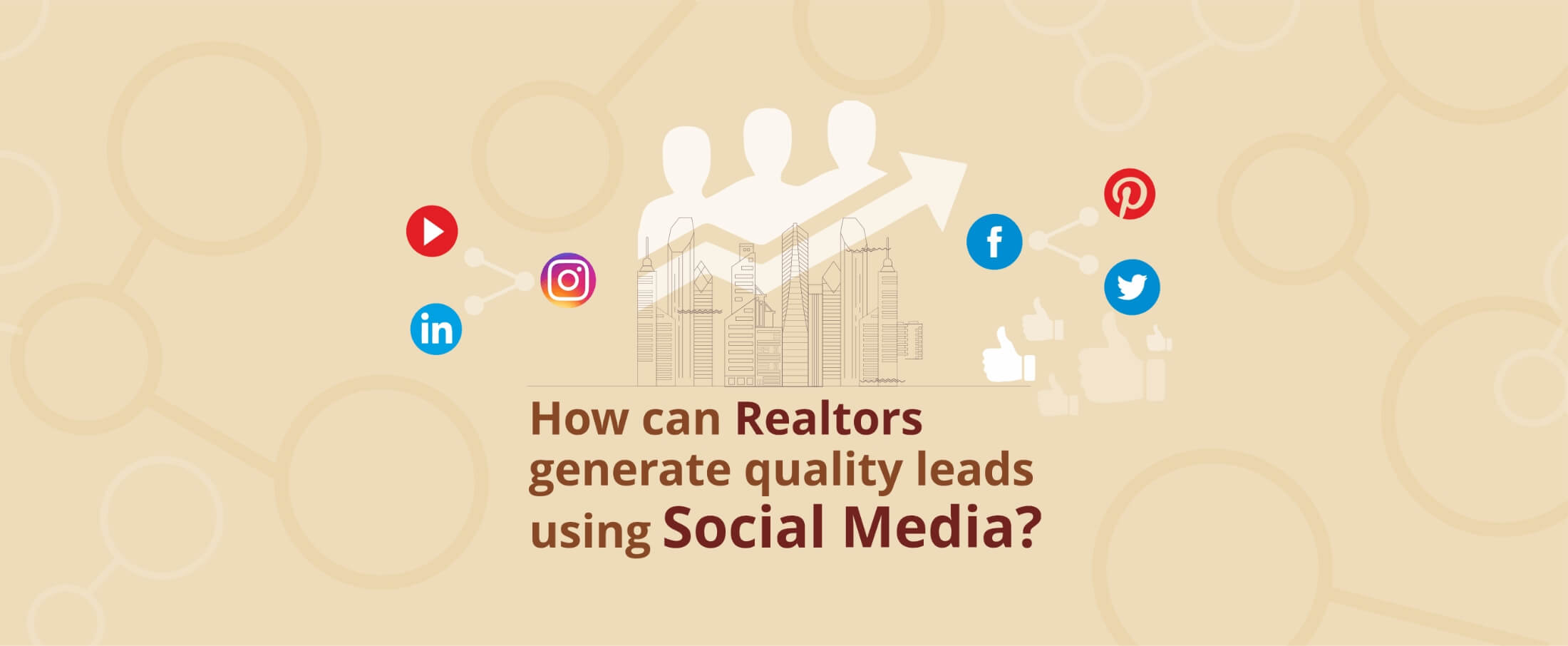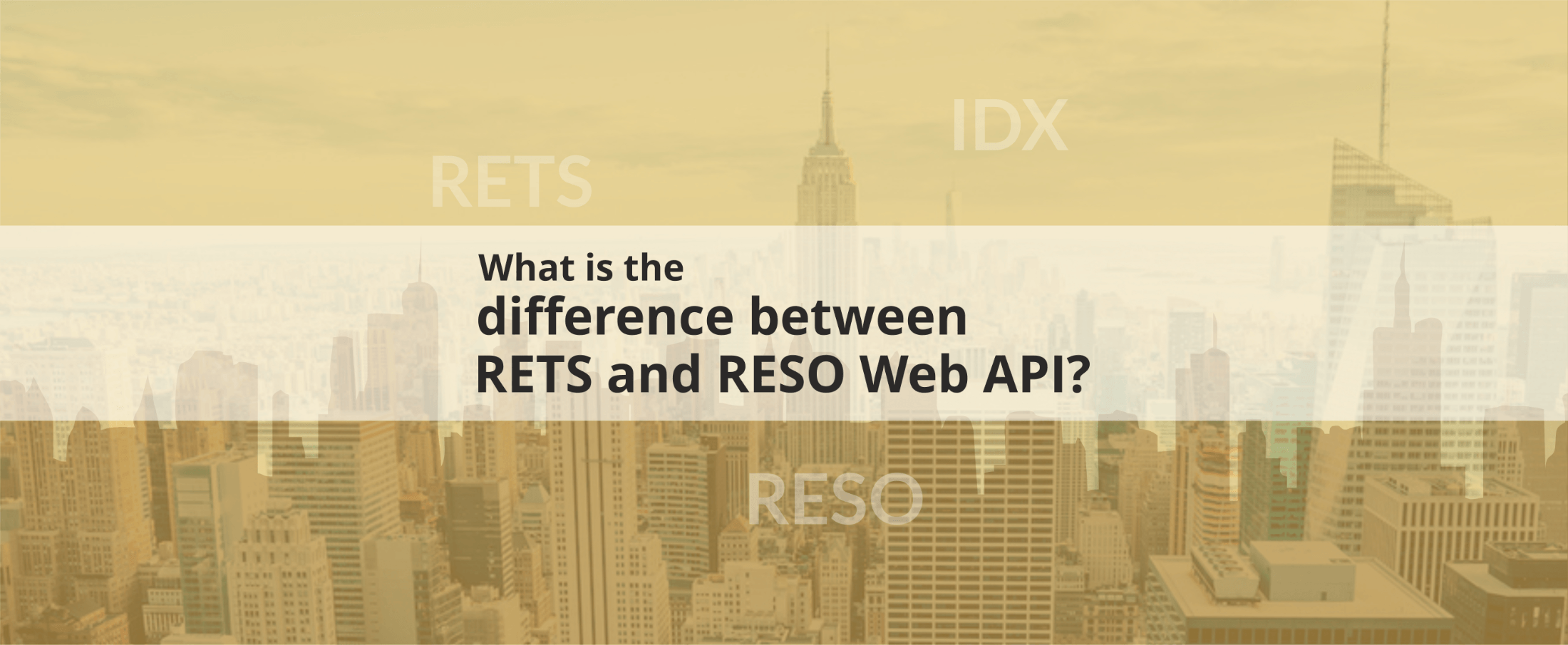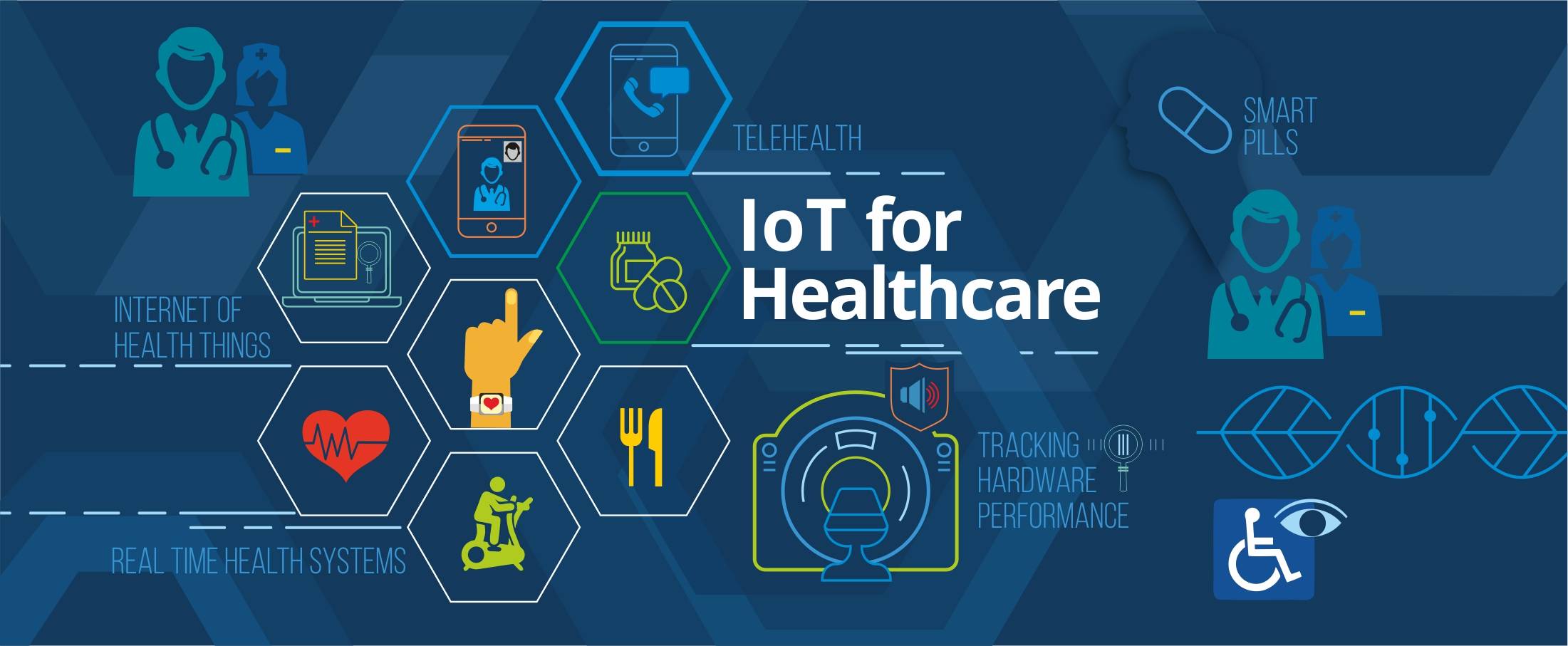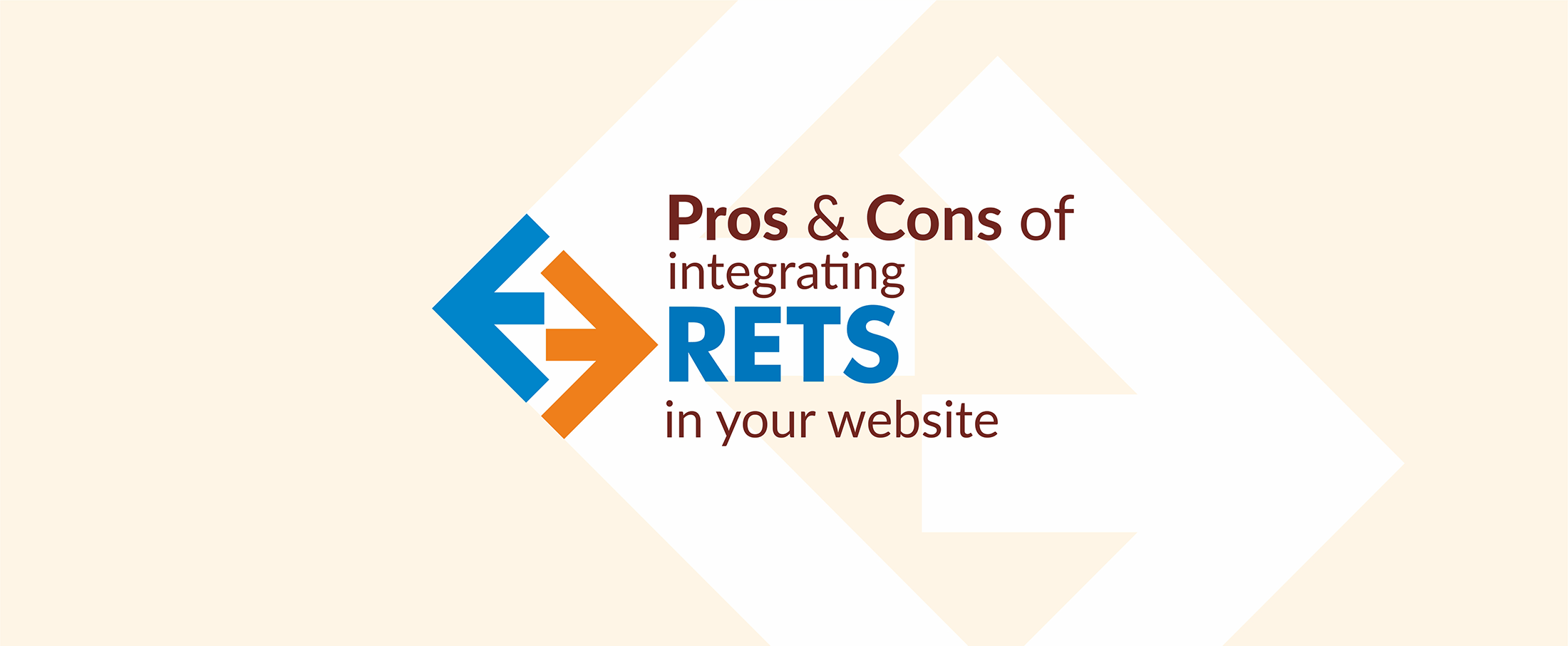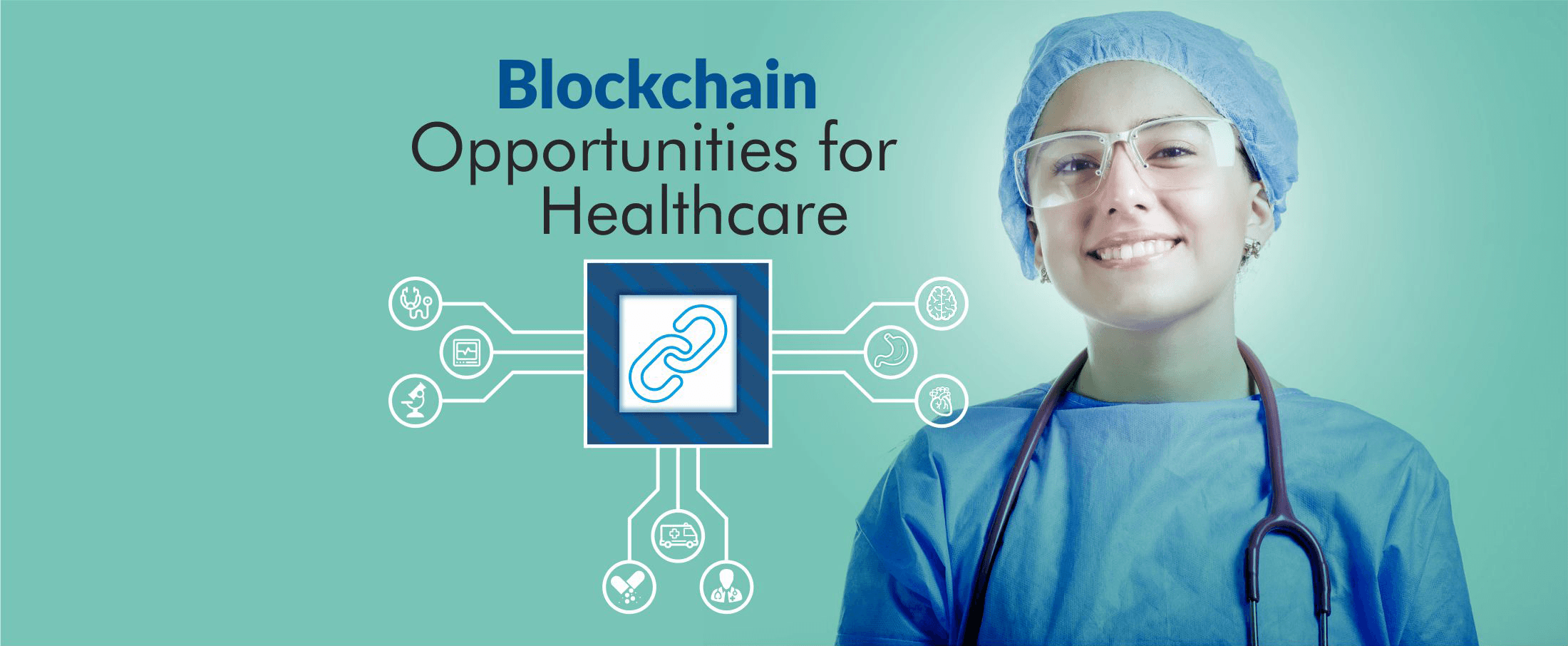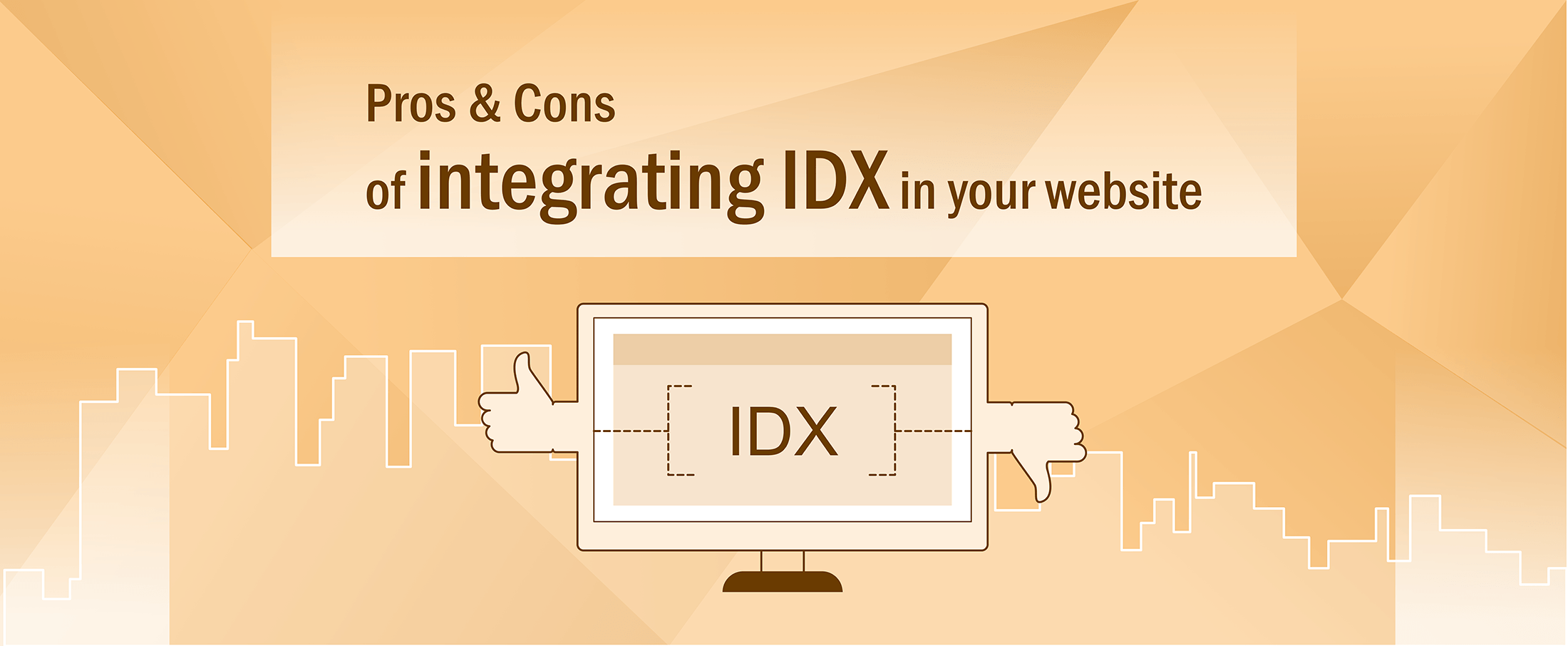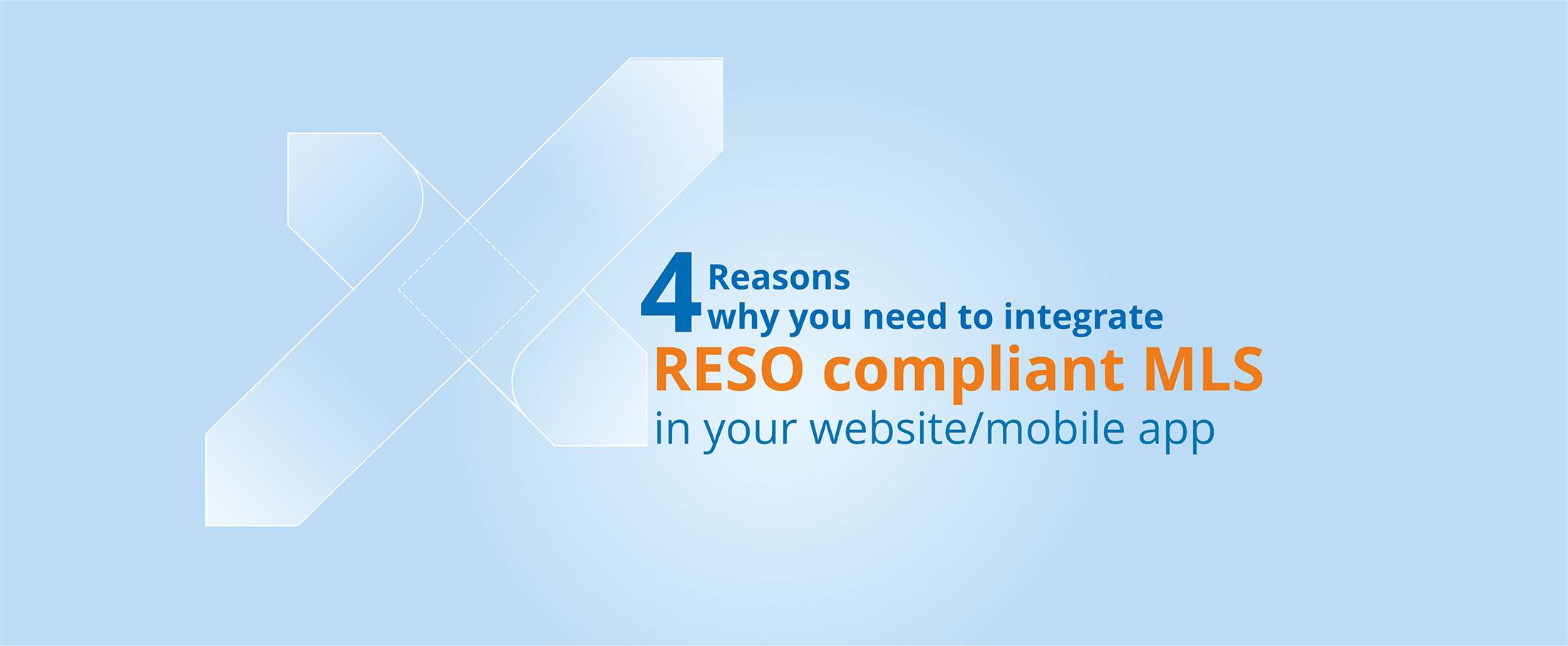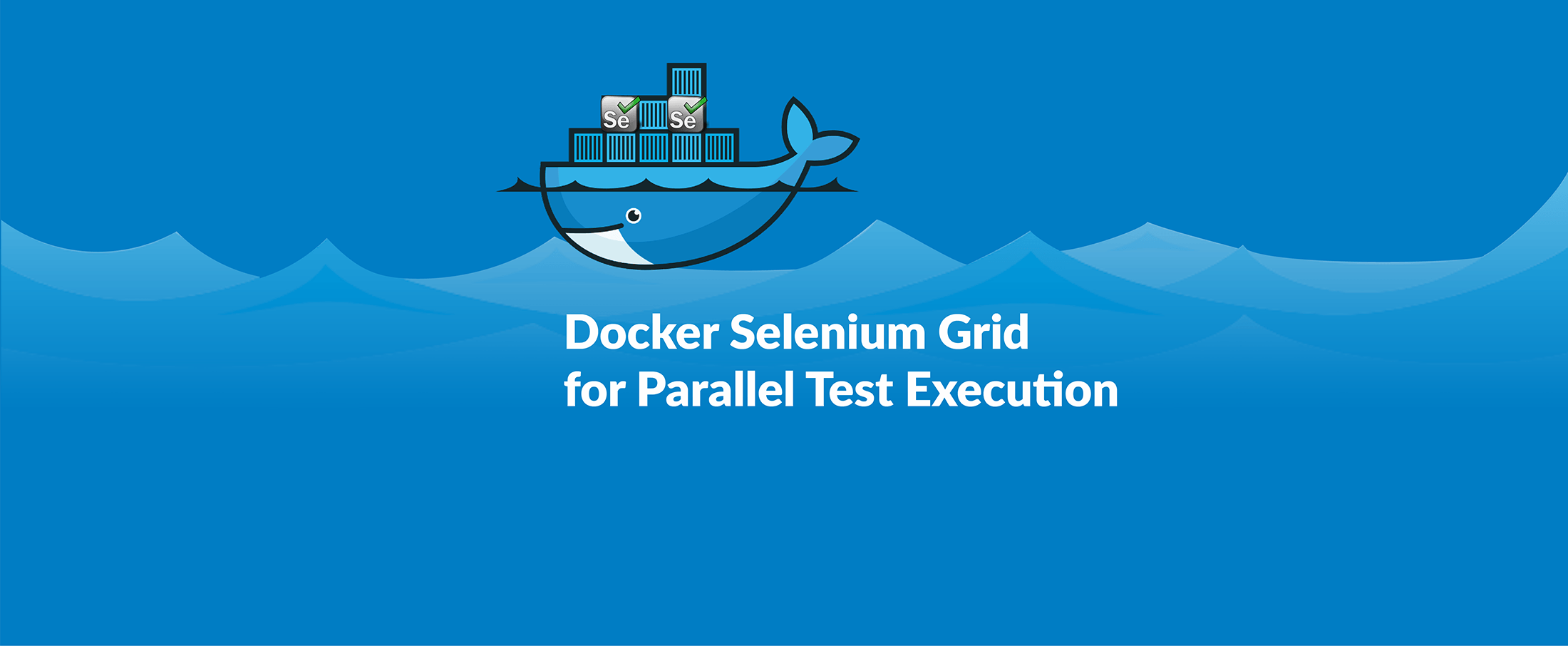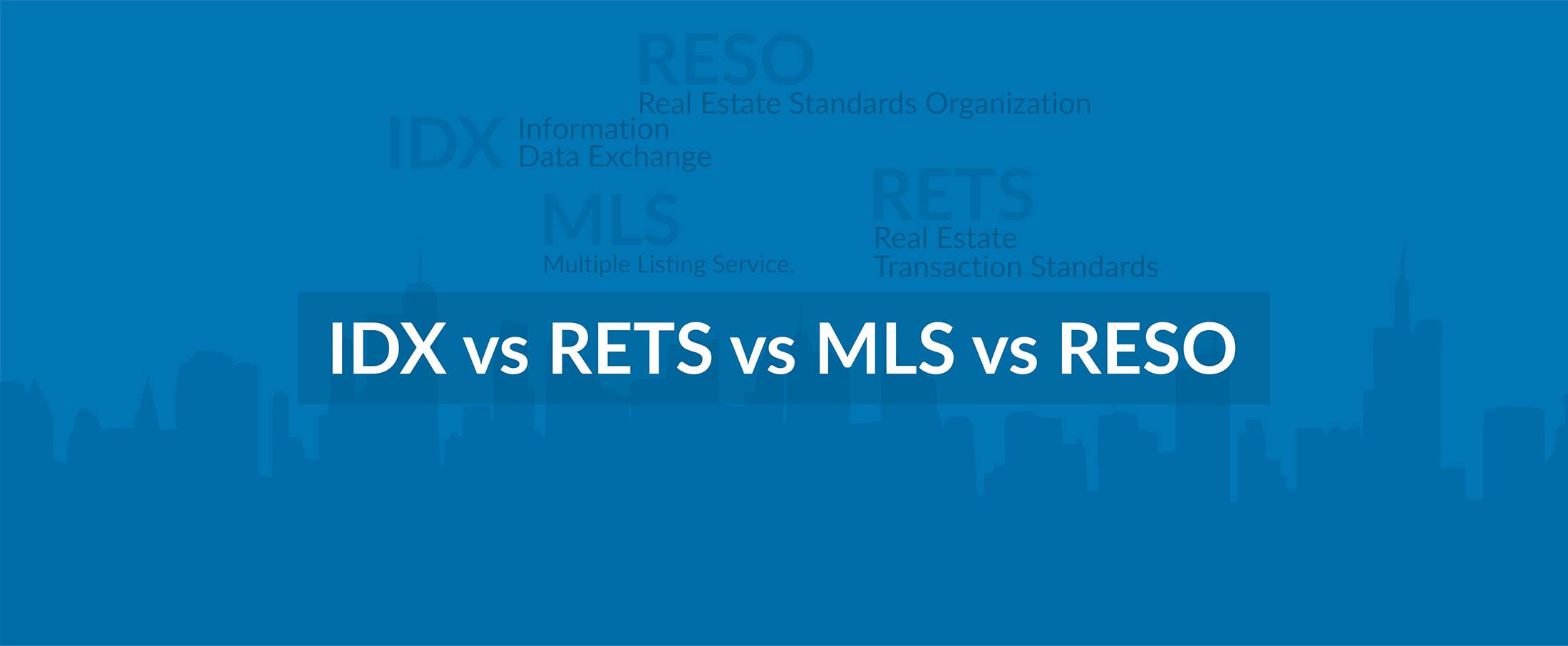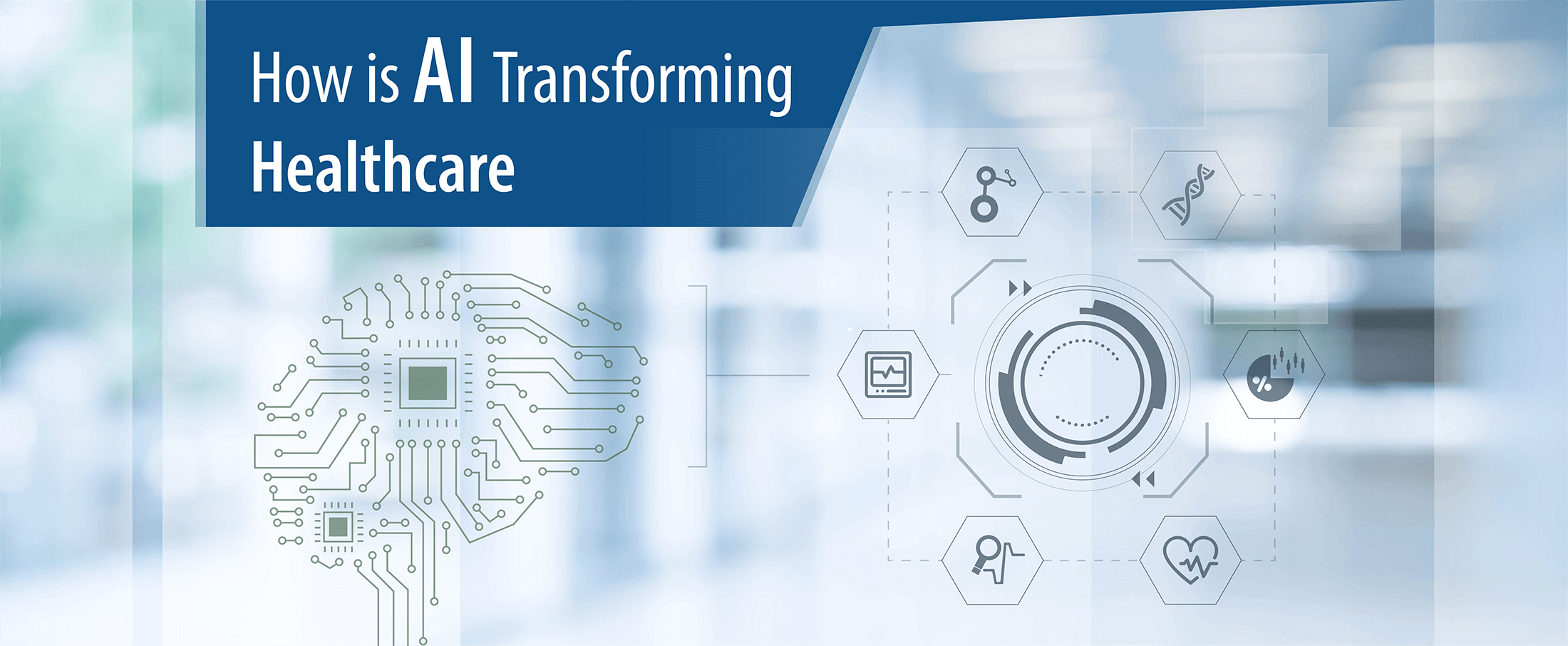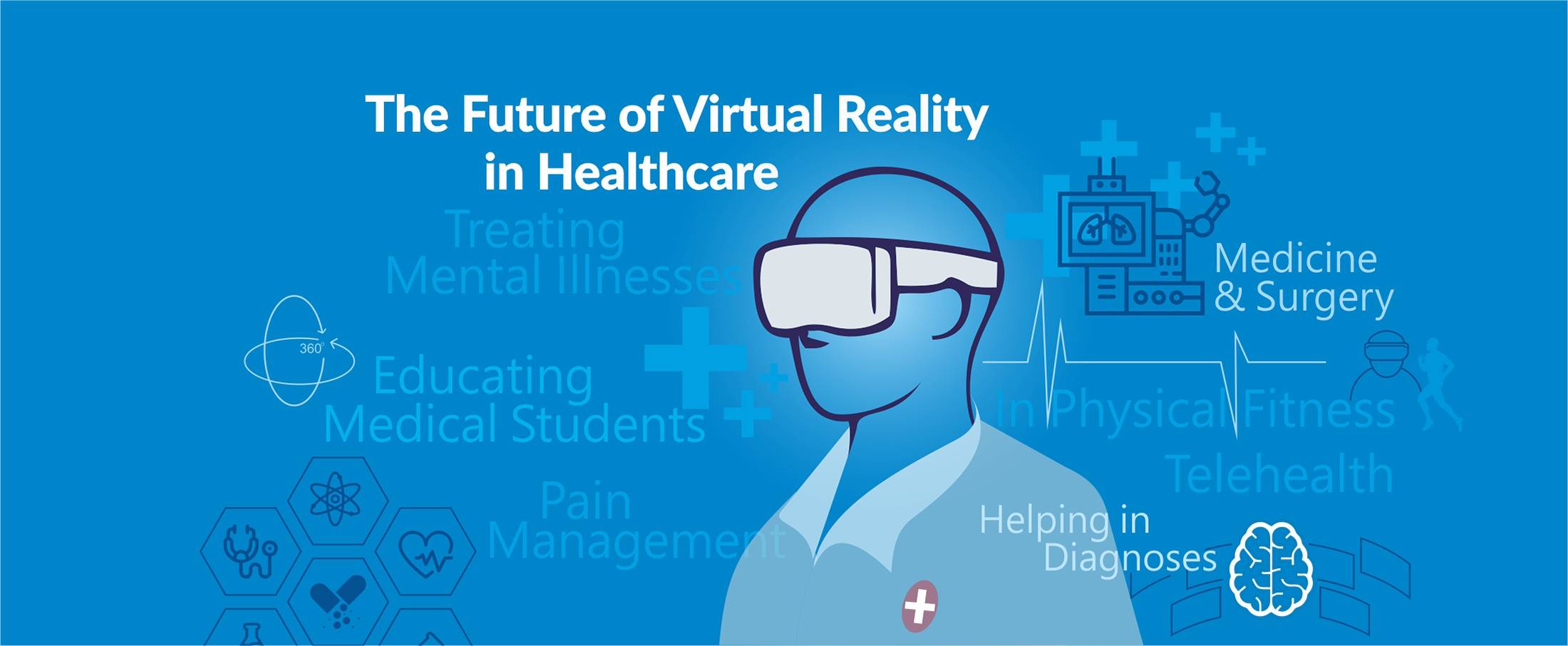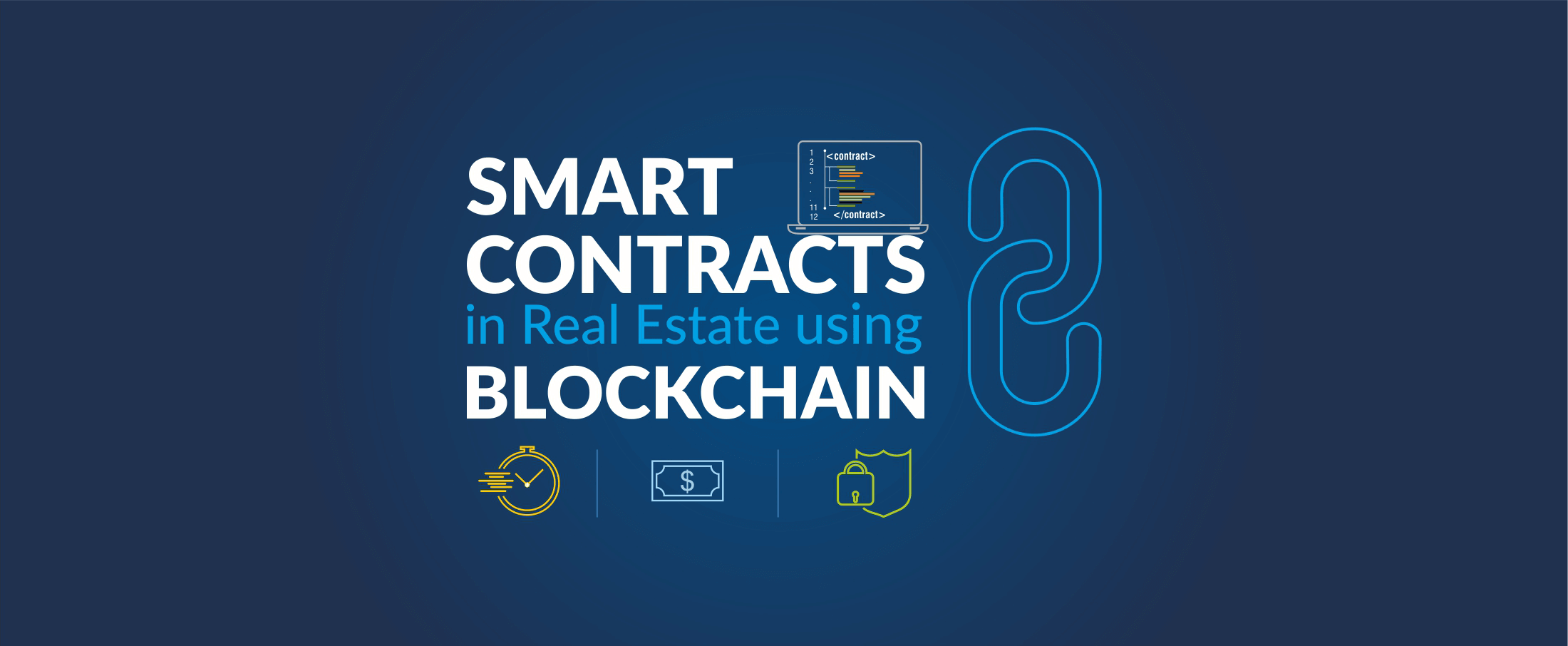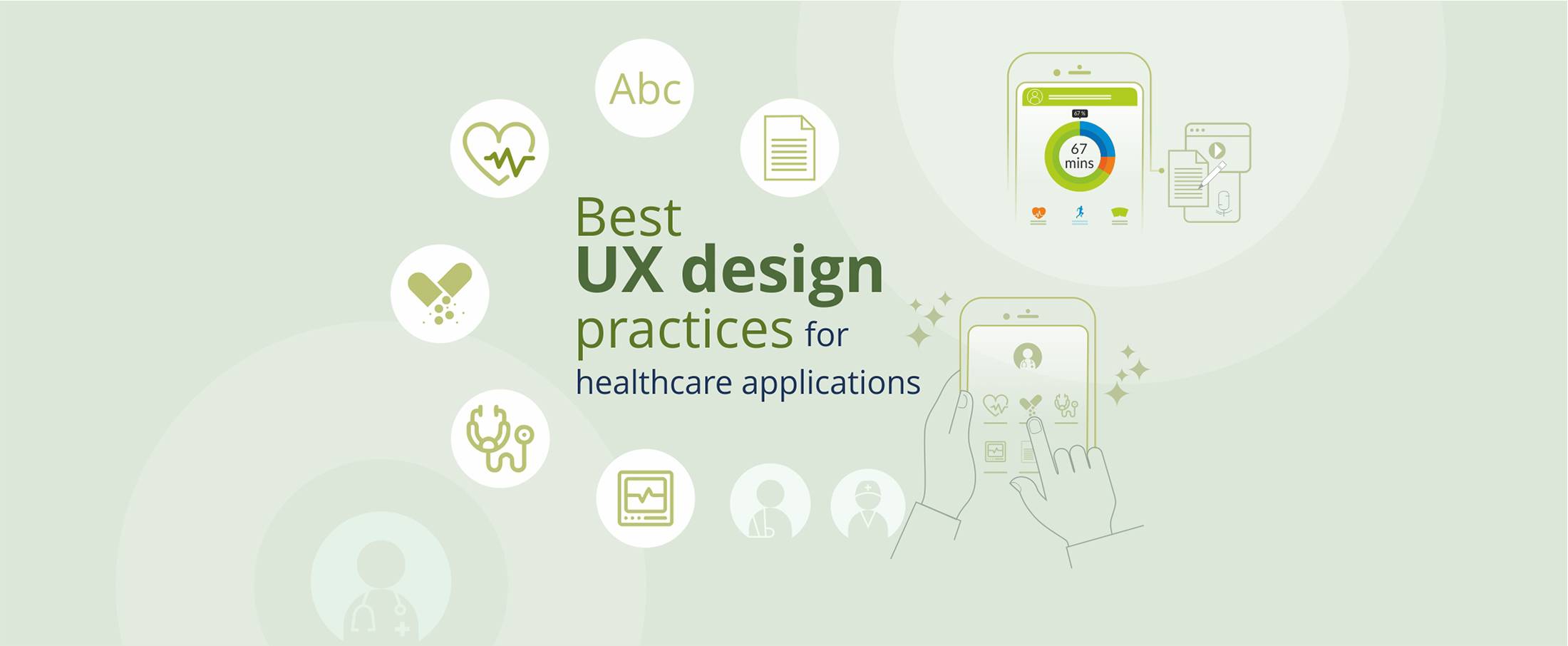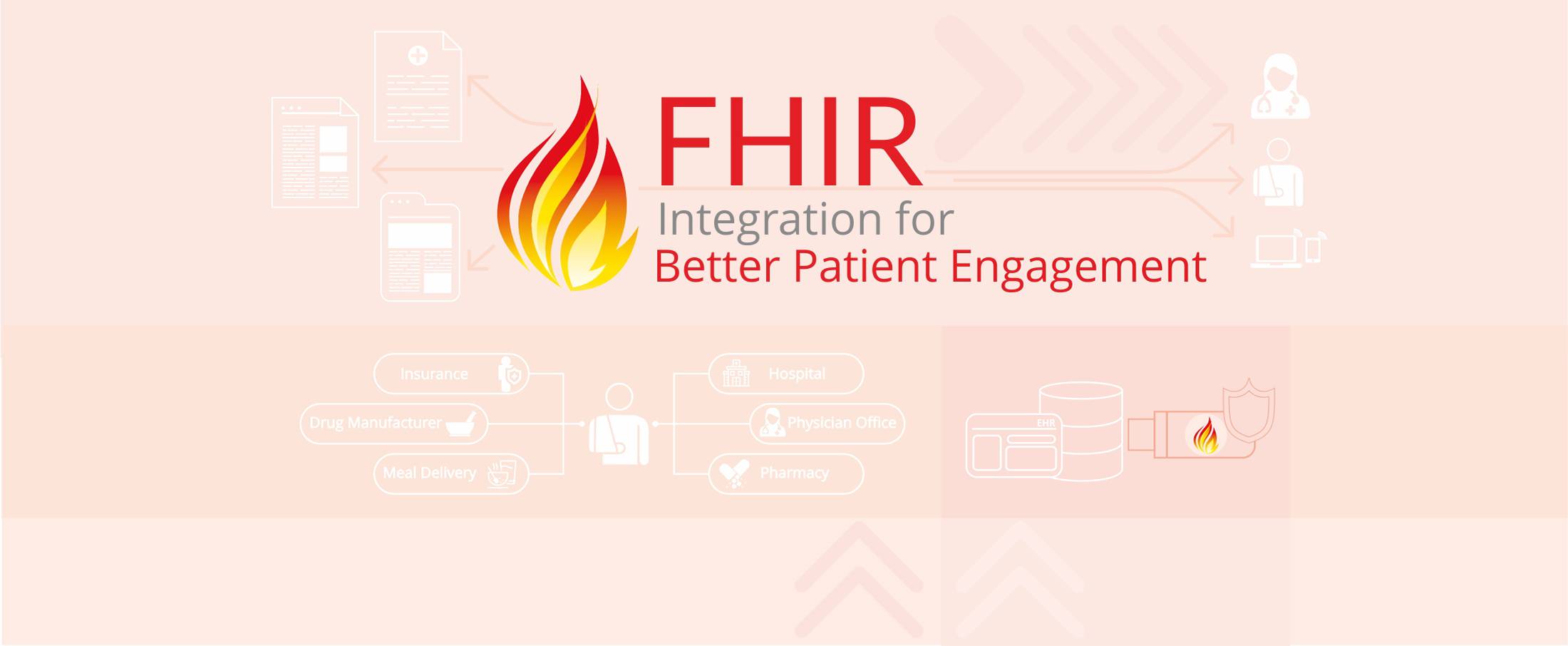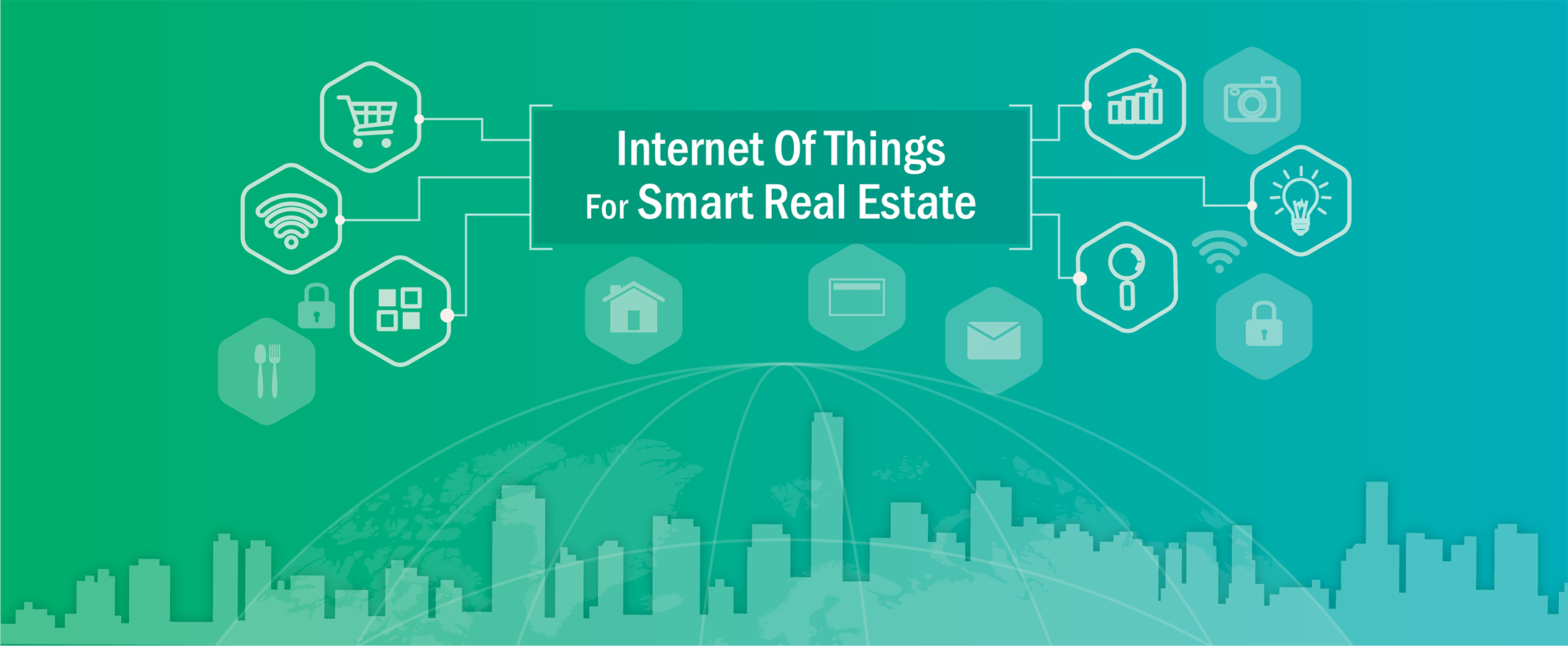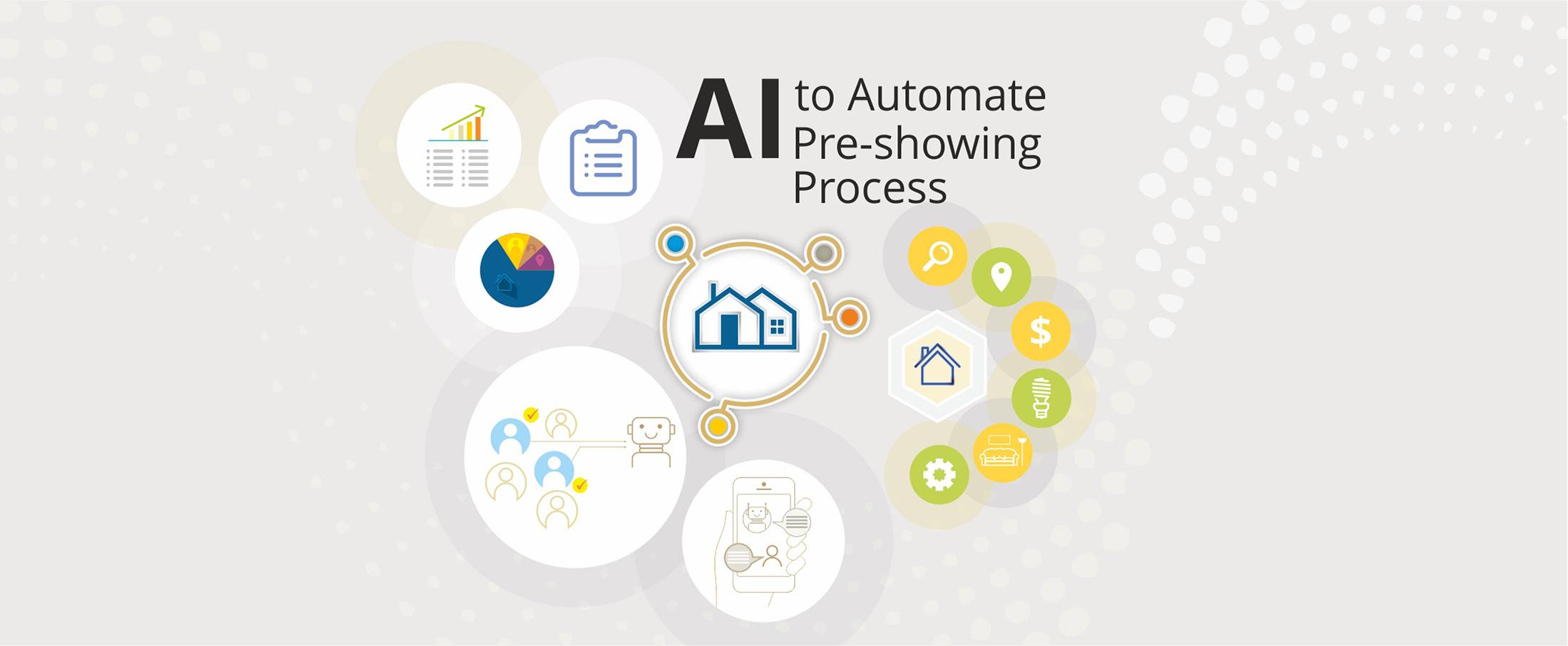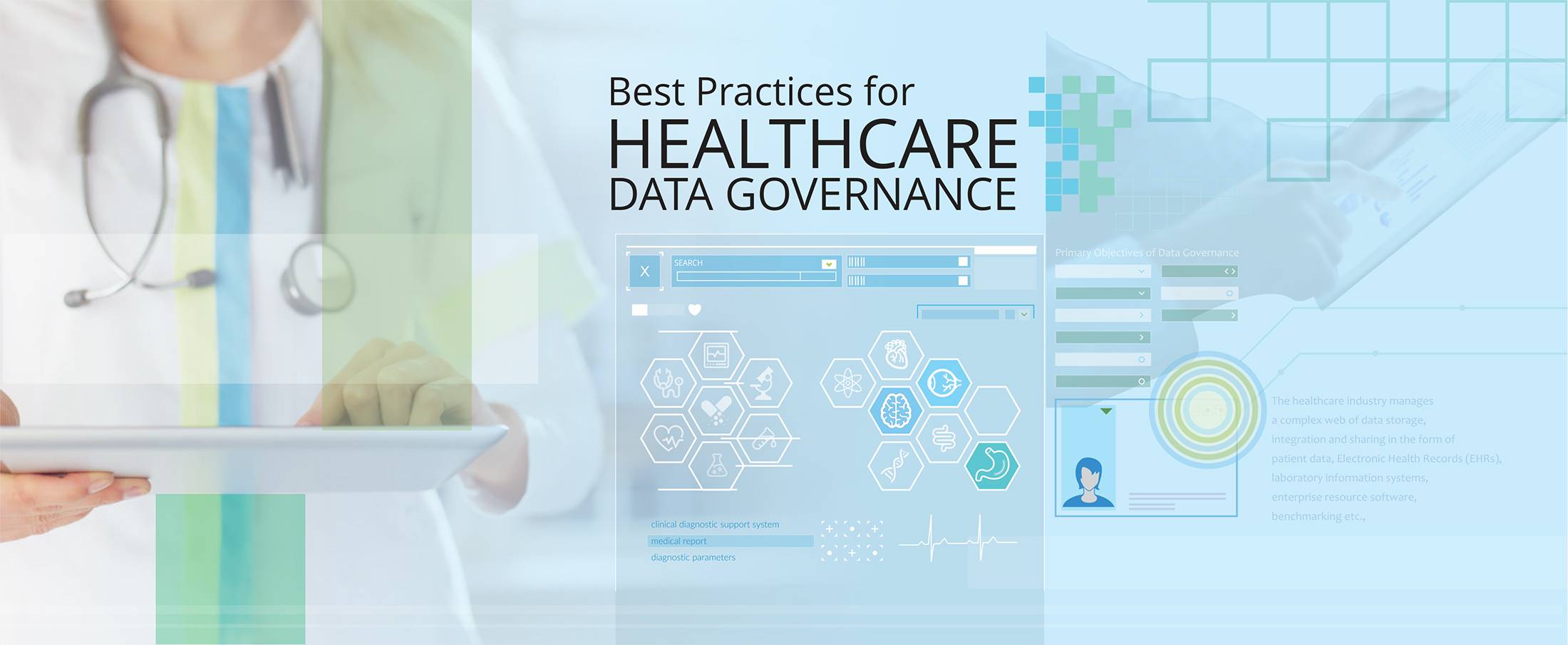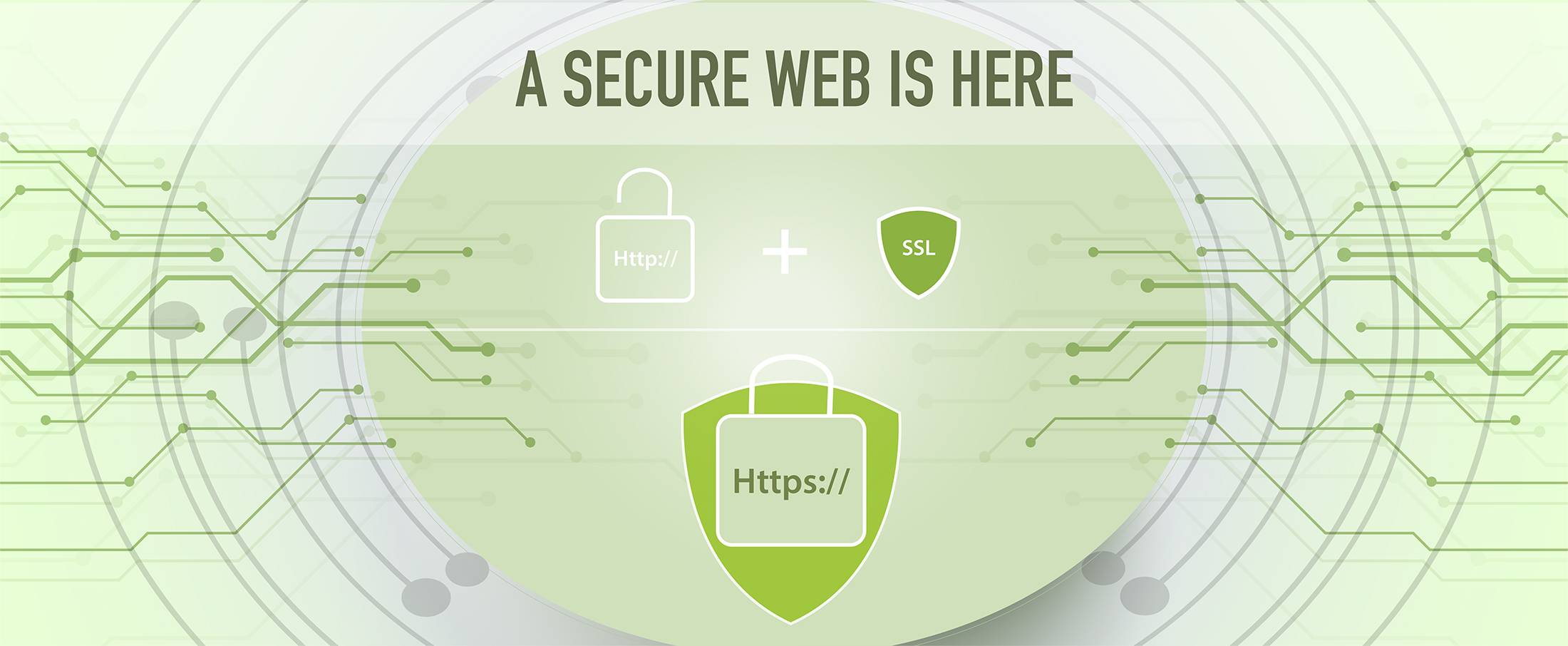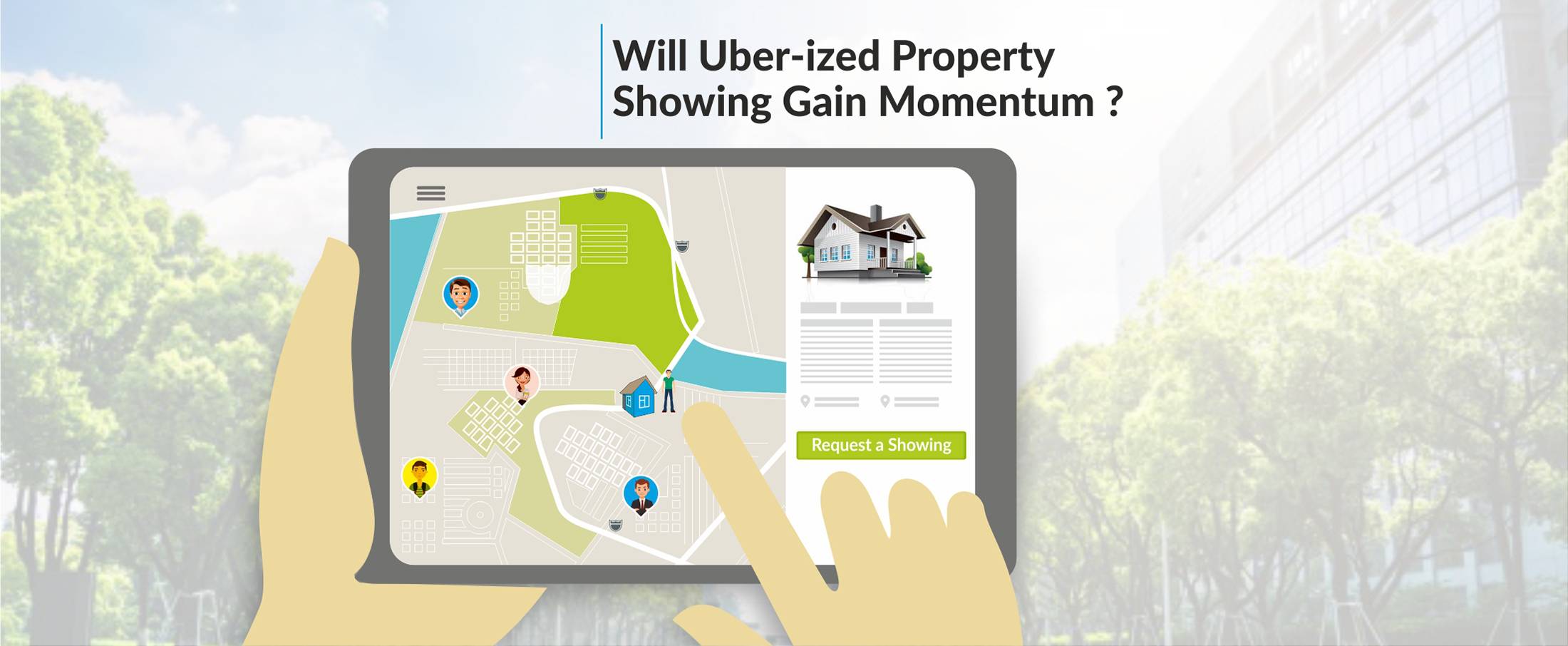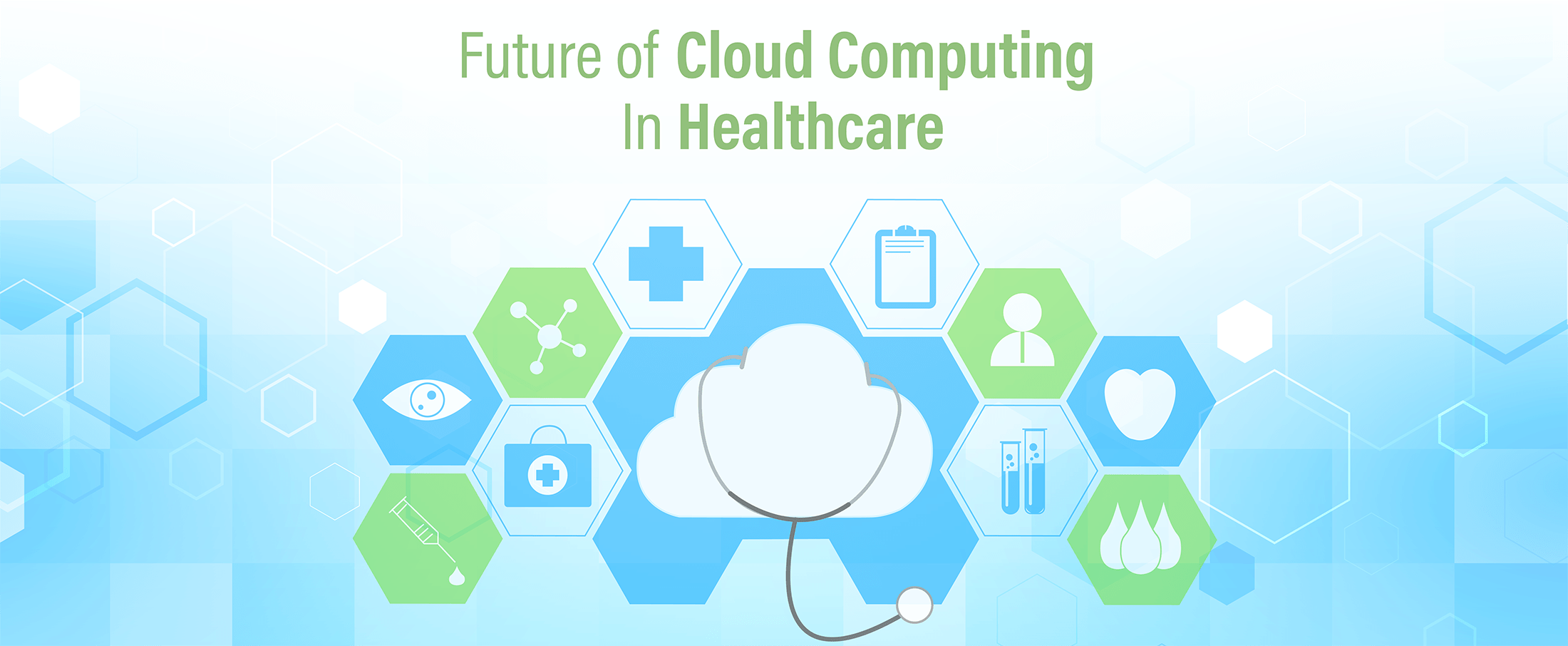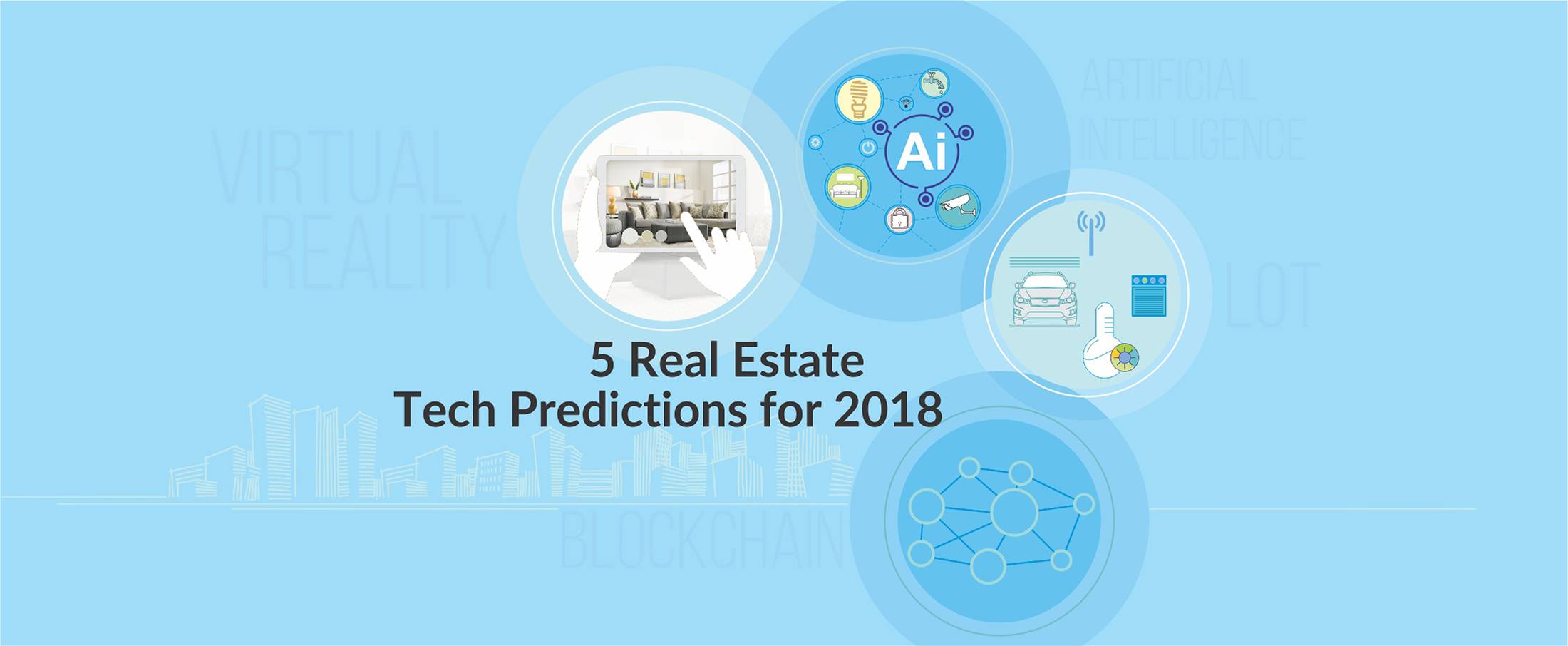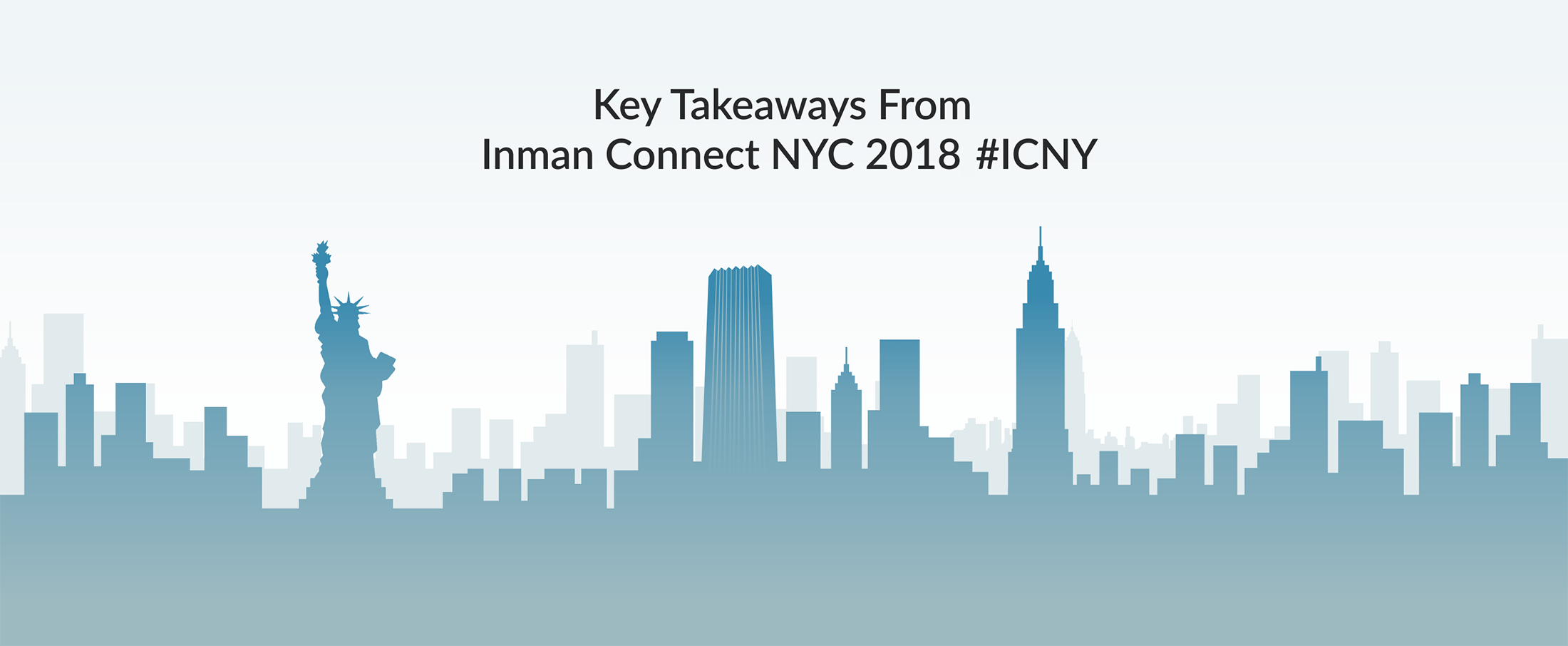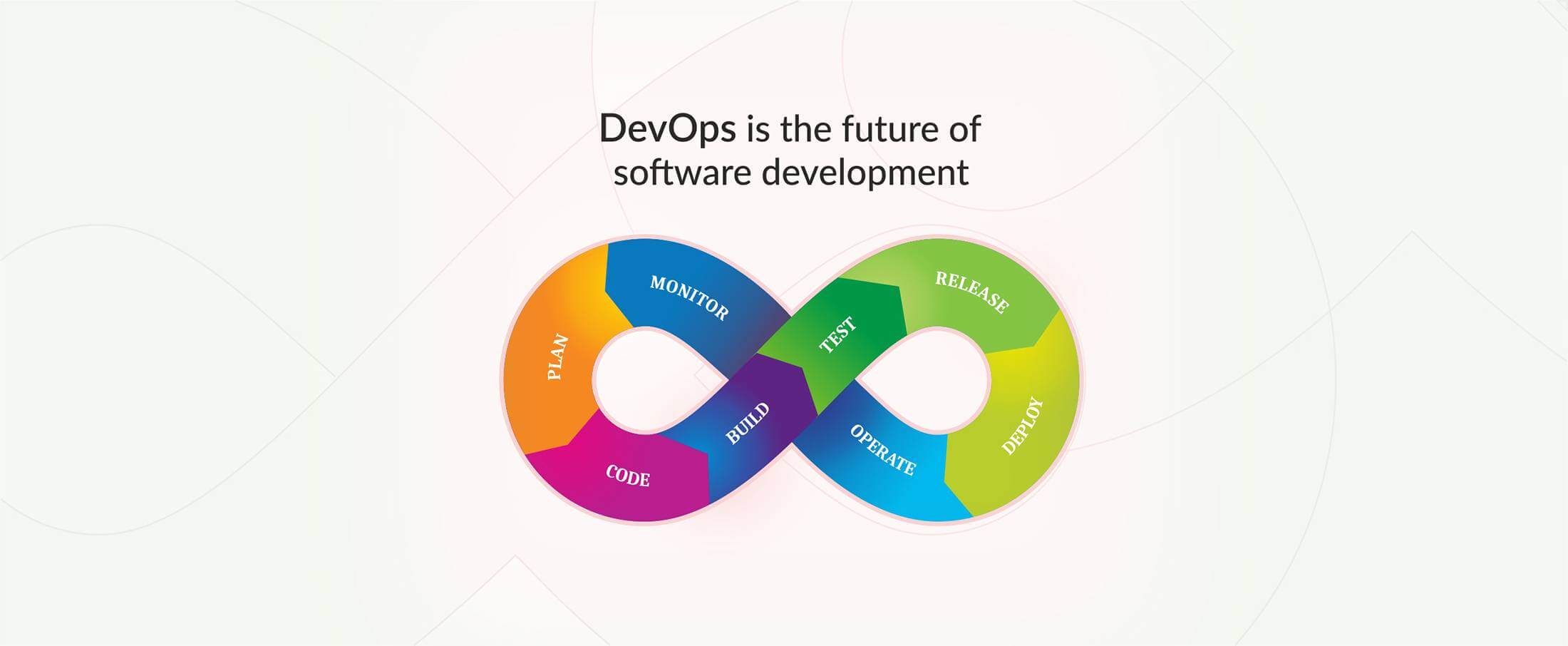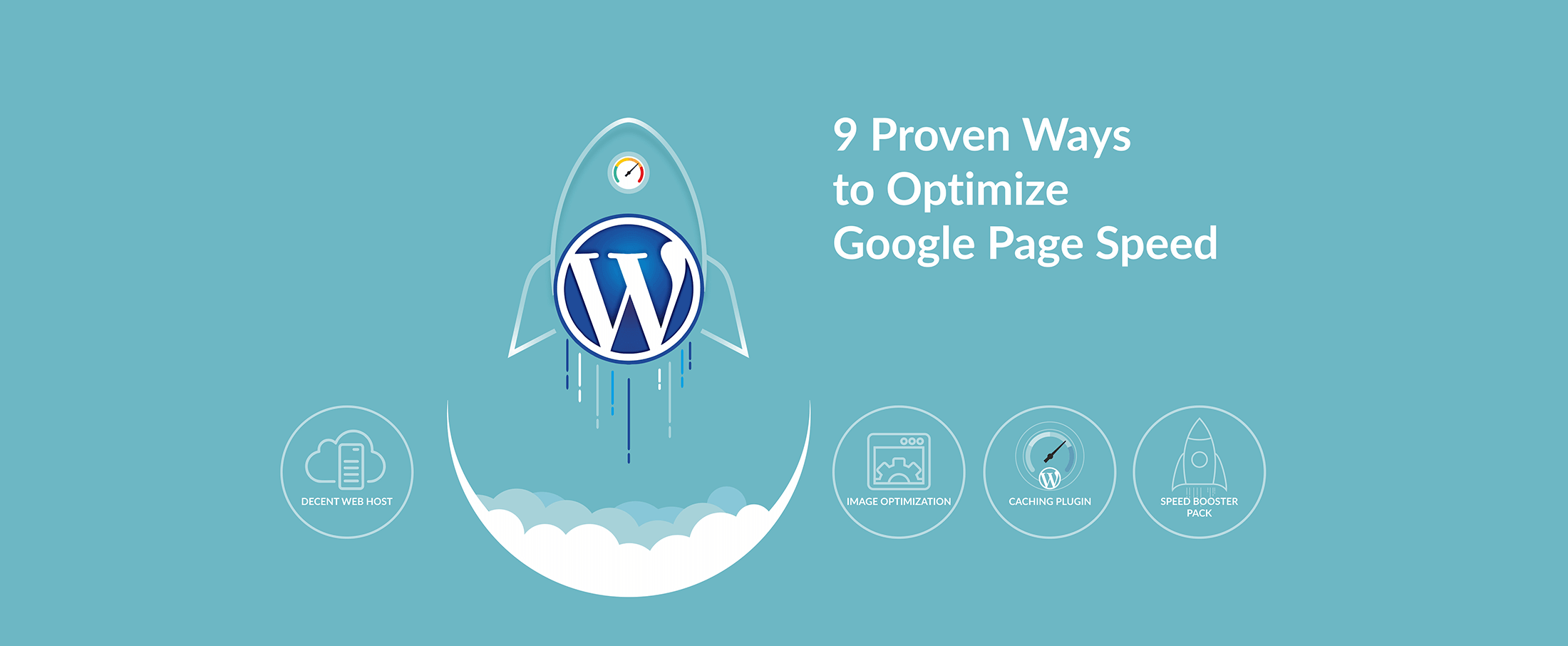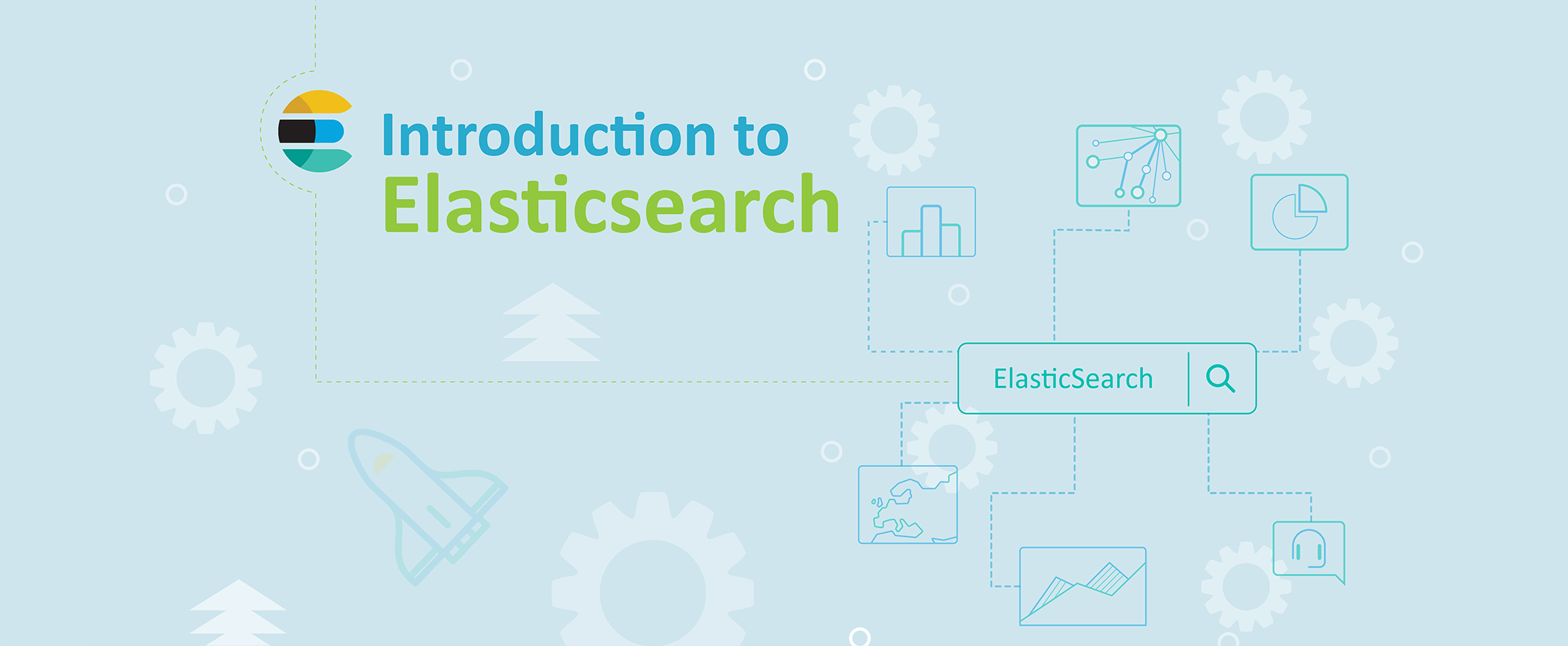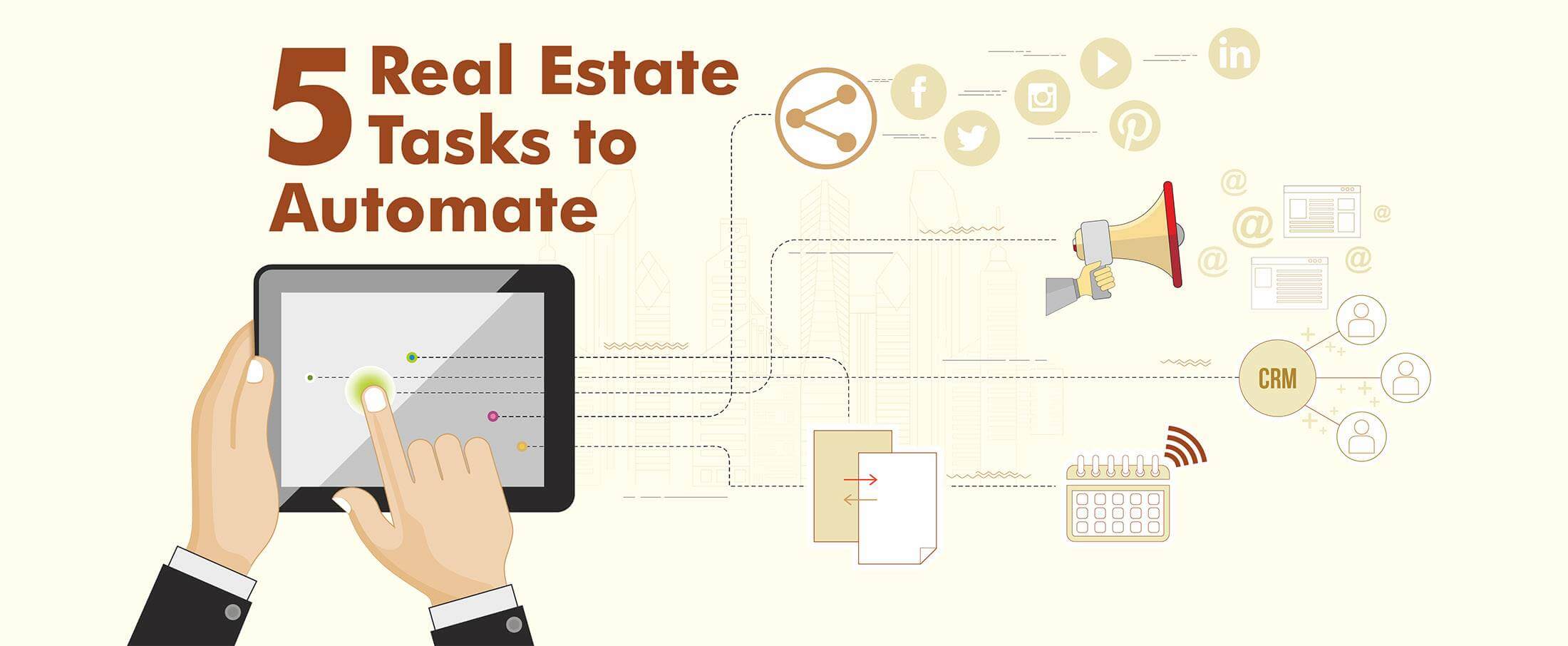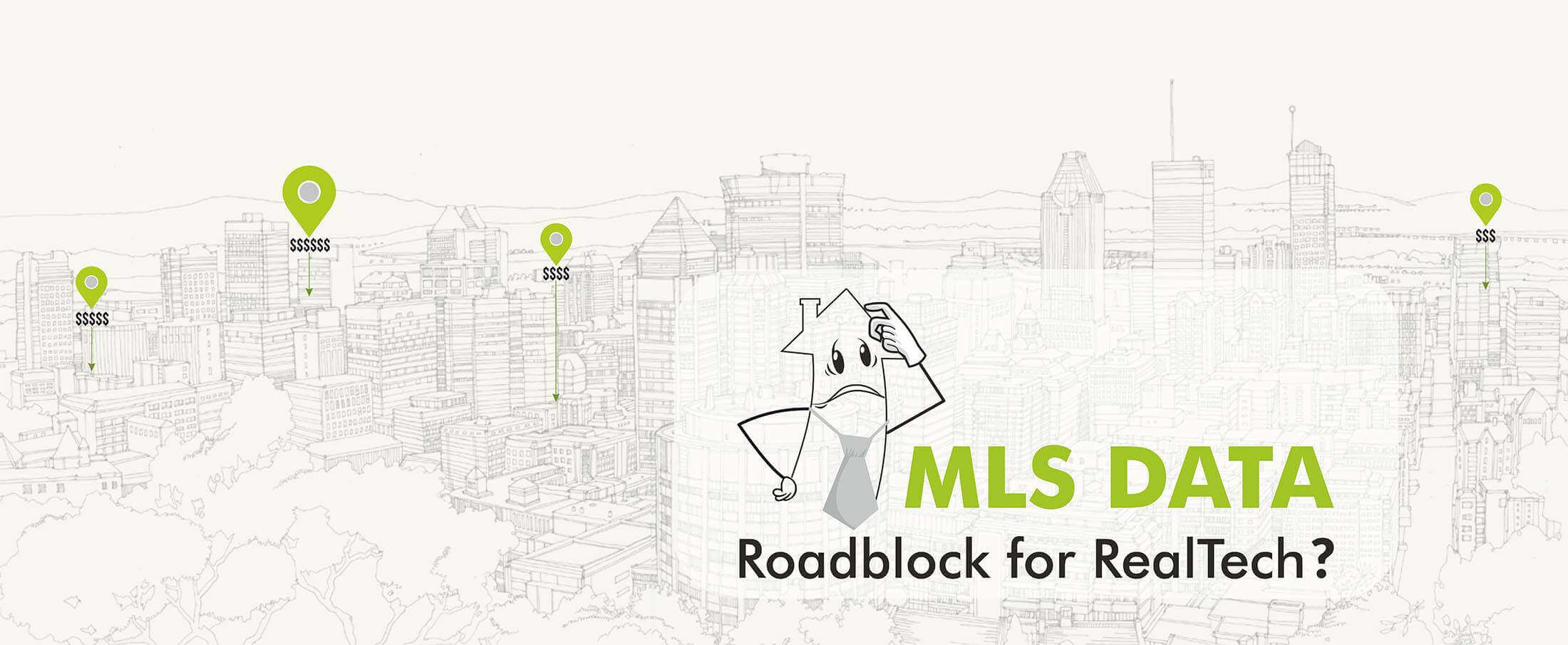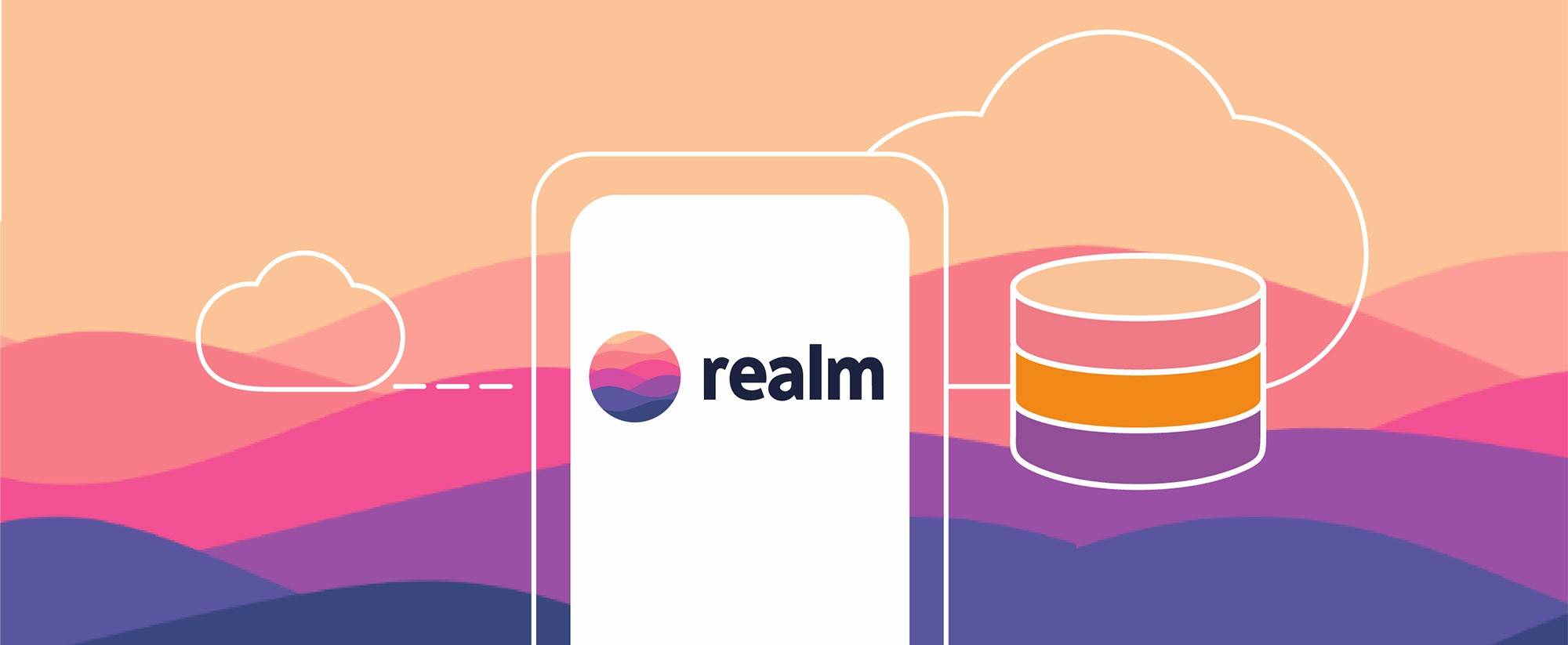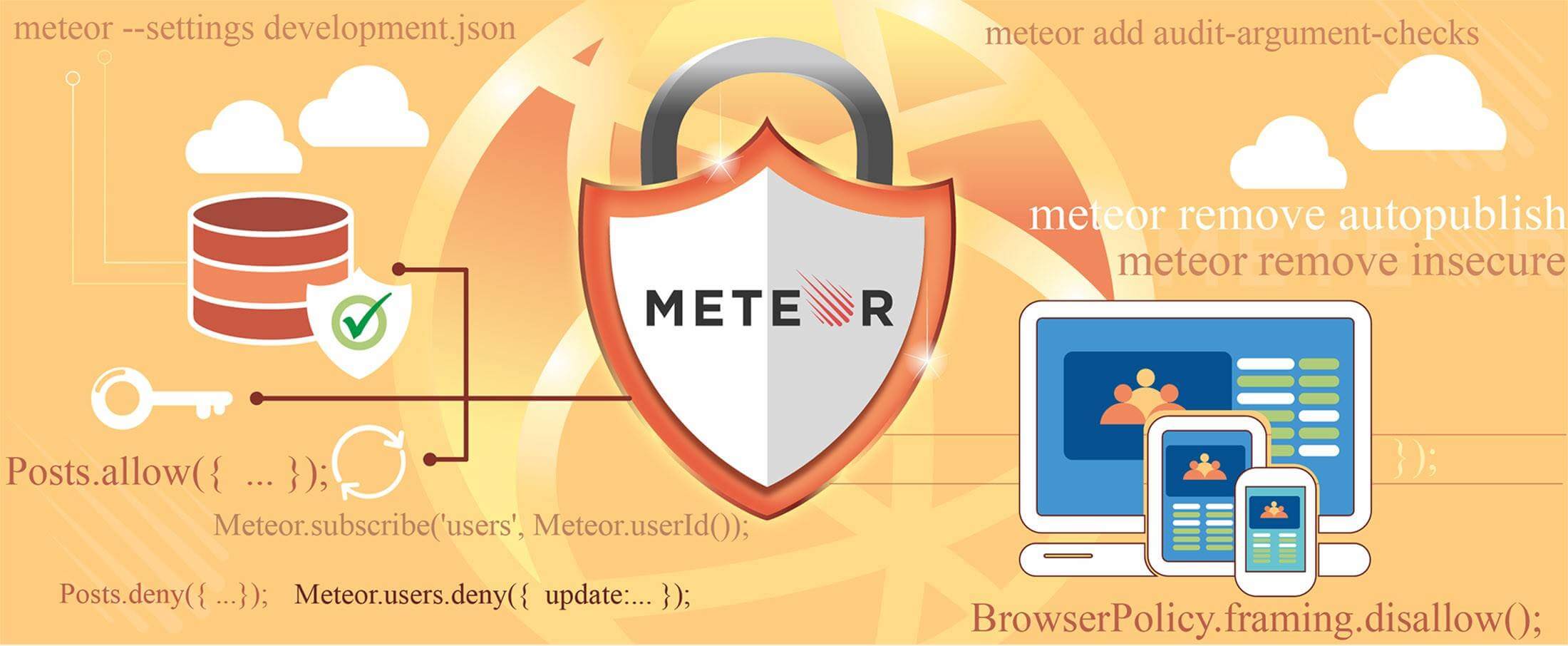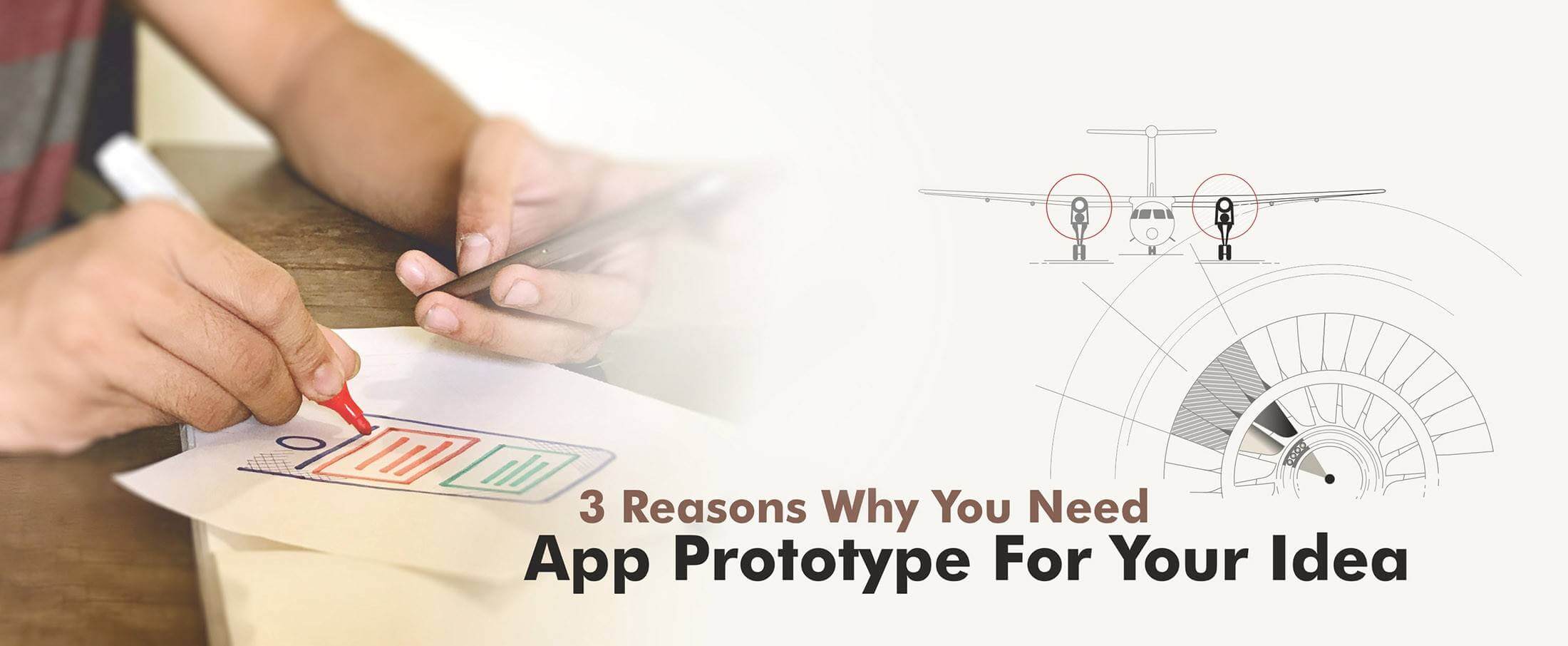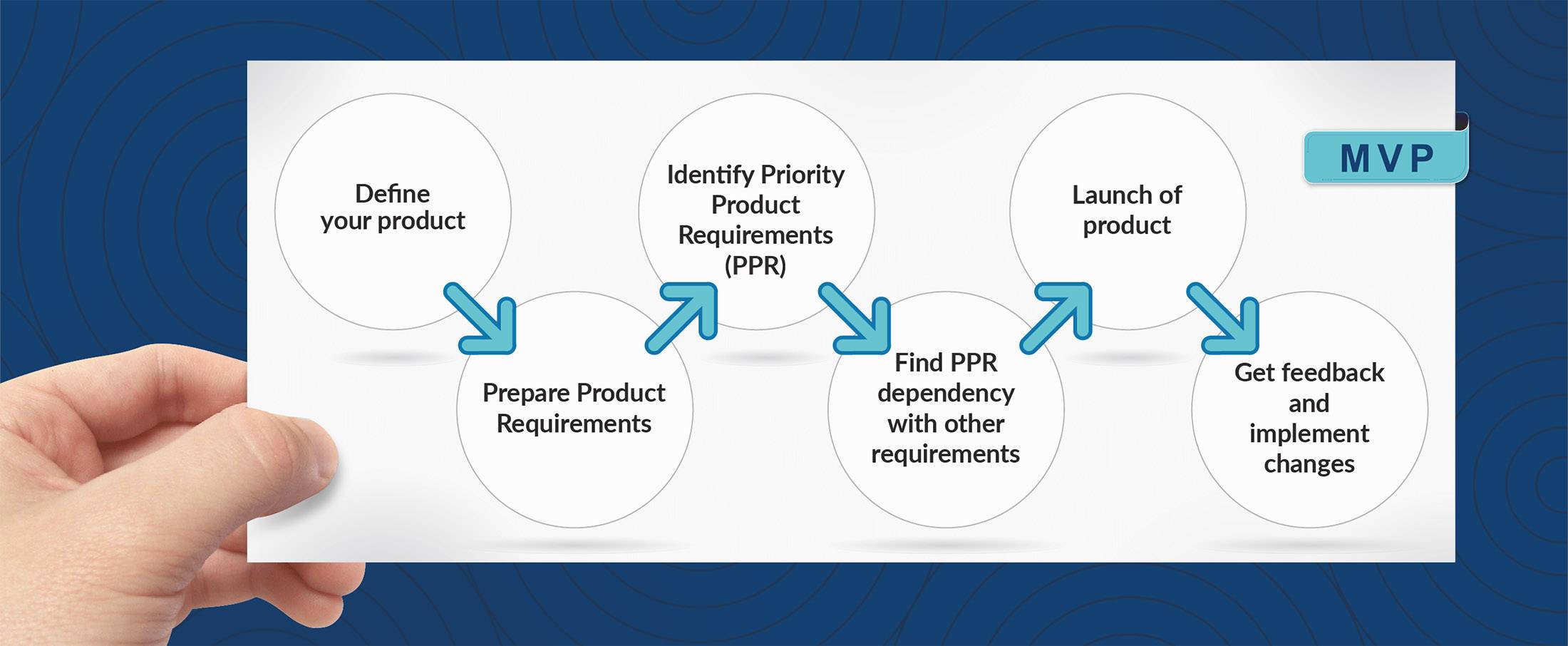Practical Use Cases of RPA in the Healthcare Industry
Practical Use Cases of RPA in the Healthcare Industry
Healthcare providers throughout the USA have to carry out numerous administrative tasks, including billing, claims, patient onboarding, making reports, collecting data and many more. These tasks though, are not directly related to administering a treatment but have always been managed manually by the staff, making the entire process tedious and cumbersome.
Another problem faced by the healthcare industry is managing and adapting to constantly changing healthcare rules and regulations. Non-compliance can lead to penalties and can affect the reputation of the healthcare provider.
This is where the technology of Robotic Process Automation(RPA) has introduced radical changes in the functioning of the healthcare industry. This technology has been seamlessly integrated into different verticals of the healthcare industry and has proven extremely useful in storing, sorting and manipulating data, processing transactions, synchronizing with other systems and reach to accurate results.
Use Cases of RPA in Healthcare
Here are some of the most interesting and beneficial aspects of integration of RPA with the healthcare industry: –
1. Simple appointment scheduling:
Today, many patients schedule appointments online. There are many details like name, age, issue, insurance details, etc. that need to be collected and organized. Patients need to be assigned slots that are available and in sync with the offline schedules.
Scheduling appointments manually is a complicated task if the staff has to combine both online and offline processes. issues. Staff also needs to update modifications in the schedule quickly. RPA bots are now easily managing this process through automation.
2. Accounts and finances
There are many finance-related activities that need to be looked after by the establishment like bills settlements, costs evaluation of treatments and tests for different payments, prescription costs, food, consultation fees, and so on. Maintaining all these records is cumbersome.
RPA bots can accurately perform all the mentioned processes without errors. This helps speed up billing-related processes and removes the possibility of wrong billing and delays. It can also handle online payments and synchronize it automatically in the accounting records.
3. Claims handling
According to the US government records, In 2017, 91.2% of people had health insurance coverage. There are many processes related to handling insurance claims like data input, verification, appeals, settlement, etc.
According to the U.S. Department of labor, 1.4 billion insurance claims are filed every year out of which 200 million are denied due to non-compliance or due to improper filing. If somehow a settlement gets late, it’d involve penalties that may spoil the reputation of the company. This why it is essential to optimize the process and automation is the best way to do it.
Adoption of RPA systems will improve the performance and productivity of the claims management system by speeding up the processes resulting in timely claim handling and settlement.
4. Discharging processes
Before discharging a patient, there are medications, prescriptions, and precautions to follow to help them recover faster and not complicate the recovery. It is difficult to ensure whether every patient is following the instructions of the doctor.Again, RPA bots can improve and help in the precision of discharge guidelines and alerting the patients for the renewal of their prescriptions. RPA systems are also helpful in improving the HCAHPS scores(Hospital Consumer Assessment of Healthcare Providers and Systems). The healthcare provider can improve the patient’s experience by providing swift and efficient healthcare and planned recovery.
5. Auditing
Everyone knows how confusing and tedious auditing is. There are reports to be generated by managing and accessing multiple activities for risk assessment. The reports need to be verified by the corresponding parties and approved in time. These processes are important for regulatory compliance and need to be done properly and without errors. They can be done effortlessly by the RPA bots. RPA bots can manage data and generate reports as per needs.
There is also an added feature of accountability, where the person approving the reports is identifiable using the RPA system.
6. Improving healthcare 360 degrees
There is a lot of personal data, information about illnesses and medicines on prescription as well as which treatment the patient is going through. The information is sensitive and needs to be protected. But dealing with so much data can also be a long task while creating databases and performing queries to extract and operate on that data.
RPA software can help record, analyze and interpret all this data for healthcare services. They can generate and optimize their operations, offer treatments with better success rates, diagnosis techniques and recovery time based on insights from the analytics.
7. Management of different operations
Healthcare institutions need to run many operations that need to work in synchronization with each other. Operations like remote monitoring, case management, coordinating services and much more. These operations make everything much simpler for the staff as well as for the patients.
RPA handles all the services in one centralized system making the workflow streamlined. This results in savings of human effort as well as costs.
The benefits to be accrued with RPAs are quite noteworthy and are definitely worth the time and resources required for its integration with the healthcare industry.
- Healthcare
- Robotic Process Automation
- RPA
- Use Cases
Mobifilia
1 April 2020
